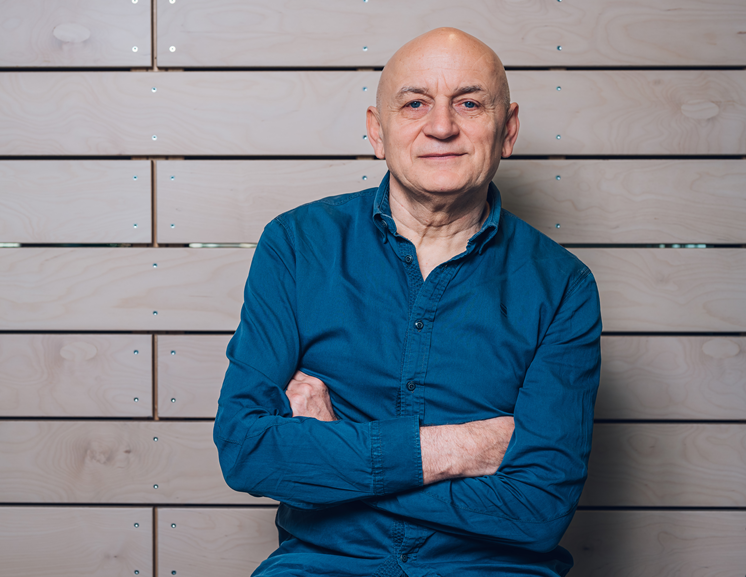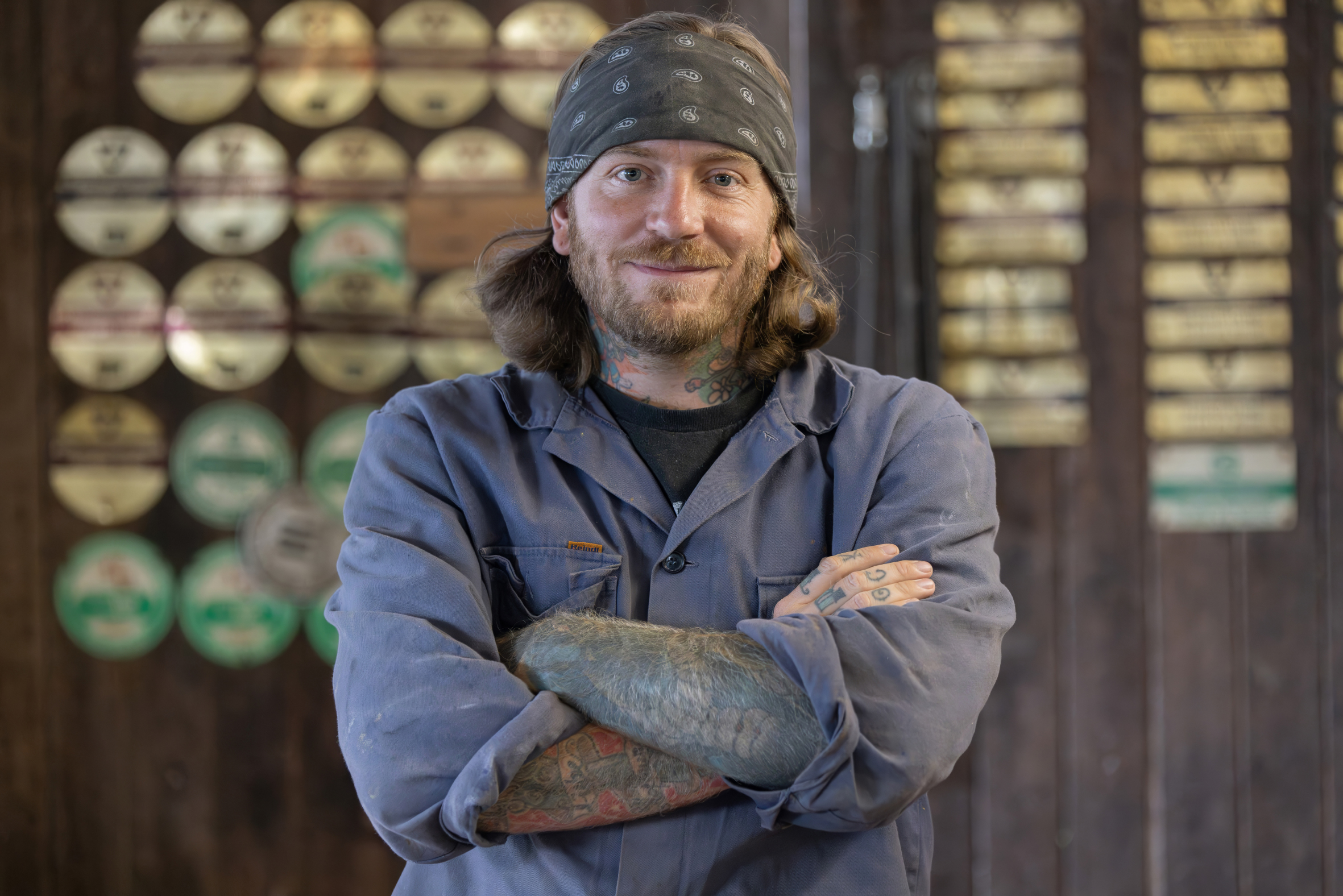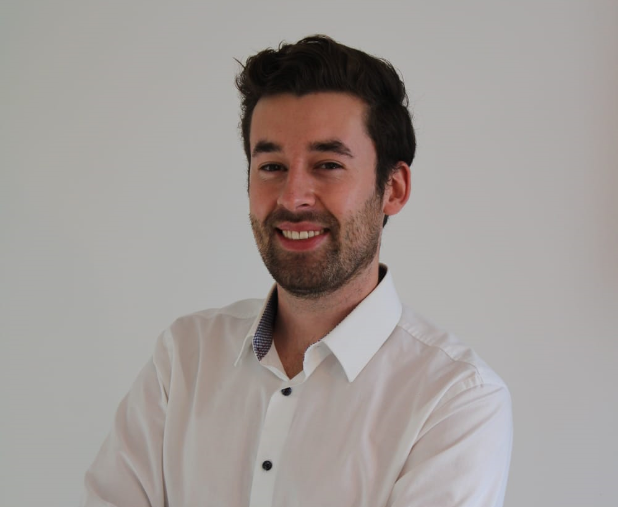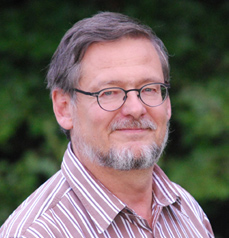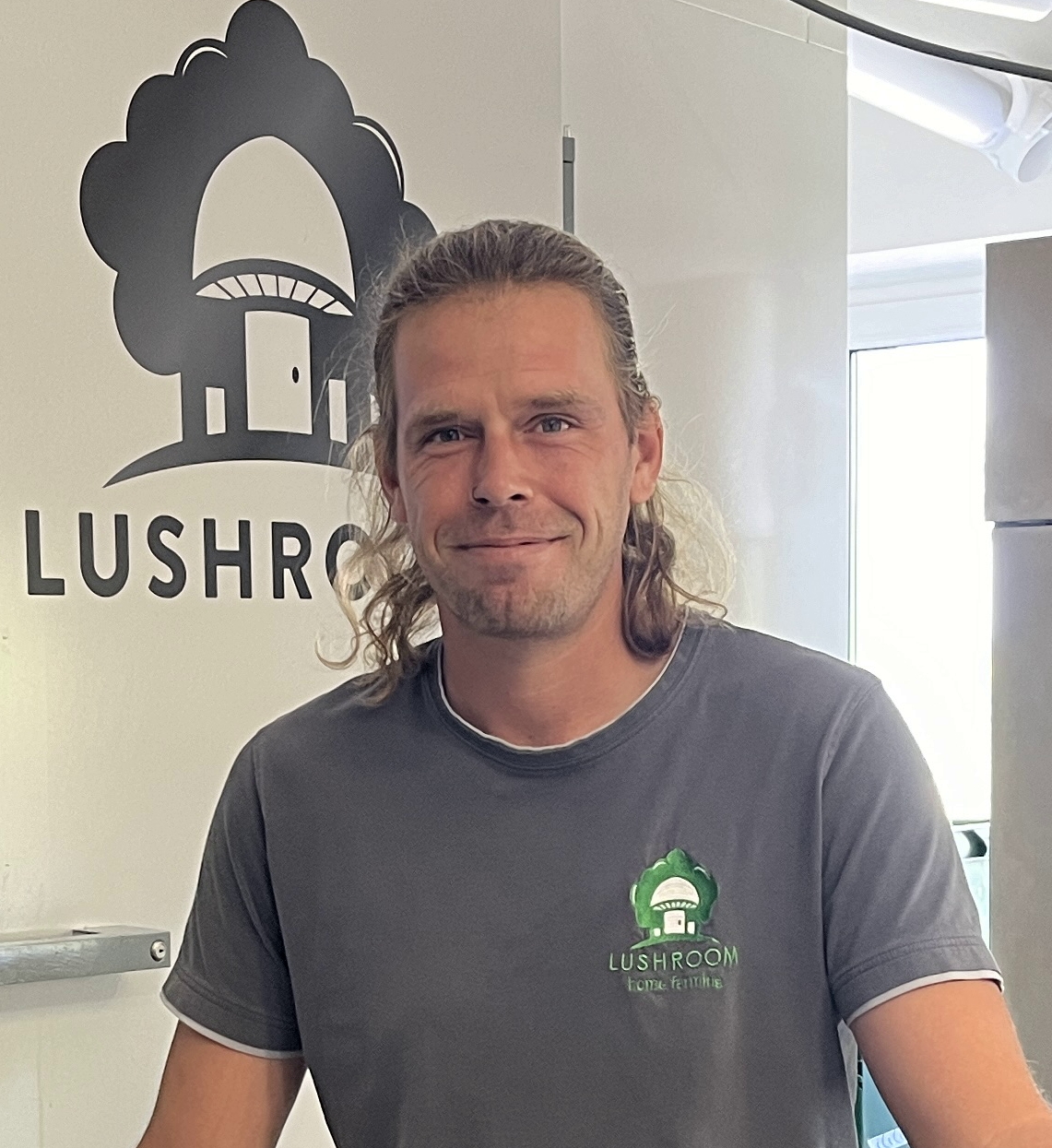
Program
3 days full of exciting contributions
The KlimaZukunft Austria 2025 offers an inspiring program with lectures and panel discussions.
Experts will present current and sustainable approaches to the topics of energy, housing, mobility, lifestyle and the future.
Discussion about economic policy framework and corporate responsibility in transformation
 AIT_Krischanz (1)-2.jpg)
AIT Austrian Institute of Technology GmbH
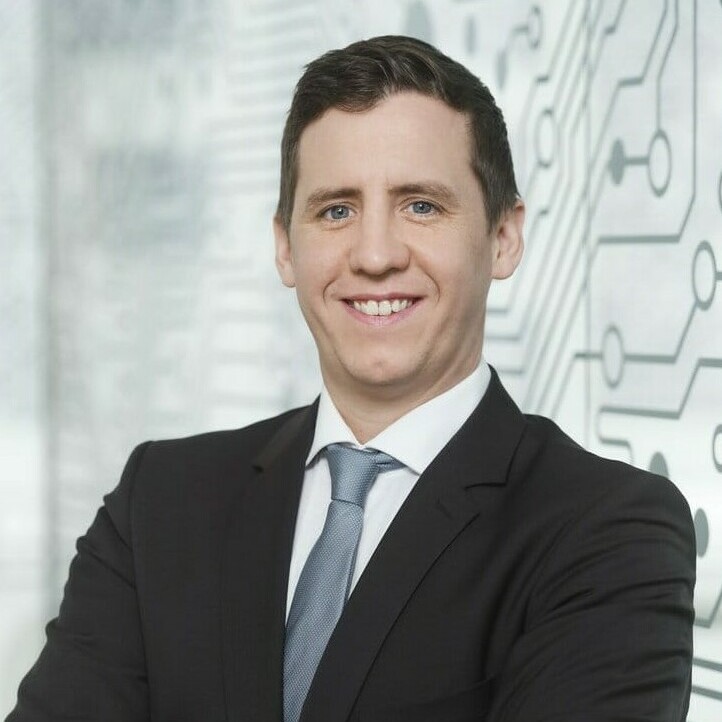
Technologieplattform Smart Grids Austria (Verein)
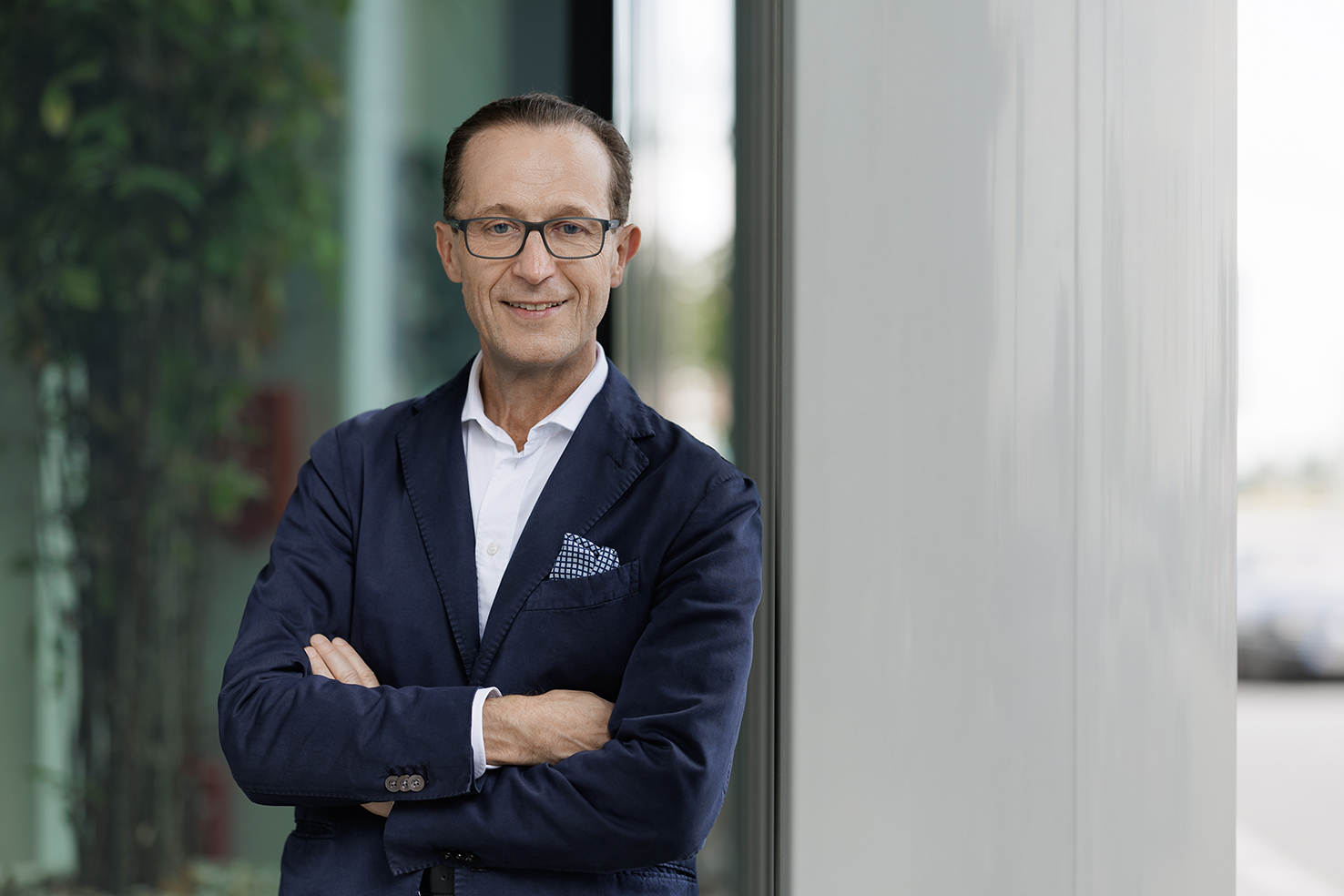
BILLA & REWE International AG
Eric Krügl.jpg)
Österreichisches Institut für Wirtschaftsforschung
_David_Bohmann_002.jpg)
Stadt Wien
 Klimafonds.jpg)
Klima- und Energiefonds
Discussion about the challenges and opportunities in transport and infrastructure development
Exchange about the role of new technologies and sustainable approaches in the construction and real estate industry.
Focus on sustainable leadership strategies, employee retention and adaptability in a dynamic working world.
The keynote provides an overview of the diverse career opportunities in the sustainable economy. It deals with the growing demand for specialists in areas such as renewable energies, environmental management and sustainable agriculture. It also provides insights into the necessary qualifications and training paths.
This lecture is about the diverse opportunities and perspectives that a master's degree in the field of environmental and sustainability offers. You will learn how such a course of study gives you the knowledge and skills you need to become an “environmental professional” and actively develop solutions to global ecological challenges.
This panel discussion addresses which professions are necessary to respond to the challenges of climate change. It’s about how targeted training and further education as well as new professional profiles can help create sustainable solutions.
Author and climate journalist Bernd Watzka reads from his new poetry collection "Dream of a Chameleon" (Wienpoesie), featuring tragicomic and humorous animal poems about climate change and its impact on fauna. The unique aspect of these post-anthropocentric poems: animals are always at the center, never humans.
The lecture offers insights into the principles of sustainable and responsible climate reporting and shows how journalists can contribute to reflecting the urgency of the climate crisis appropriately in the media.
The circular economy as a driver of innovation: How we can reduce textile waste” shows how innovative approaches such as second-hand, upcycling and technological solutions can reduce textile waste and conserve resources. Neworn illustrates how sustainability and economics are combined through circular models to create a better future.
The presentation focuses on the role of regional planning in tackling the climate crisis. It will shed light on how regions can counter the consequences of climate change through forward-looking planning and coordinated action.
This presentation highlights the ten measures that are being implemented as part of the Waldfonds to meet the challenges of climate change. The focus is on reforestation, the creation of climate-resistant forests, the prevention of forest fires and the conservation of forest biodiversity. Find out how these measures help to make forests fit for the future and secure their role in the ecosystem.
The presentation will highlight the growing career opportunities in sustainable professions and offer insights into the qualifications required as well as the benefits and challenges of these professions.
In this panel discussion, experts will discuss how a sustainable society can be shaped by talking about approaches to resource conservation, innovative technologies, environmentally friendly practices and social responsibility.
In his lecture, Jakob Selinger talks about the possibilities that virtual reality brings to training, what gaps it closes and how it makes training more inclusive. Immersing yourself in an immersive world of the future can be experienced.
The presentation highlights the innovative approach of REPLOID Group AG from Wels, which utilizes insect larvae to transform regional organic waste from agriculture and the (food) industry into high-quality raw materials. This approach, aligned with the principles of the circular economy, enables significant savings of natural resources in the production of animal feed and organic fertilizers, while also reducing greenhouse gas emissions.
The aim is to overcome the dependence on oil, gas and coal for heat supply by 2040. Heating, hot water preparation and cooking should become emission-free. This requires a switch to highly efficient district heating or renewable energy sources such as geothermal energy.
This presentation will introduce the various subsidies available for the energy-efficient refurbishment of buildings. Practical tips on how to apply and advice on how to make optimum use of the subsidies to reduce refurbishment costs will also be discussed.
The presentation will focus on the use of wind energy as a sustainable energy source. It will also address the benefits of wind energy, such as its ability to provide continuous energy and contribute as a reliable source of renewable energy. However, in addition to the benefits, the challenges and environmental impacts will also be addressed.
Start-ups are key drivers of sustainable innovations in the fields of energy and housing. With their technologies and ideas, they create practical solutions to use energy more efficiently and make living spaces more climate-friendly. In doing so, they make a significant contribution to achieving our climate goals and ensuring a livable future.
This panel discussion will discuss how renewable energies can help reduce greenhouse gases and what challenges and opportunities exist for their expansion and further integration into our energy system.
The presentation will present a successful example of biogas plants specifically designed for agricultural operations. Best practices for the design, installation and operation of biogas plants will be explained, including the selection of suitable substrates, the optimization of the fermentation process and the use of the energy produced.
In 14 hours, the sun supplies as much energy as all households and businesses need for heat throughout the year. We should use them instead of burning enormous amounts of oil and gas for hot water and heating.
The lecture highlights the problem of the release of carbon dioxide through the combustion of fossil fuels and shows how the use of green energy leads to carbon in a closed cycle and can thus contribute to solving the CO2 problem.
This lecture provides a comprehensive overview of modern technologies and best practices for improving the energy efficiency of buildings.
The challenges in terms of climate protection and energy supply security are diverse. The building sector is responsible for around 35-40% of carbon emissions! The savings potential is enormous and climate neutrality in the building sector is absolutely necessary. The passive house standard can make an important contribution to this, because the most sustainable energy is the energy that doesn't have to be generated in the first place. “Energy efficiency is the first renewable energy!” With the passive house concept, energy consumption can be reduced by up to 90% compared to existing buildings; compared to national requirements, the passive house is 3-5 times more efficient!
In this lecture, an overview of the concept will be given, tools will be presented and implemented examples will be shown.
The presentation deals with the development and advantages of smart grids. It explains how smart grids can use modern technologies to make energy distribution more efficient and flexible, better integrate renewable energies and increase security of supply.
The lecture shows where it is easy to save energy within your own four walls: in heating, electricity and hot water. Saving energy means reducing the use of resources and using less fossil energy. This is not only good for your wallet, but also for the climate. The concept of the ecological handprint as a supplement to the ecological footprint is also explained.
The lecture offers practical tips for implementing a redevelopment and explains how to successfully carry it out step by step.
The climate crisis can only be overcome by transforming the existing city. New construction, no matter how well built, is just the icing on the cake! We must learn to recognize the value of what already exists and use its potential for a good life for all.
The lecture presents various funding programs and financing options that help owners to renovate their buildings in an energy-efficient and sustainable manner.
Sustainable energy in the household means optimizing consumption in a targeted manner and protecting the environment through simple energy-saving tips. This not only reduces CO2 emissions, but also energy costs - a win for the climate and your wallet. Anyone who also relies on renewable energies such as solar power makes their home future-proof and independent.
In this panel discussion, experts from various disciplines exchange their views on future building construction.
The lecture will examine how green roofs can help solve urban problems. It will show how these green spaces improve the urban microclimate, increase air quality and manage stormwater more efficiently. The lecture will also highlight the benefits of green roofs for the energy efficiency of buildings, provide insights into successful implementations and discuss the challenges and solutions in the planning and maintenance of green roofs.
The lecture shows how gardens can be adapted to the challenges of climate change. Practical tips and techniques will be presented on how to make gardens more resilient to extreme weather conditions and environmental influences through targeted plant selection, water-saving irrigation systems and sustainable maintenance methods.
The lecture highlights how the generation of renewable energies must also take the environment and nature into account. In order to make do with the quantities that can be made available, energy efficiency is the highest priority.
This panel discussion will examine the feasibility and challenges of energy-independent living. Experts will discuss how realistic it is to supply houses and apartments entirely with renewable energy, which technologies make this possible and which economic and practical hurdles must be overcome.
Der Vortrag beschäftigt sich mit den verschiedenen Arten von Verpackungen, die wiederverwertbar sind, und deren Bedeutung für den Umweltschutz. Der Fokus liegt auf den Vorteilen der Verwendung recyclebarer Verpackungen, wie der Reduktion von Abfall und der Schonung natürlicher Ressourcen. Zudem werden Herausforderungen und Einschränkungen angesprochen, wie die Notwendigkeit der richtigen Trennung und Aufbereitung der Materialien.
The lecture deals with the development and implementation of networked transport systems. Innovative technologies and concepts that enable efficient, sustainable and intelligent mobility in urban areas are presented, as well as the advantages of these systems for traffic safety, environmental protection and quality of life.
Learn how smart charging solutions in urban areas and at scale not only efficiently power electric vehicles but also actively contribute to stabilizing power grids and energy markets. Discover how dynamic load management drives the mobility transition sustainably – forward-looking and innovative!
The panel discussion will address the perspectives and challenges of climate-conscious mobility. The experts will discuss strategies for reducing CO2 emissions in transport, the integration of sustainable transport solutions and the practical challenges in implementing environmentally friendly mobility concepts.
The lecture explains the concepts of recycling and upcycling and their role in conserving resources and protecting the environment.
The lecture deals with the integration of sustainable and environmentally conscious investment strategies into personal financial planning. The lecture explains how investors can align their financial goals with a commitment to environmental and social responsibility.
Viktoria Peschl presents her sustainable fashion label "Viktoria & Viktor" and Martina Schneider presents her sustainable fashion label "Soova Kindermode".
As part of the “Climate Future Austria” trade fair, Viktoria, founder of the Viennese fashion label Viktoria&Viktor, and Nadine, co-founder of the Austrian Fashion Revolution and founder of MONTREET, invite you to an exciting lecture on the topic of sustainable and ethical fashion. Together they shed light on how fashion can be made more environmentally conscious with local production structures and circular concepts.
They talk about the current legal framework for sustainable textile production and the circular economy and focus on the challenges and opportunities of local fashion production. Together they present concrete approaches on how we can consume fashion more consciously and sustainably - from general tips to practical examples, such as the capsule wardrobe concept.
The lecture addresses the transition from a linear economic model based on consumption and disposal to a circular approach that conserves resources and minimizes waste. Sustainable action is not a sacrifice, but the path to clean air, fresh water, fertile soil and respectful and safe coexistence. It is up to all of us to lead the way, to create visions for the future and to shape our world in a sustainable and positive way.
This lecture highlights the central role of the oceans for the survival of mankind, as every second breath comes from the sea. It shows how crucial the oceans are for the climate, the air we breathe and the health of our planet. The message of the lecture is: if the sea dies, mankind dies. Through conscious decisions and small changes in everyday life, each of us can contribute to saving the oceans.
It is nothing new that climate protection is currently the biggest challenge. But perhaps tourism, and especially the mobility of travel, also makes a major contribution to climate change.
We can all contribute to climate protection and thus the preservation of our favorite destination by making conscious decisions when planning our vacation.
In the panel discussion, approaches and challenges for environmentally conscious travel practices will be discussed. The experts will discuss how travelers and tourism providers can work together to reduce the carbon footprint, what sustainable travel options are available and how tourism can contribute to the preservation of nature and culture.
The circular economy is of central importance to us and we are committed to building a consumer-friendly and efficient single-use deposit system, which at the same time reduces waste in nature. It is also particularly important to us to make the valuable resources of metal and plastic available to producers for new beverage bottles and cans. Resource conservation and sustainability are important topics that are very important not only to us, but also to the Austrian population.
It is up to each individual to bring about positive change with their actions. Planet Matters inspires young people through social media to move from standstill to action and see environmental protection as a fulfilling task - even simple actions like picking up trash in nature make a real difference.
The presentation offers practical tips and strategies for minimizing waste and promoting a sustainable lifestyle. It explains how individuals can implement a zero-waste approach by making targeted changes to their consumer behavior and lifestyle in order to reduce waste and conserve resources.
In this presentation, the Biohotel Retter provides insights into environmentally friendly hotel concepts and sustainable practices. Innovative approaches to the integration of nature, energy efficiency and resource conservation will be presented, enabling guests to enjoy an environmentally conscious stay.
In a world where sustainability and environmental protection are becoming increasingly important, green marketing is becoming a central component of responsible corporate management. This presentation highlights how targeted, authentic marketing strategies can not only improve a company's image, but also actively contribute to conserving resources and protecting our planet.
In recent years, livestock, especially cattle, have not been left in a good light. They are seen as the epitome of climate change and damage. Georg Fleckl, Sustainable Food Manager, explains that this does not have to be the case.
The lecture highlights how companies can promote modern and sustainable mobility solutions through company bike leasing. It shows the advantages for employers and employees, such as cost savings, employee satisfaction and environmental friendliness. The lecture offers practical insights and examples of success that illustrate why company bike leasing is a sustainable model for corporate mobility.
This panel discussion is about how conscious nutrition can both reduce the ecological footprint and promote sustainable, humane agriculture.
Nutrition is an essential lever through which consumers can influence environmental protection. It’s not just about keeping the ecological footprint of consumption as small as possible.”
Program subject to change and additions.
Info & Contact
23-26 January 2025
MARX HALLE Vienna
info@meineklimazukunft.com
© 2024

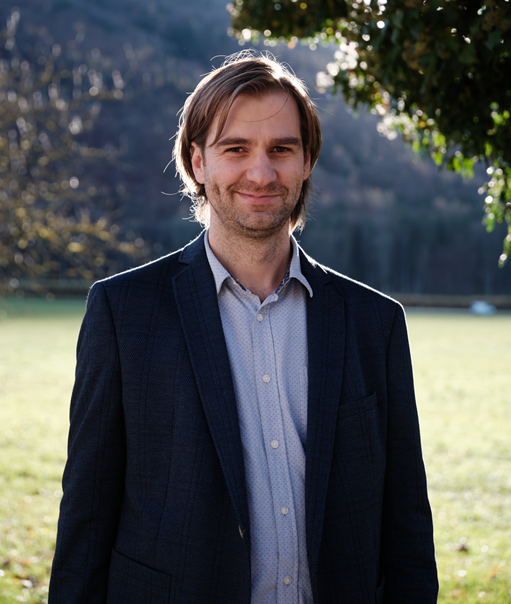
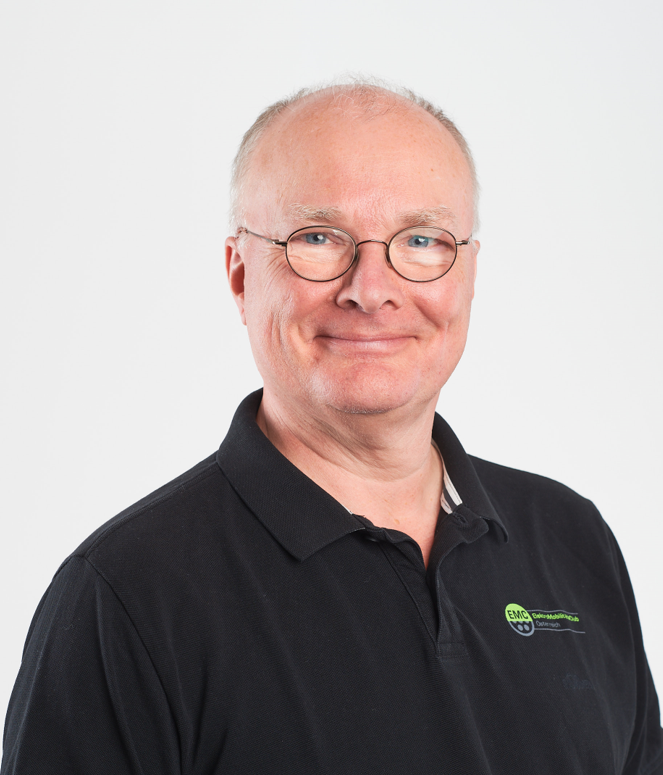
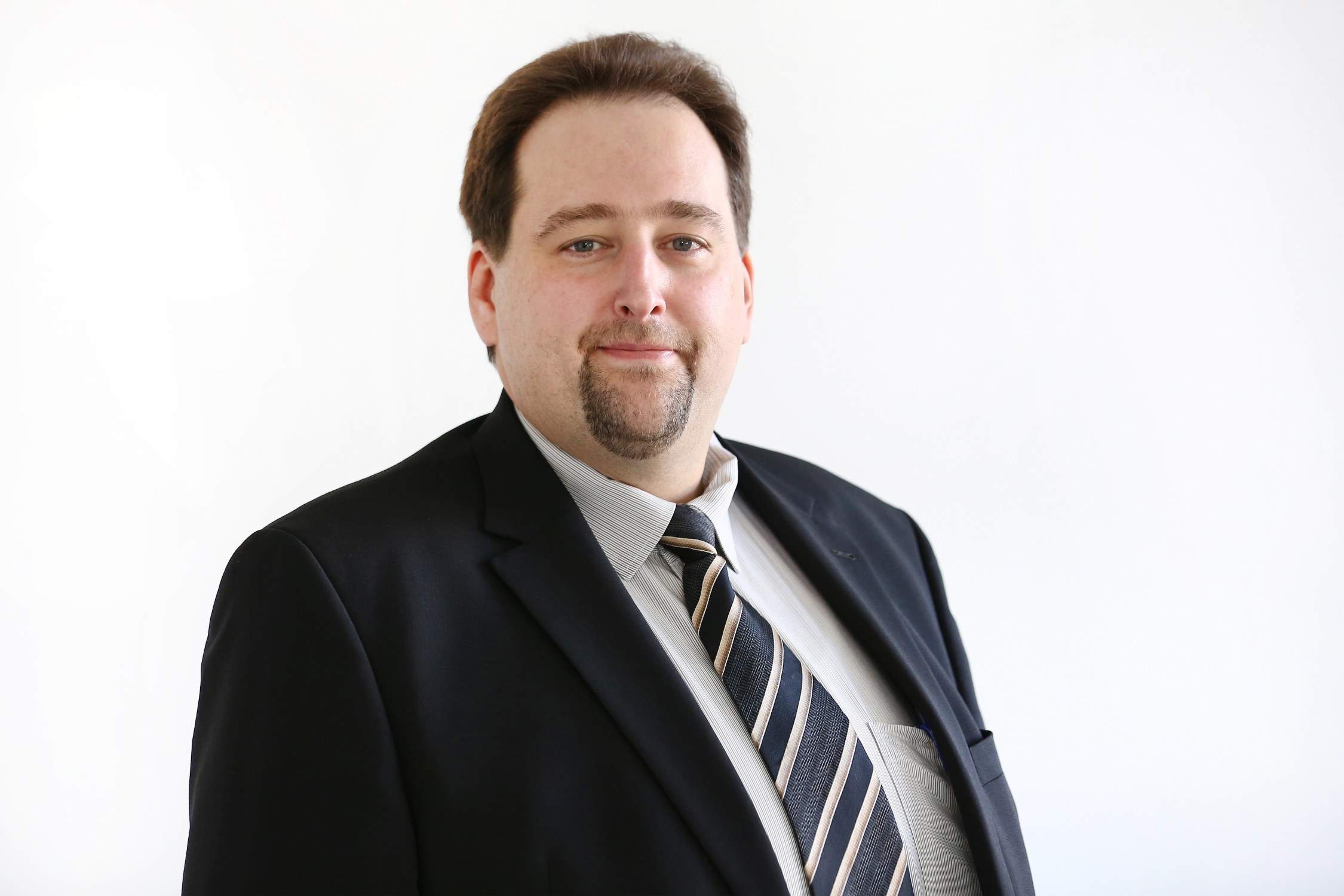
 ÖBB_Marek Knopp.jpg)
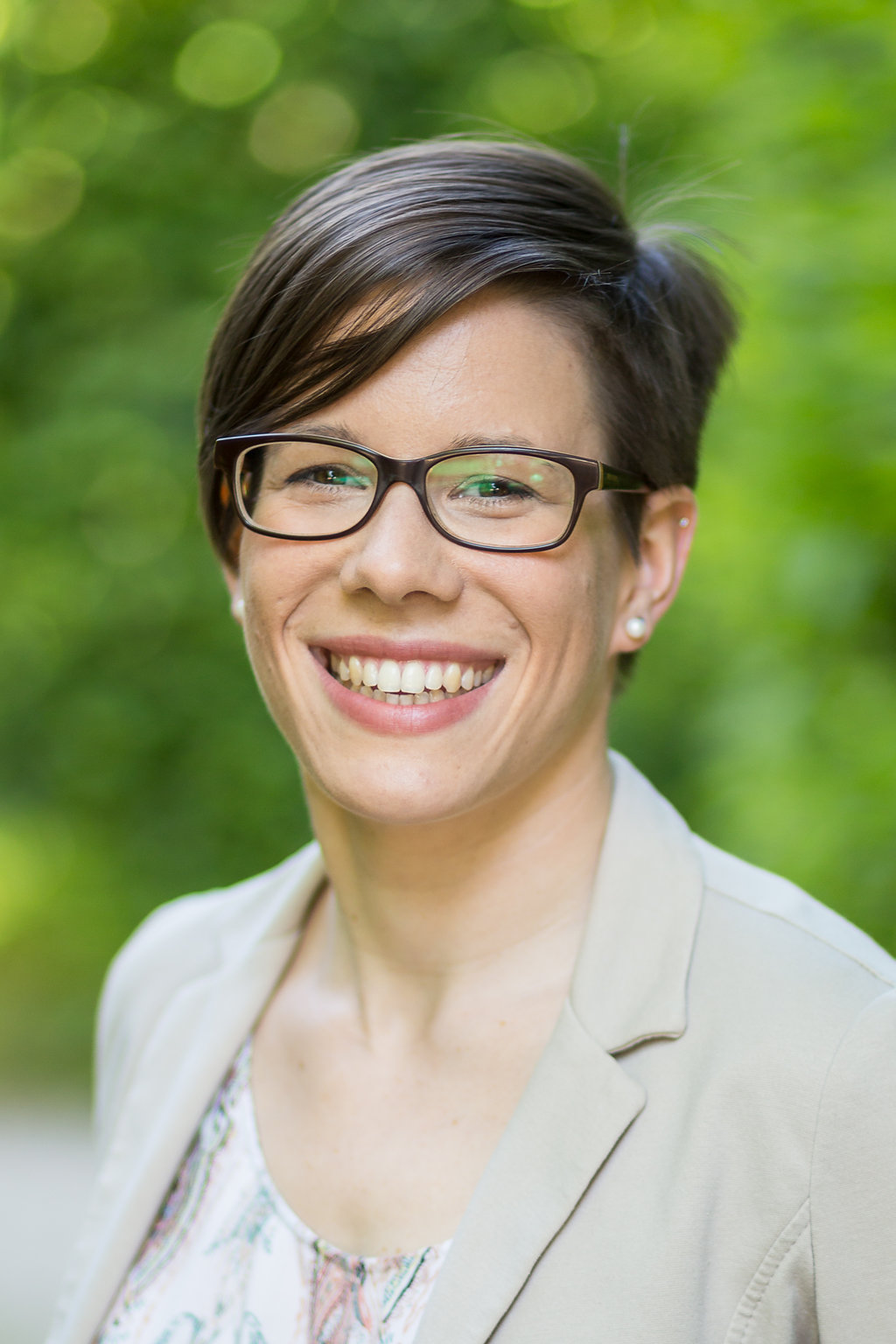
 ÖBB_Lukas Leonte.jpg)
Freisteller.png)
Thomas Laimgruber.jpg)
Fotowilke.jpg)
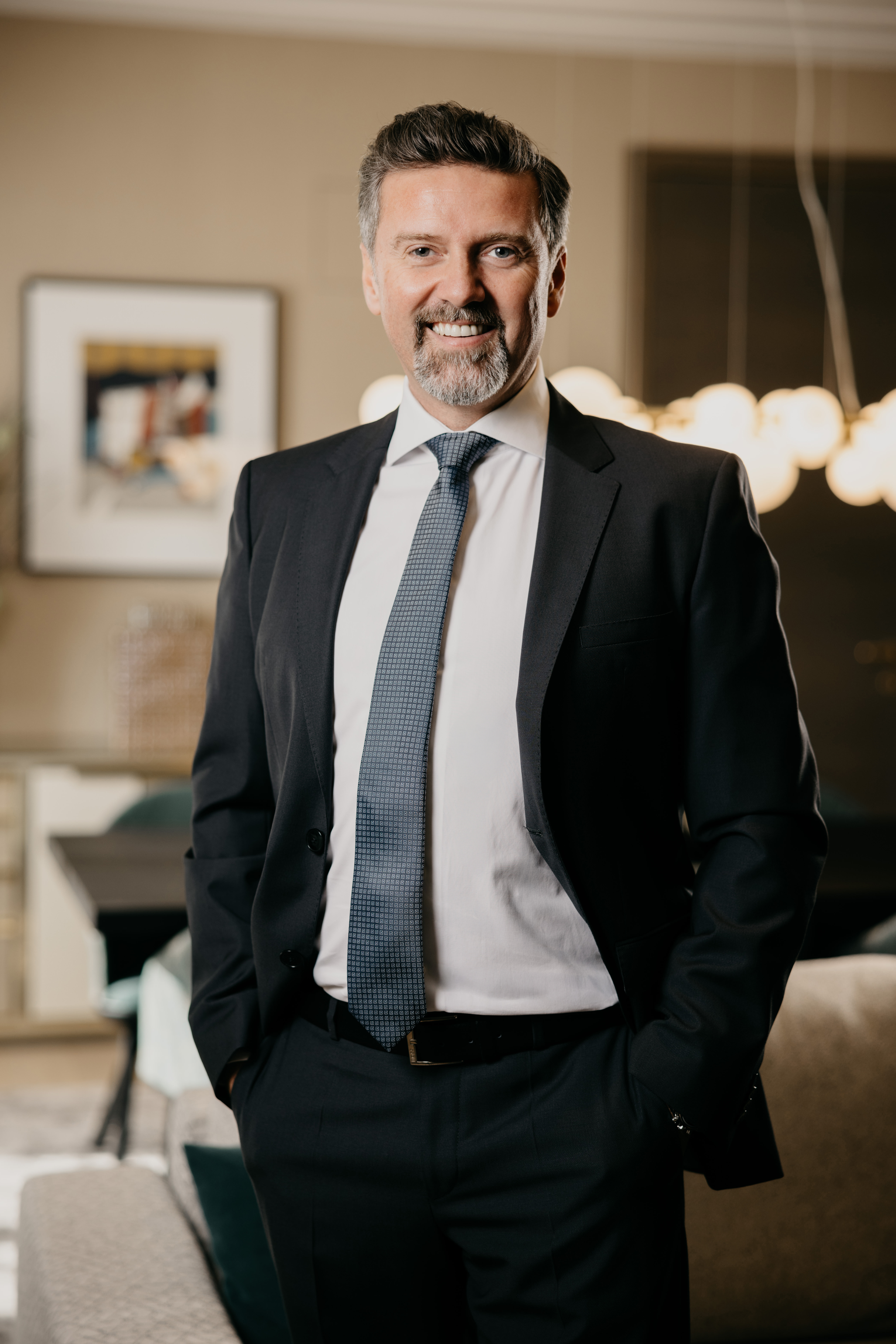

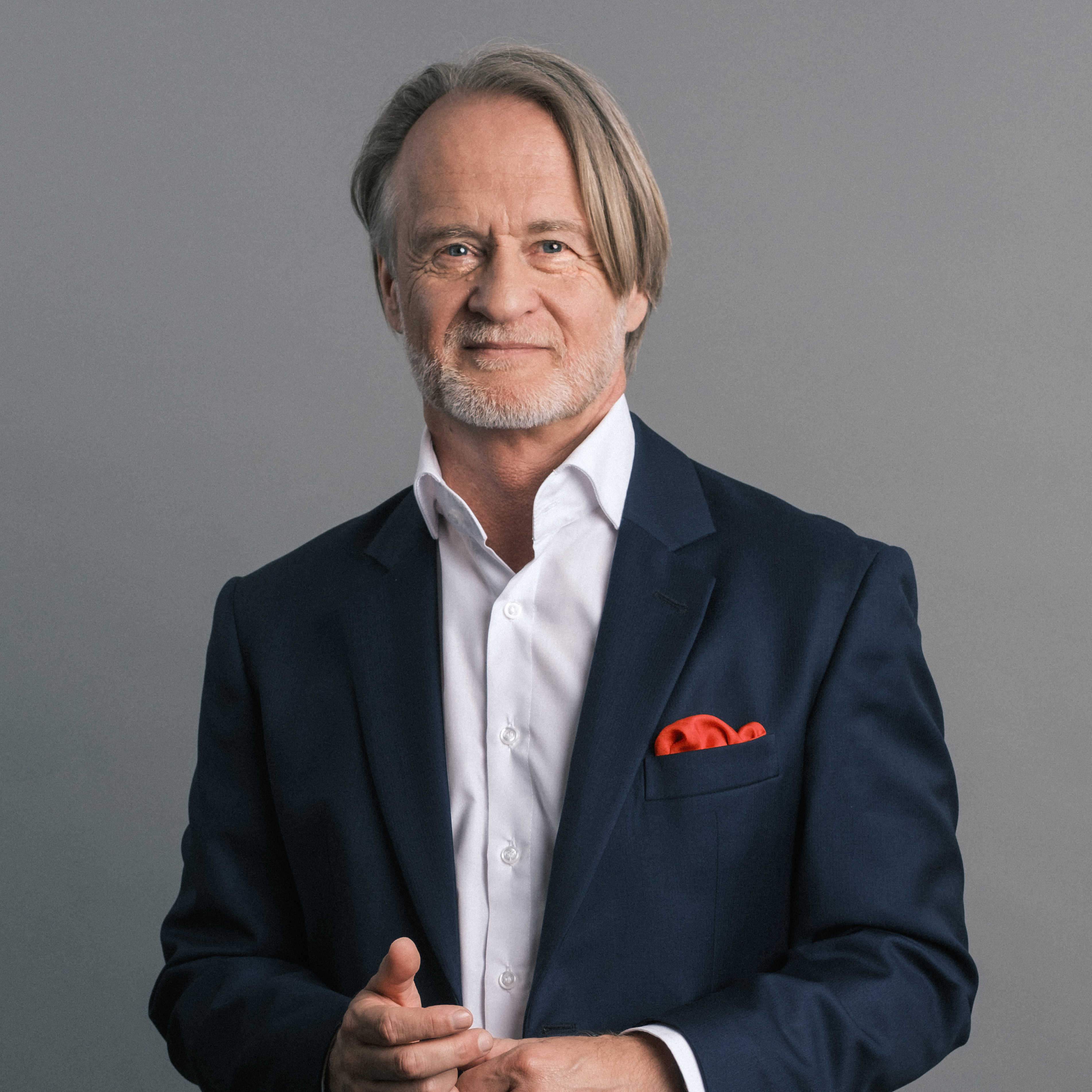
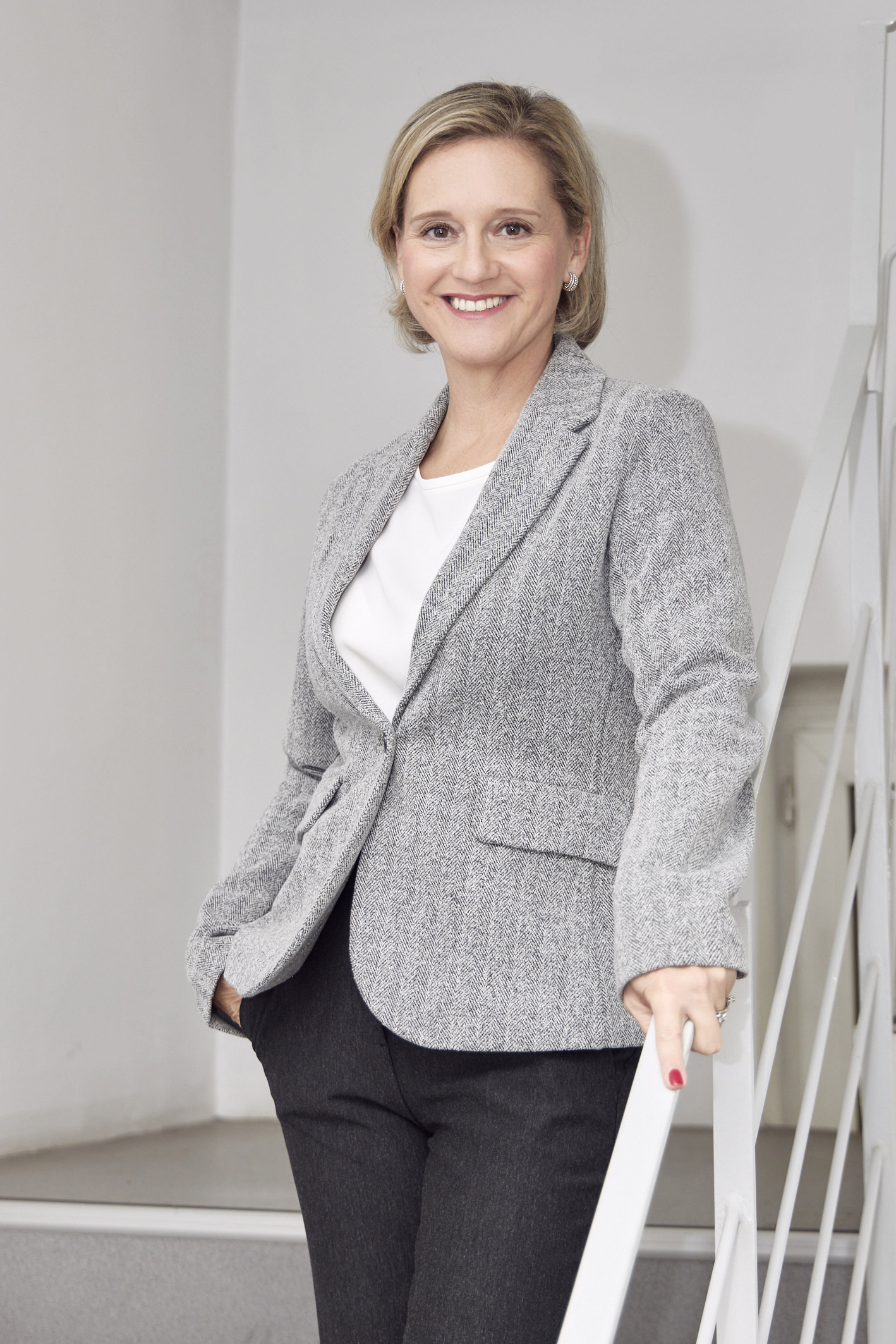
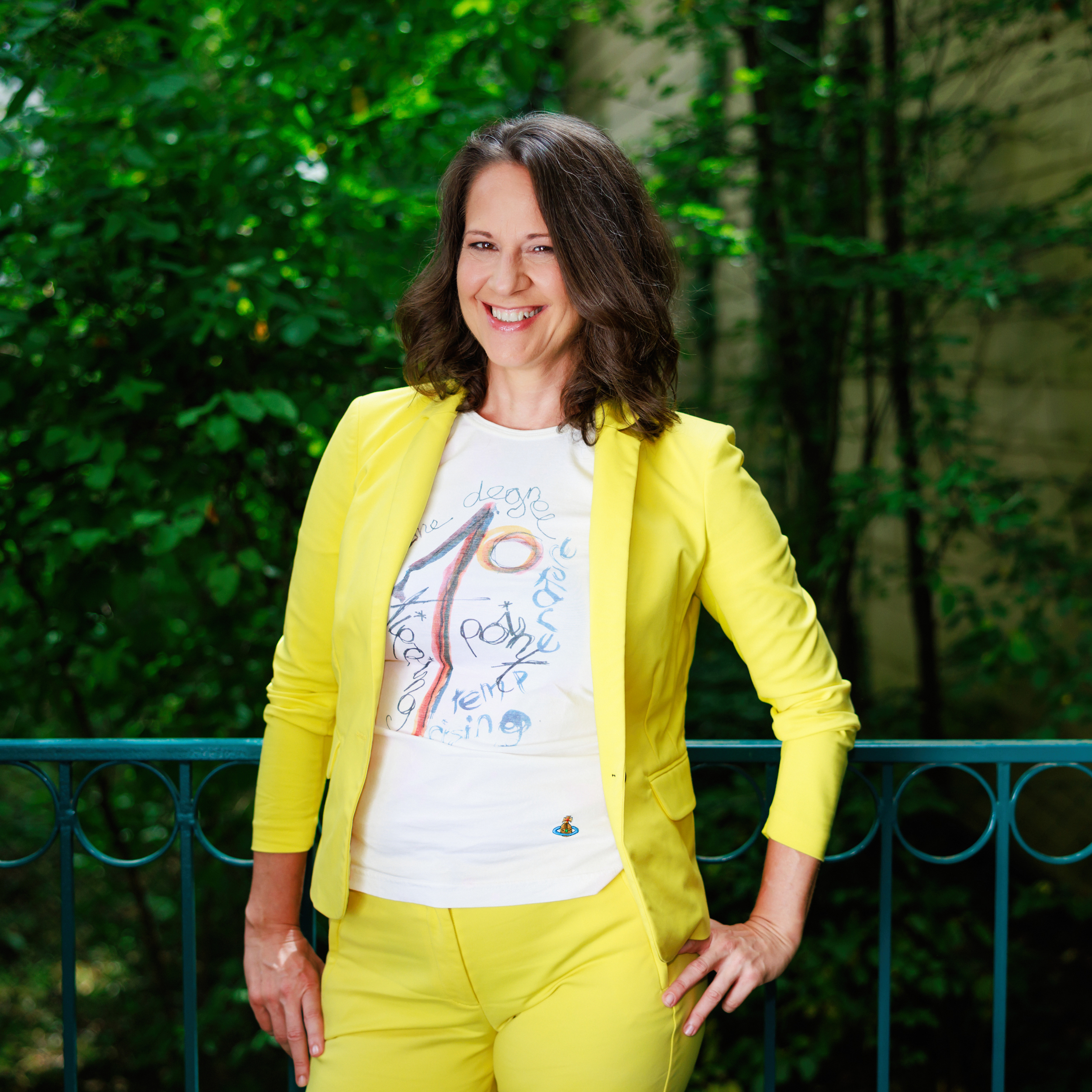
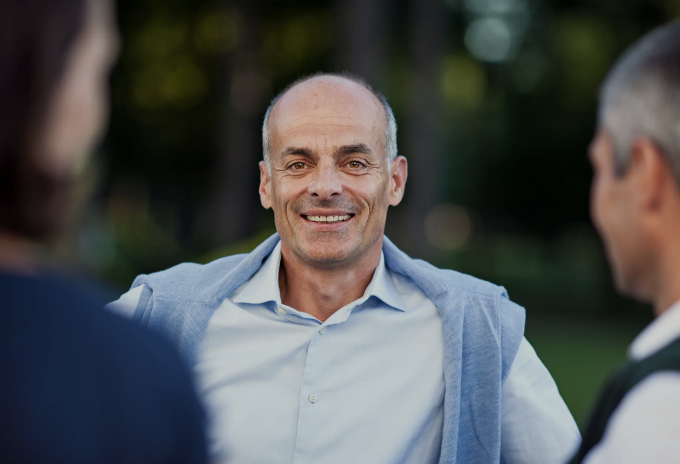

Lukas Pelz.jpg)
HRinghofer.jpg)
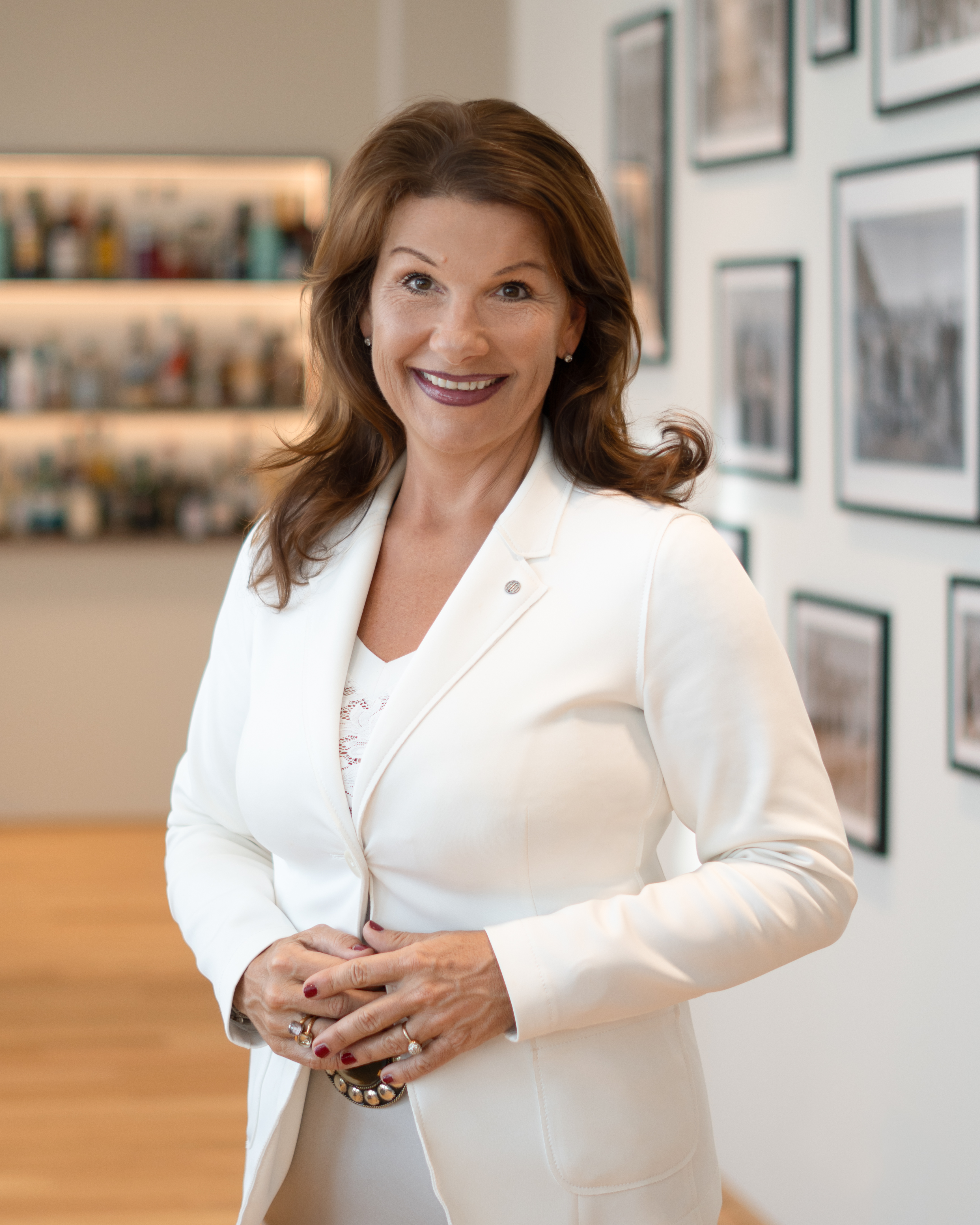
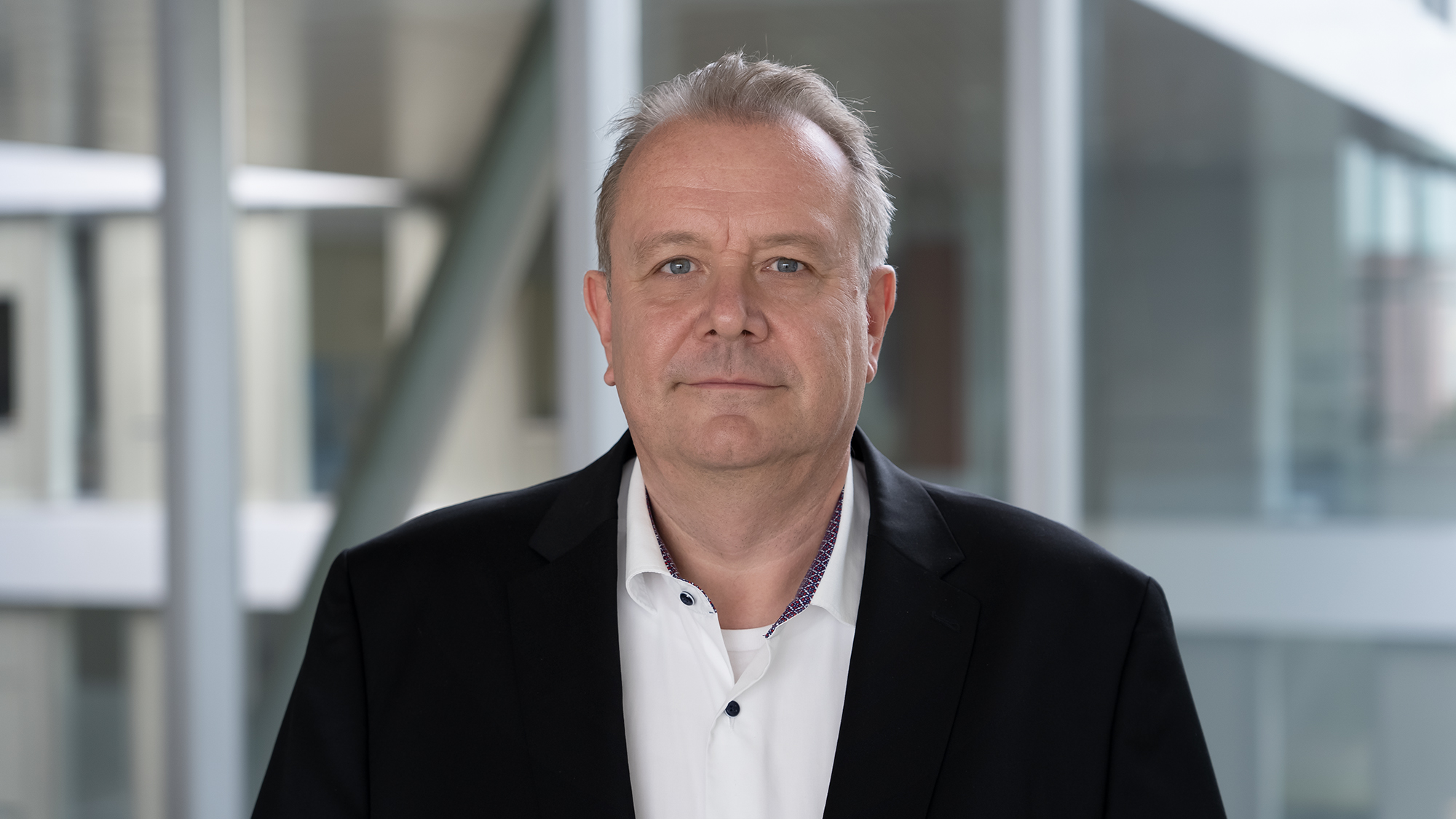
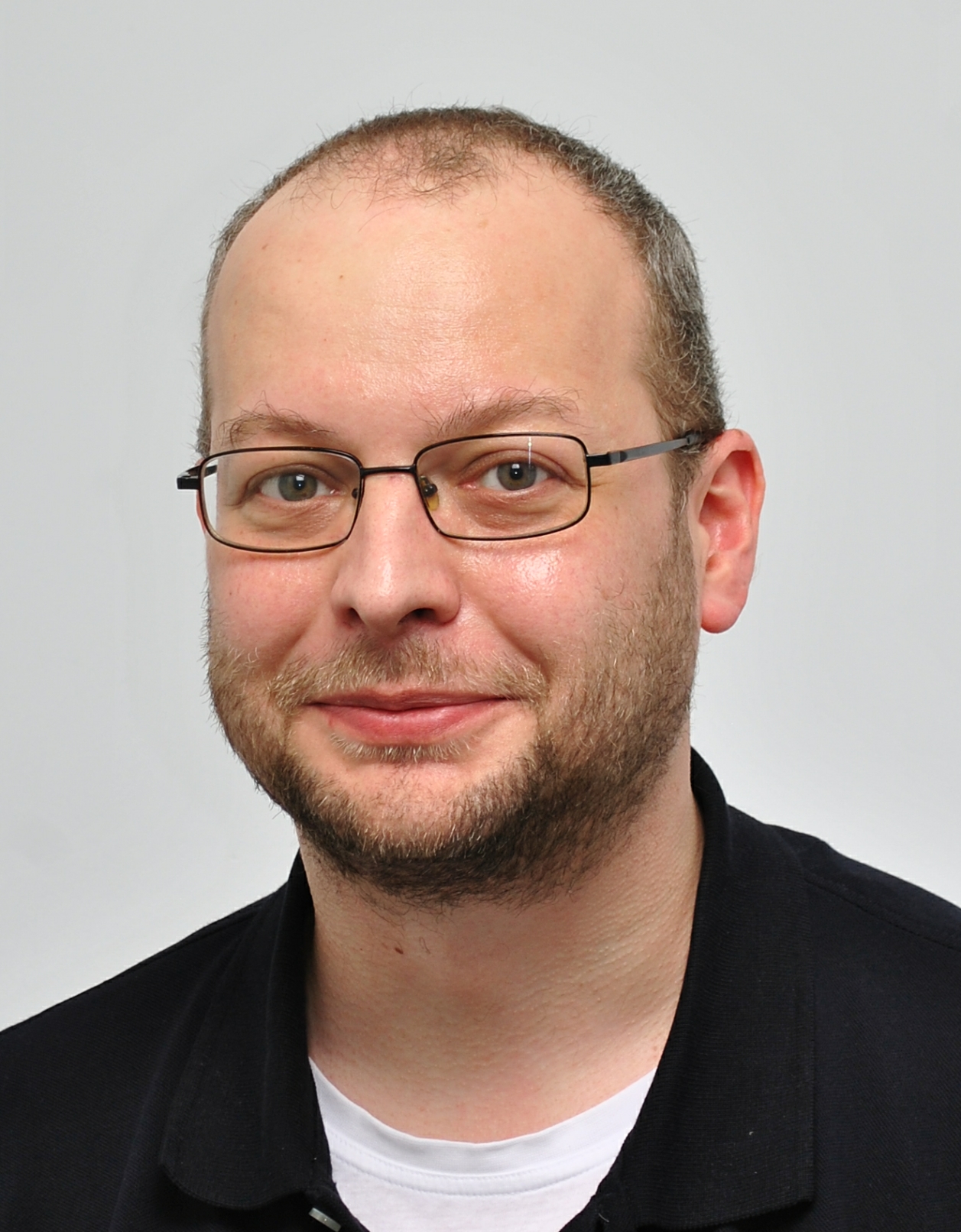
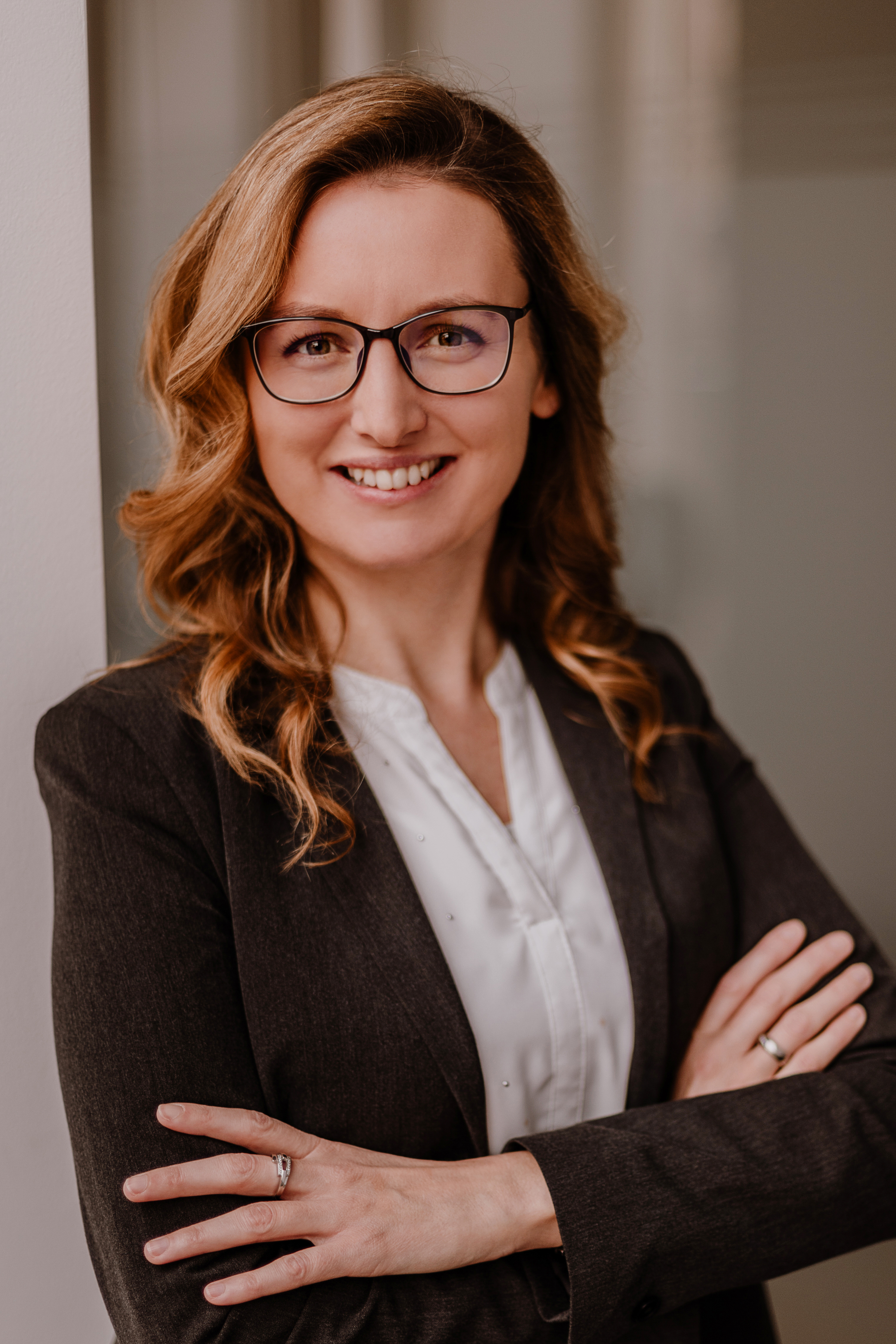
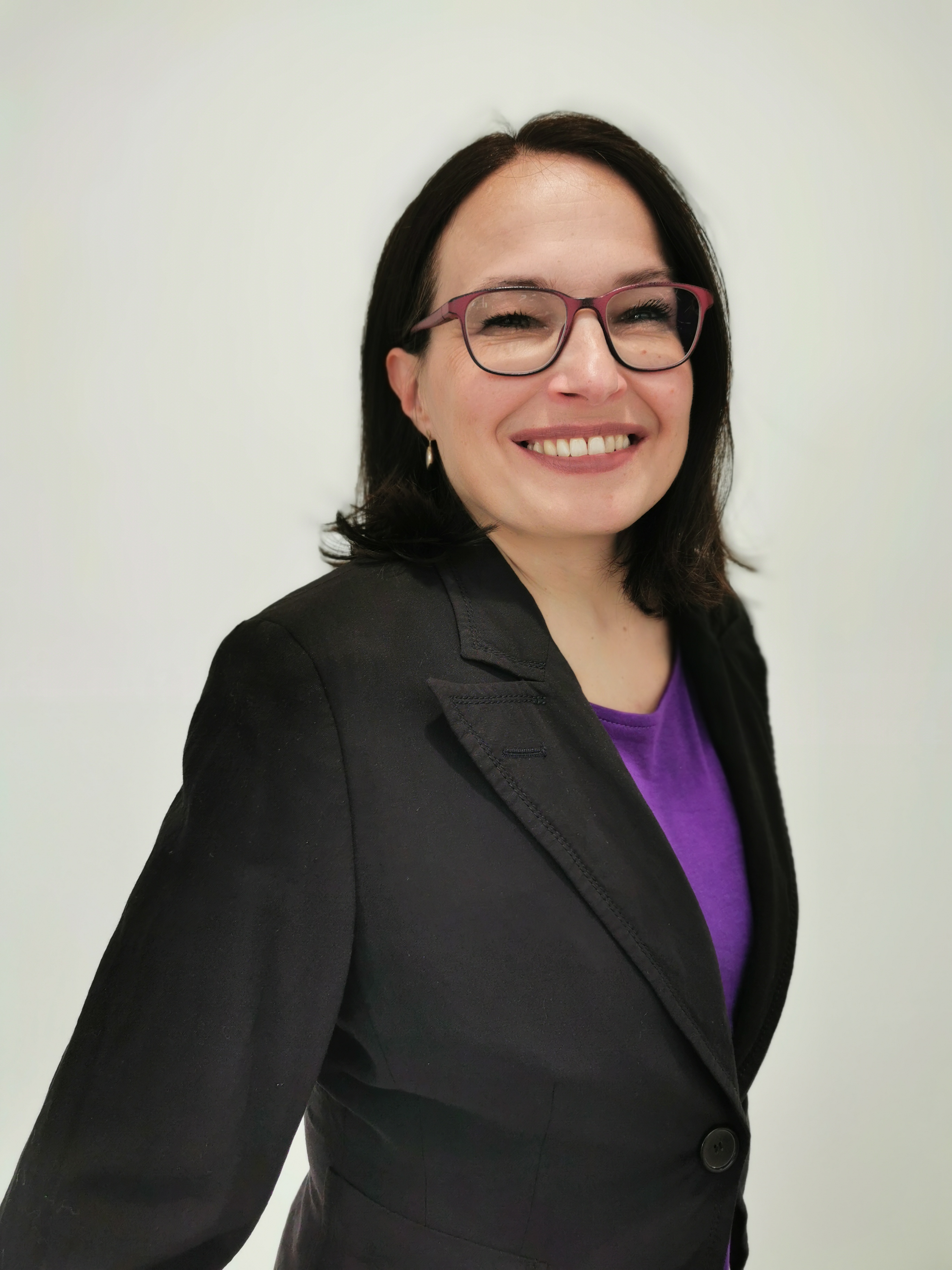
Scheld.jpg)
NadineStudeny.jpg)
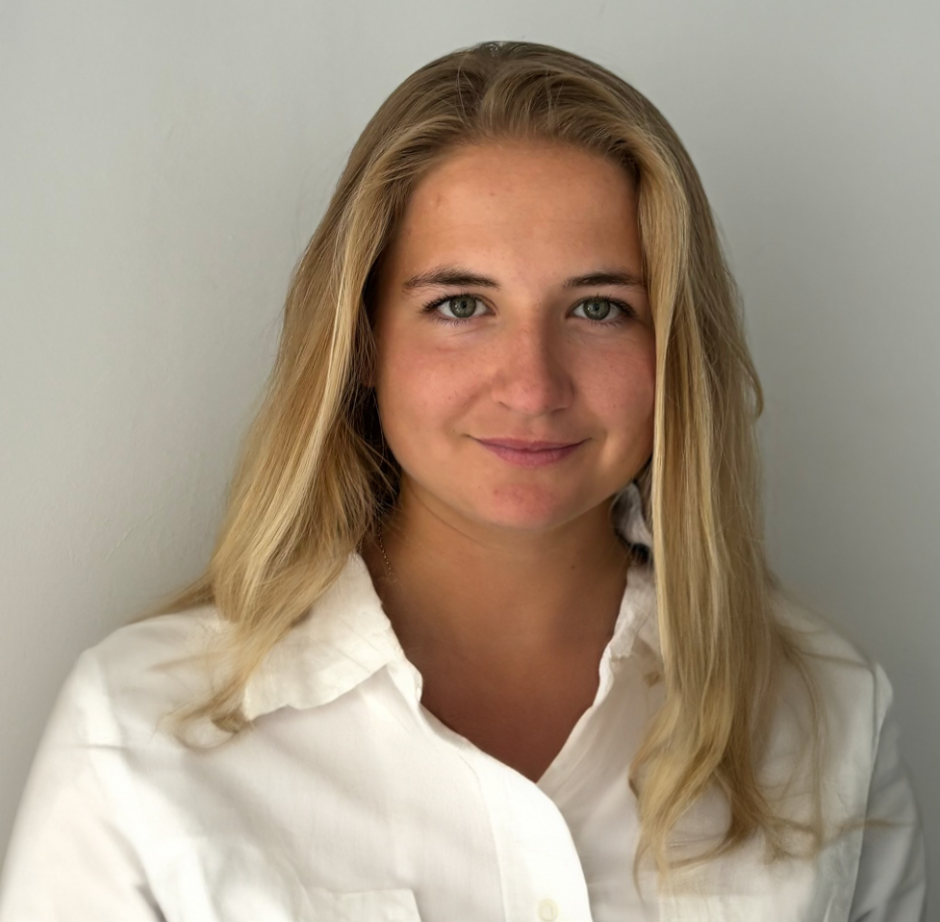
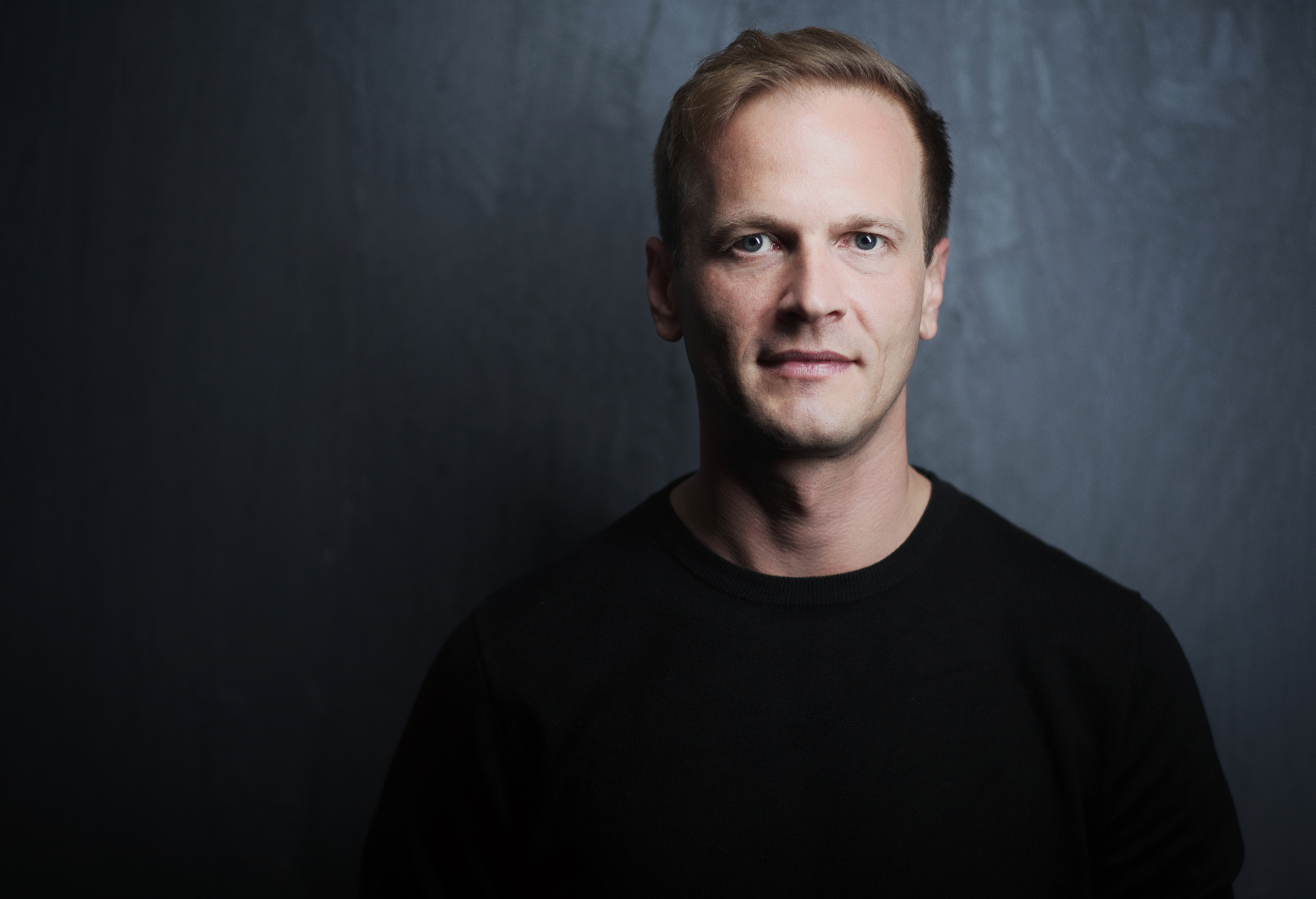

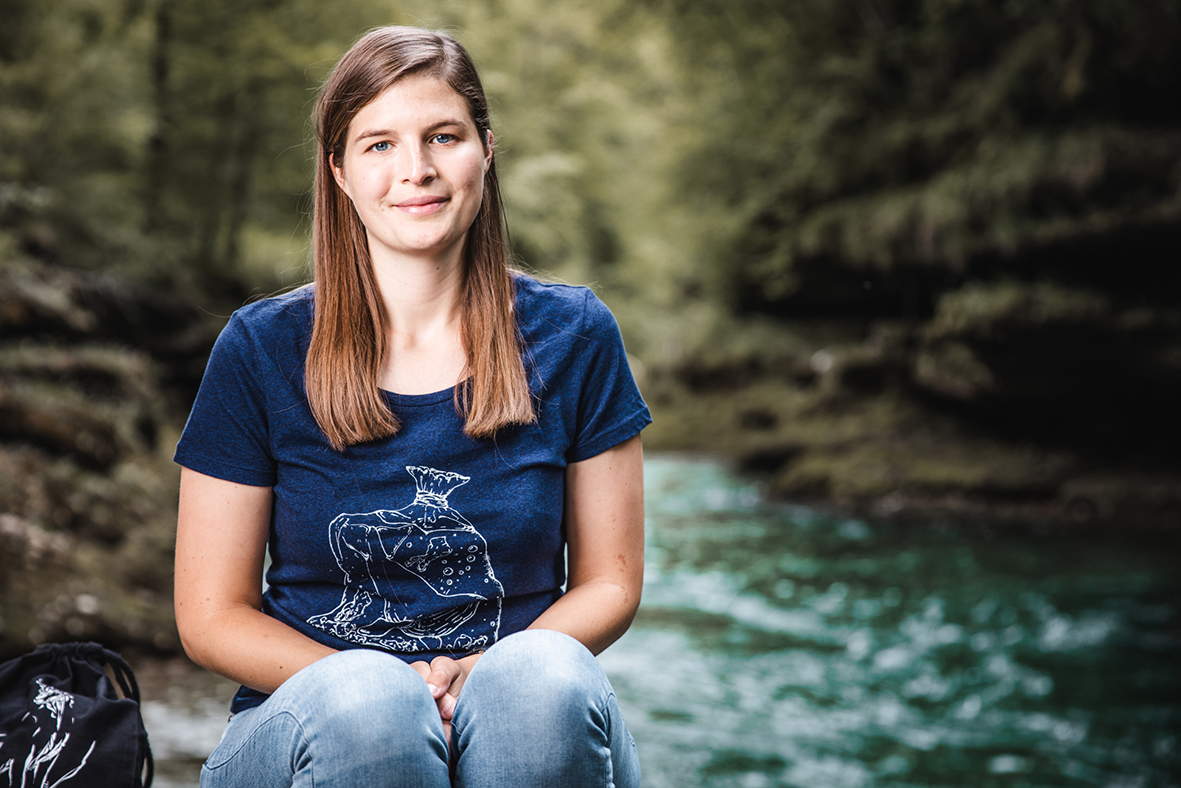
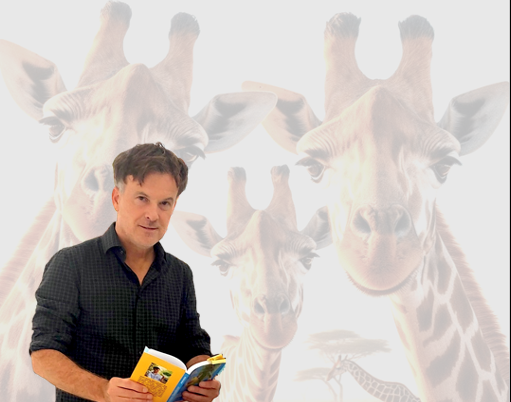
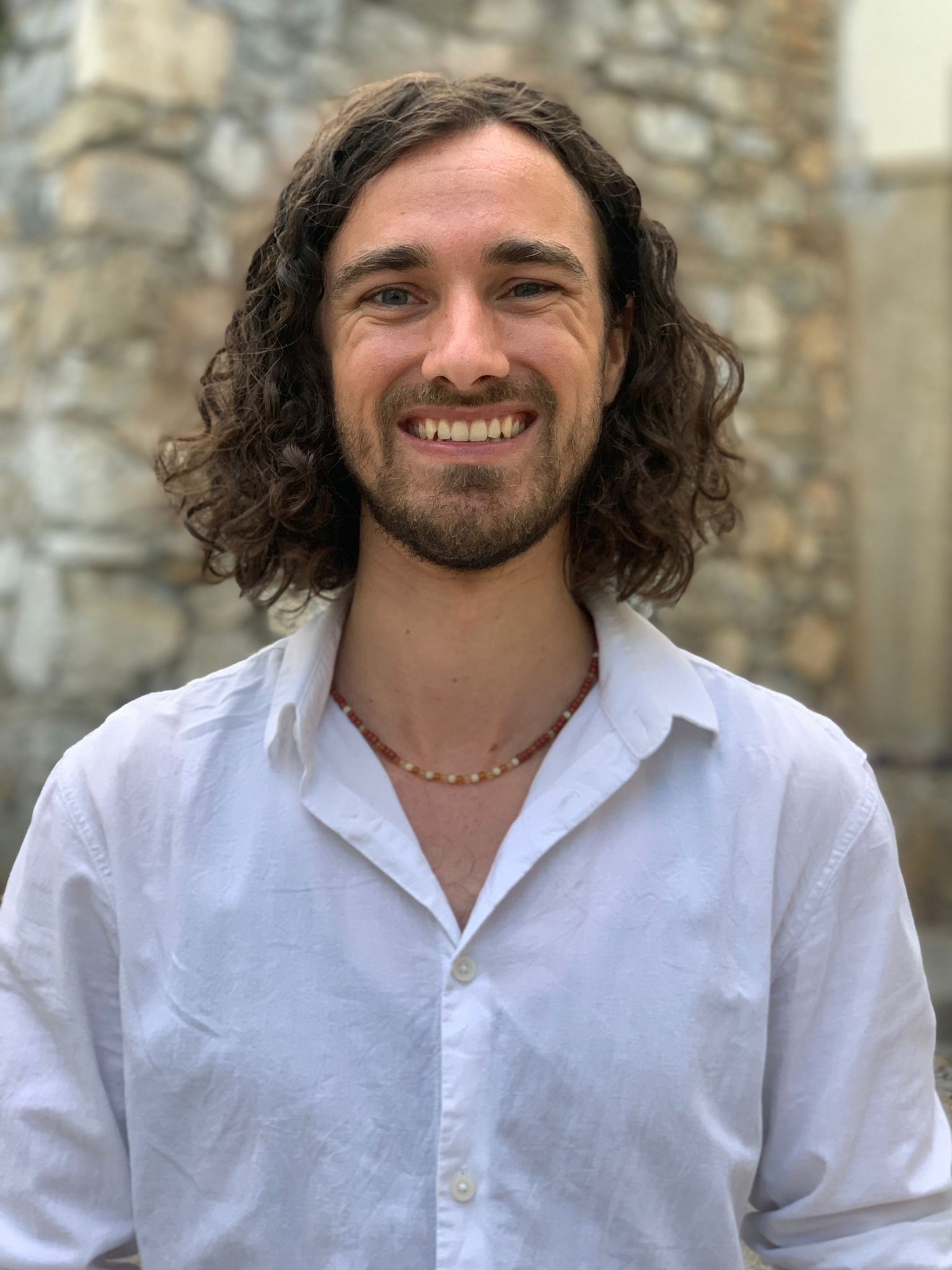
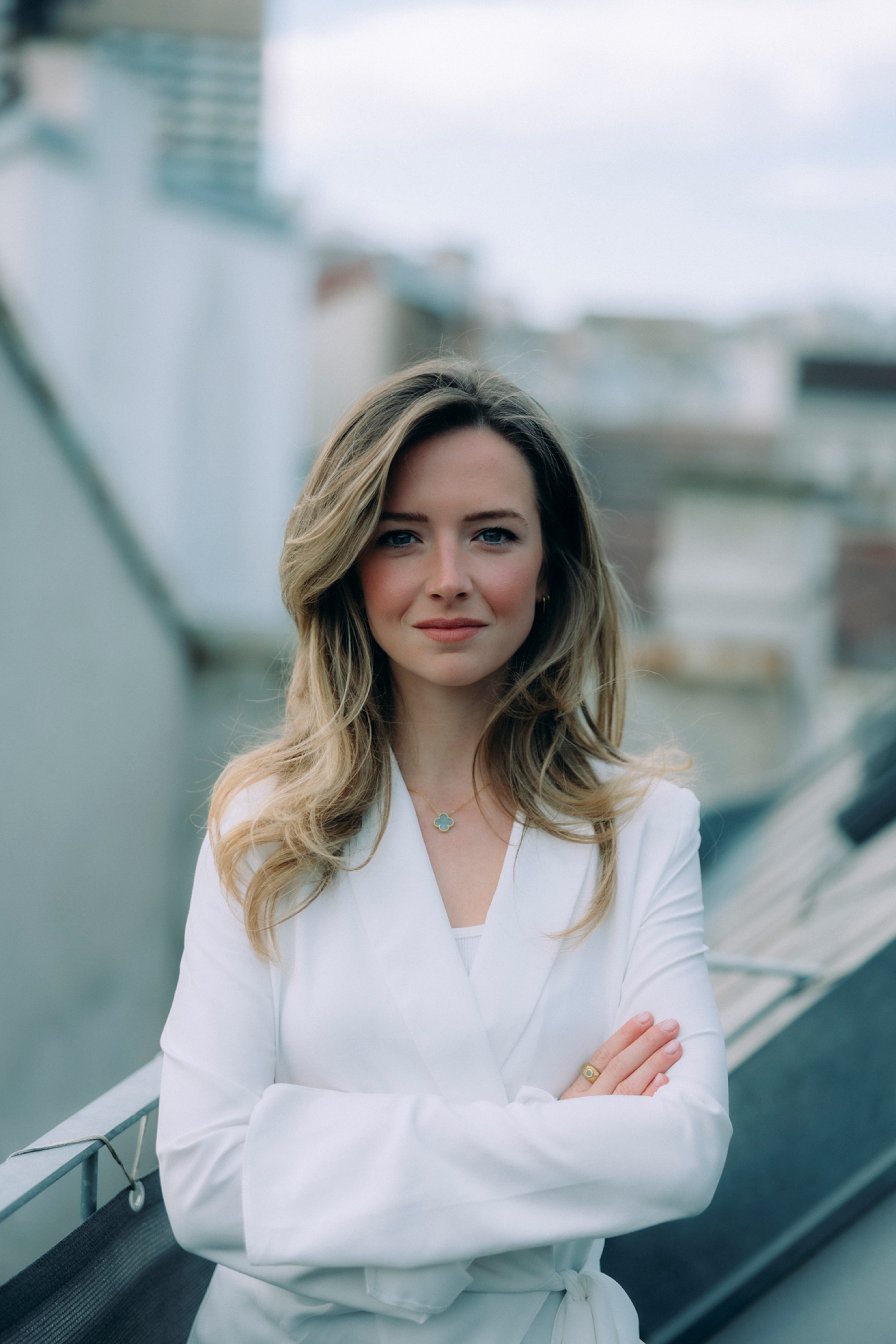
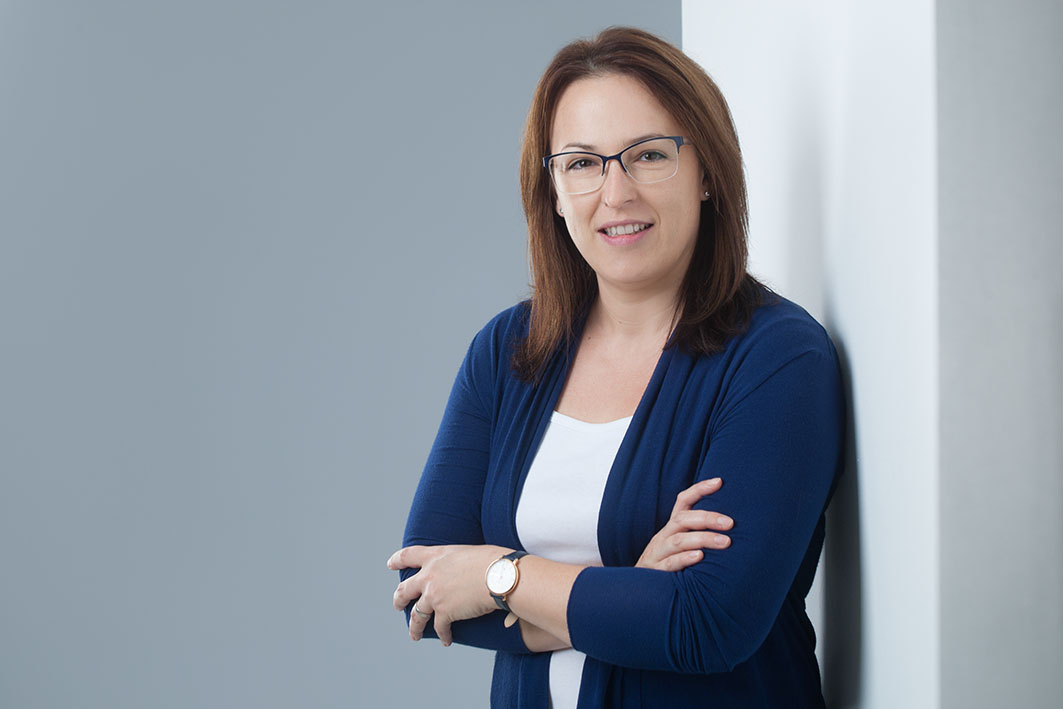
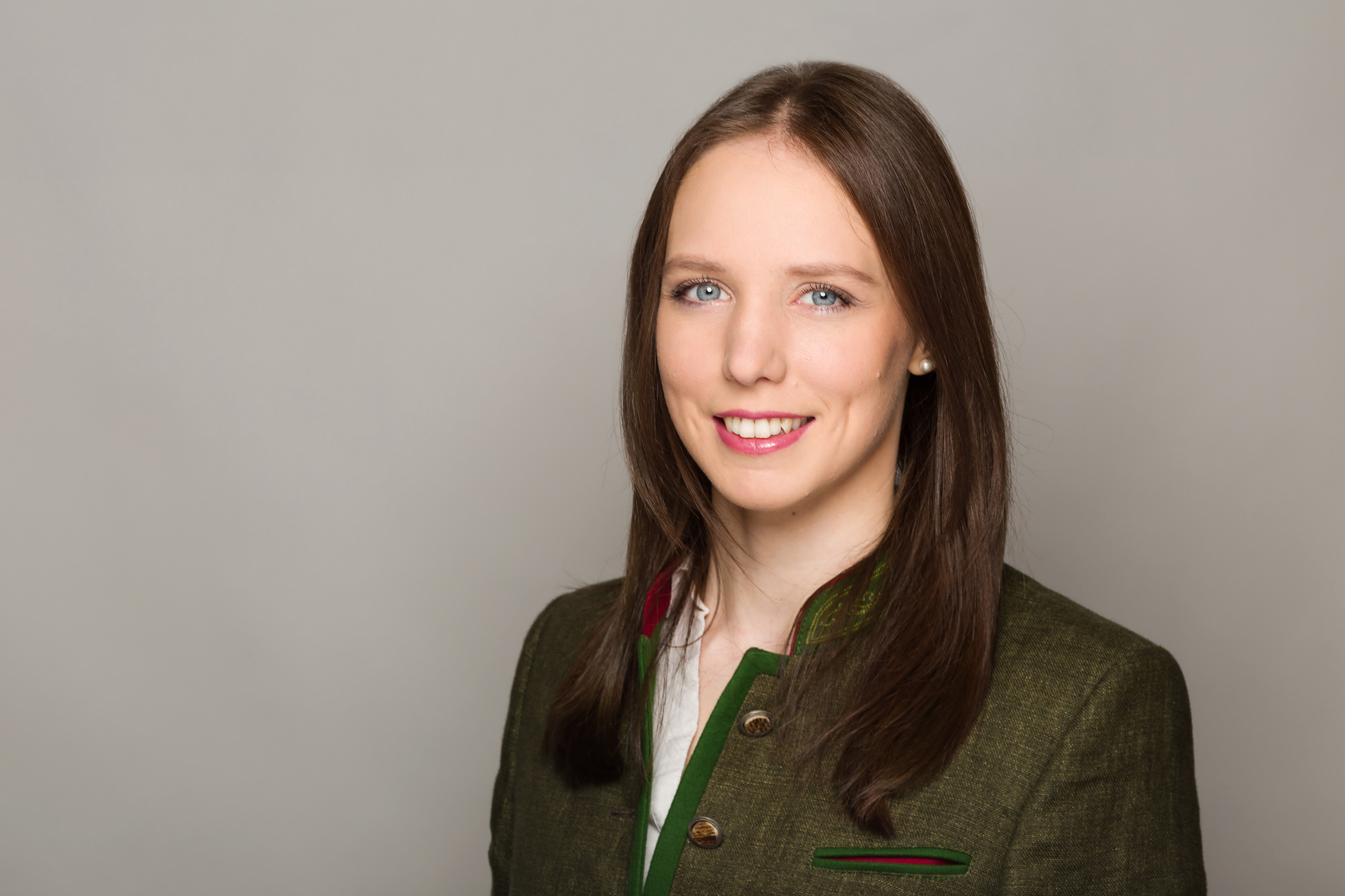
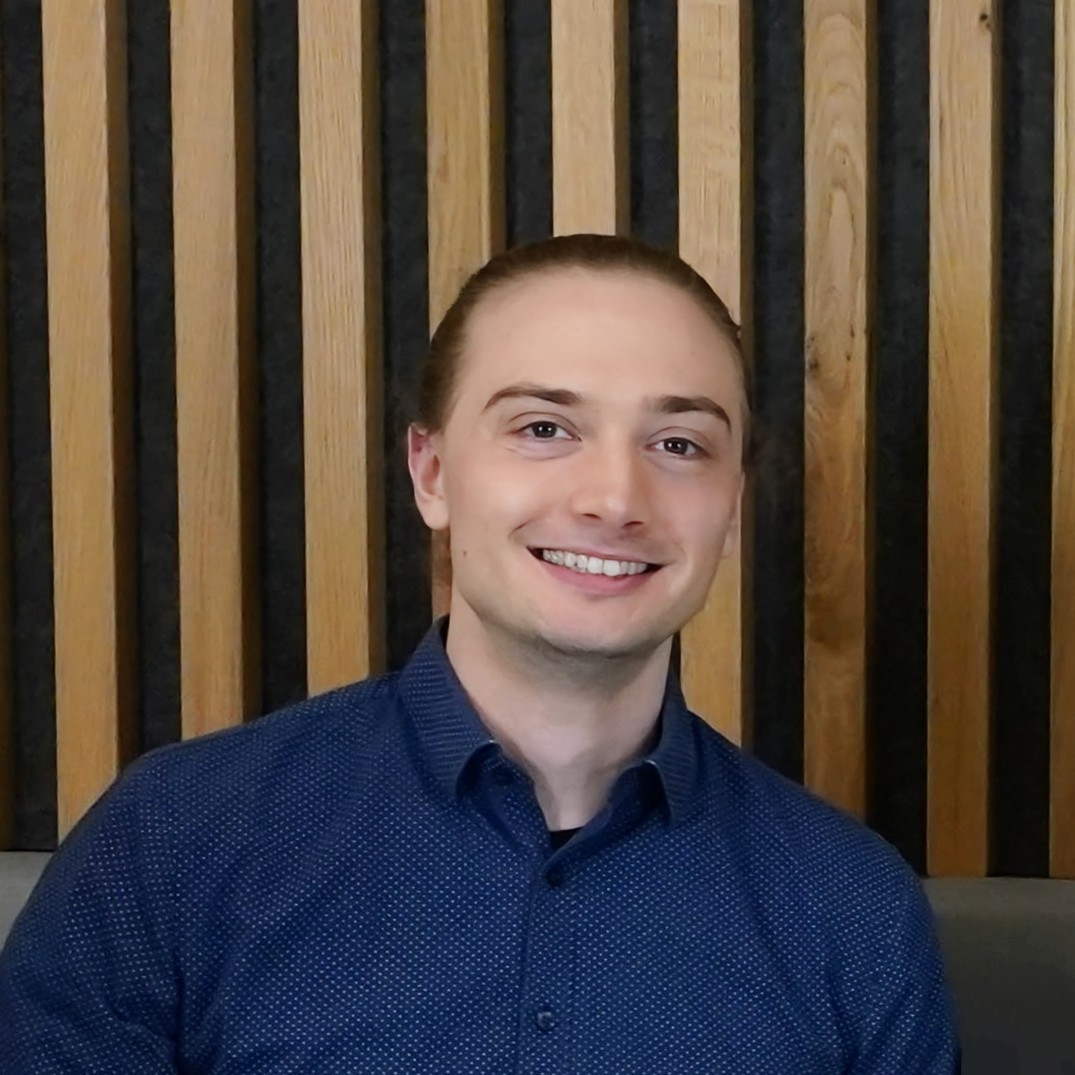
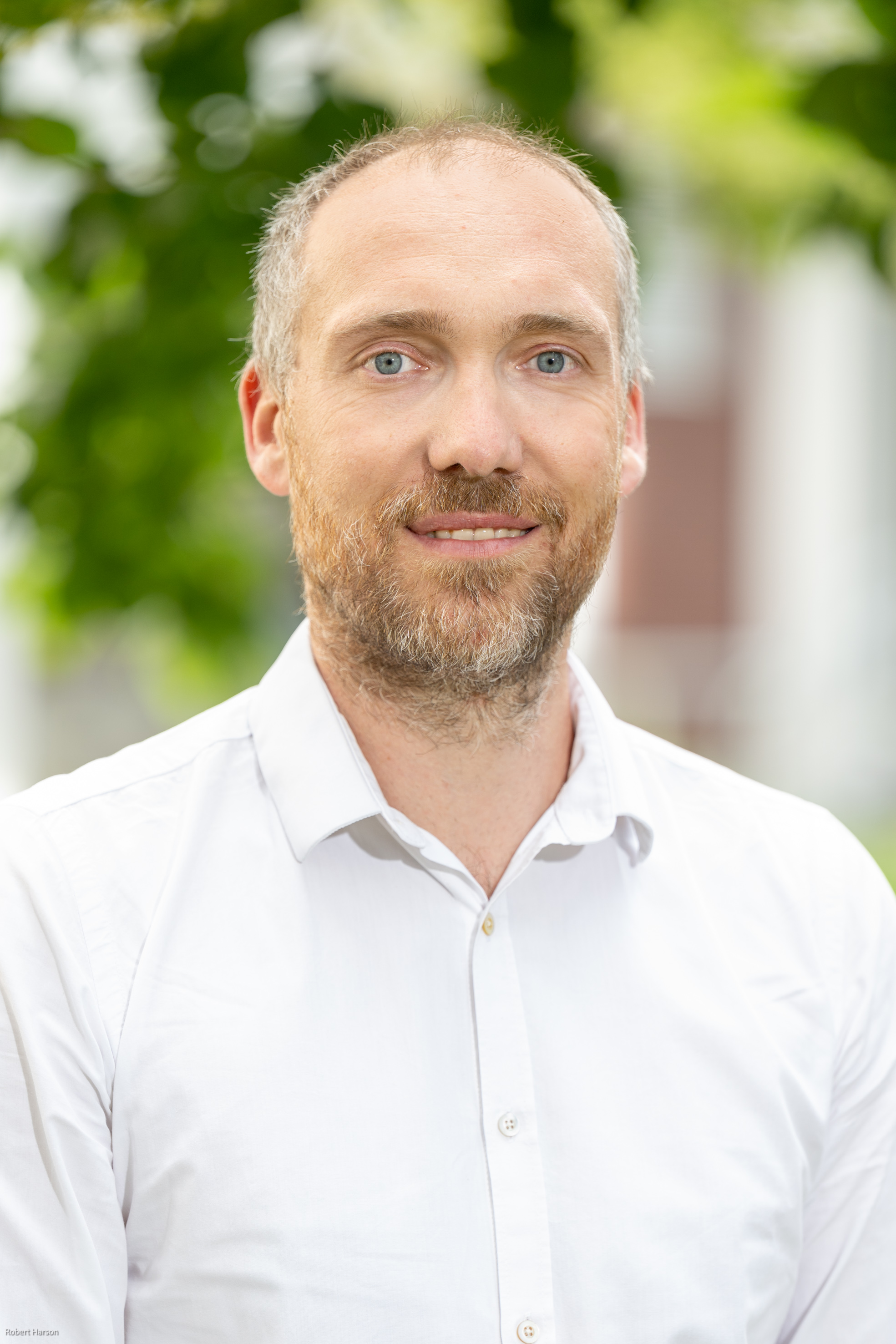
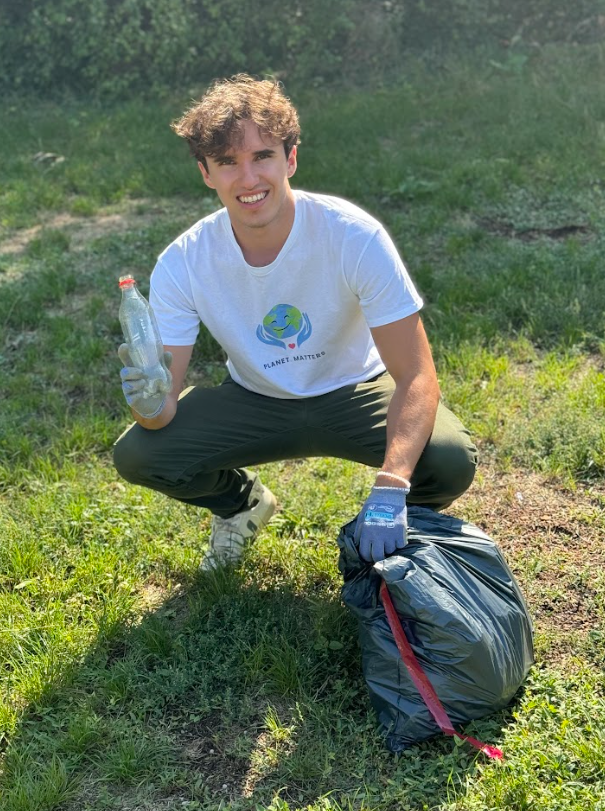
oecolution.jpg)
 Masha Lind.JPG)
MonikaFellner.jpg)
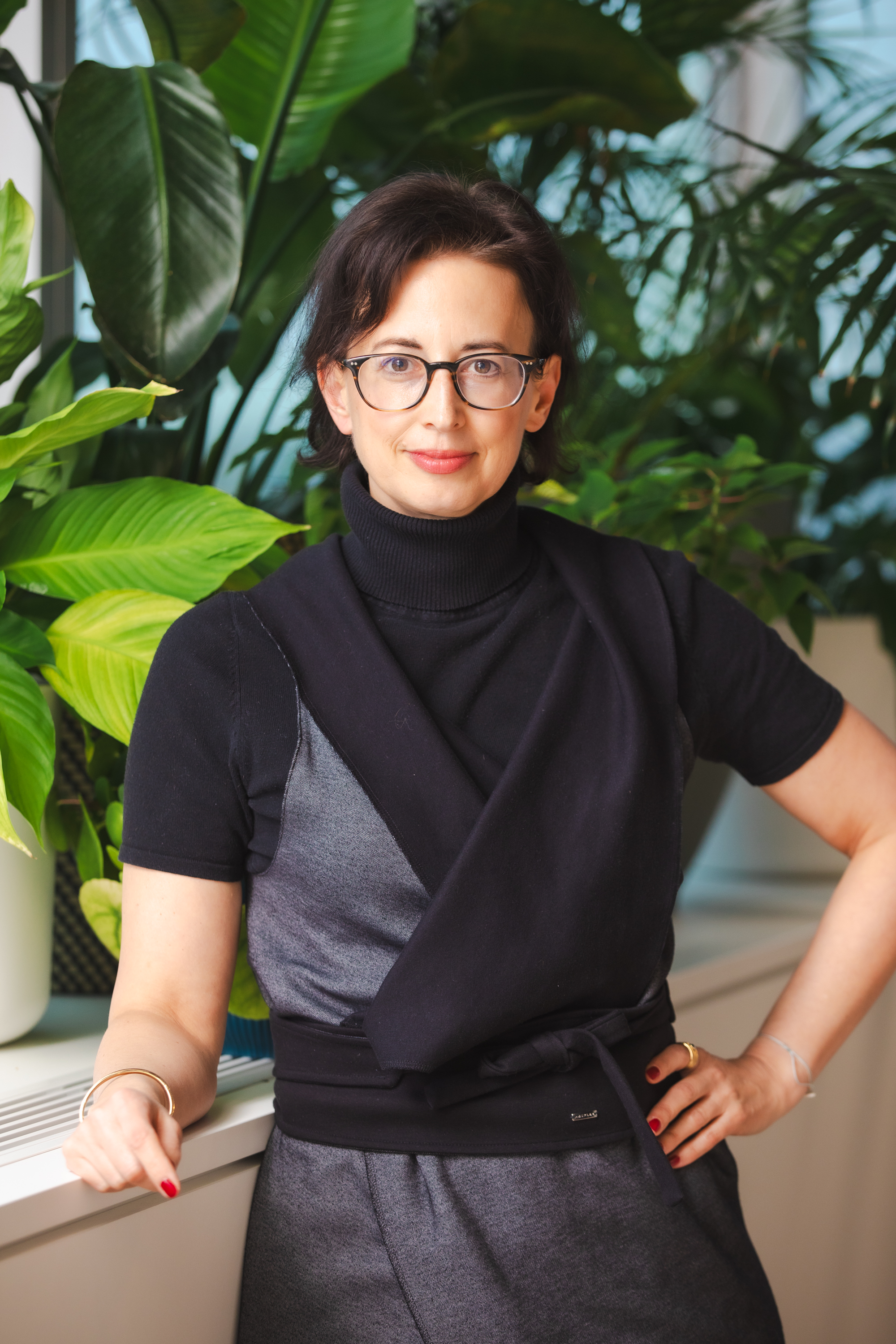
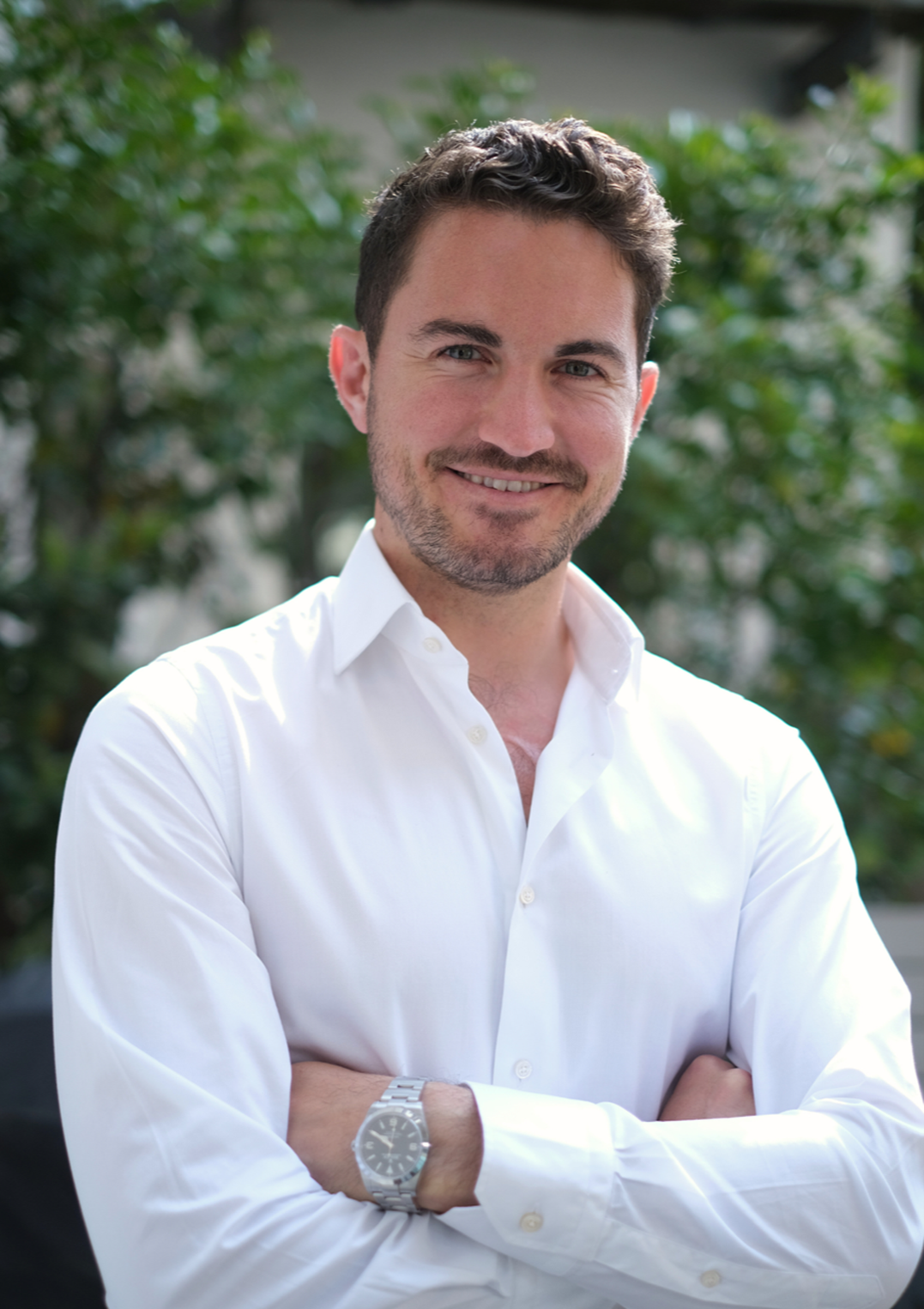
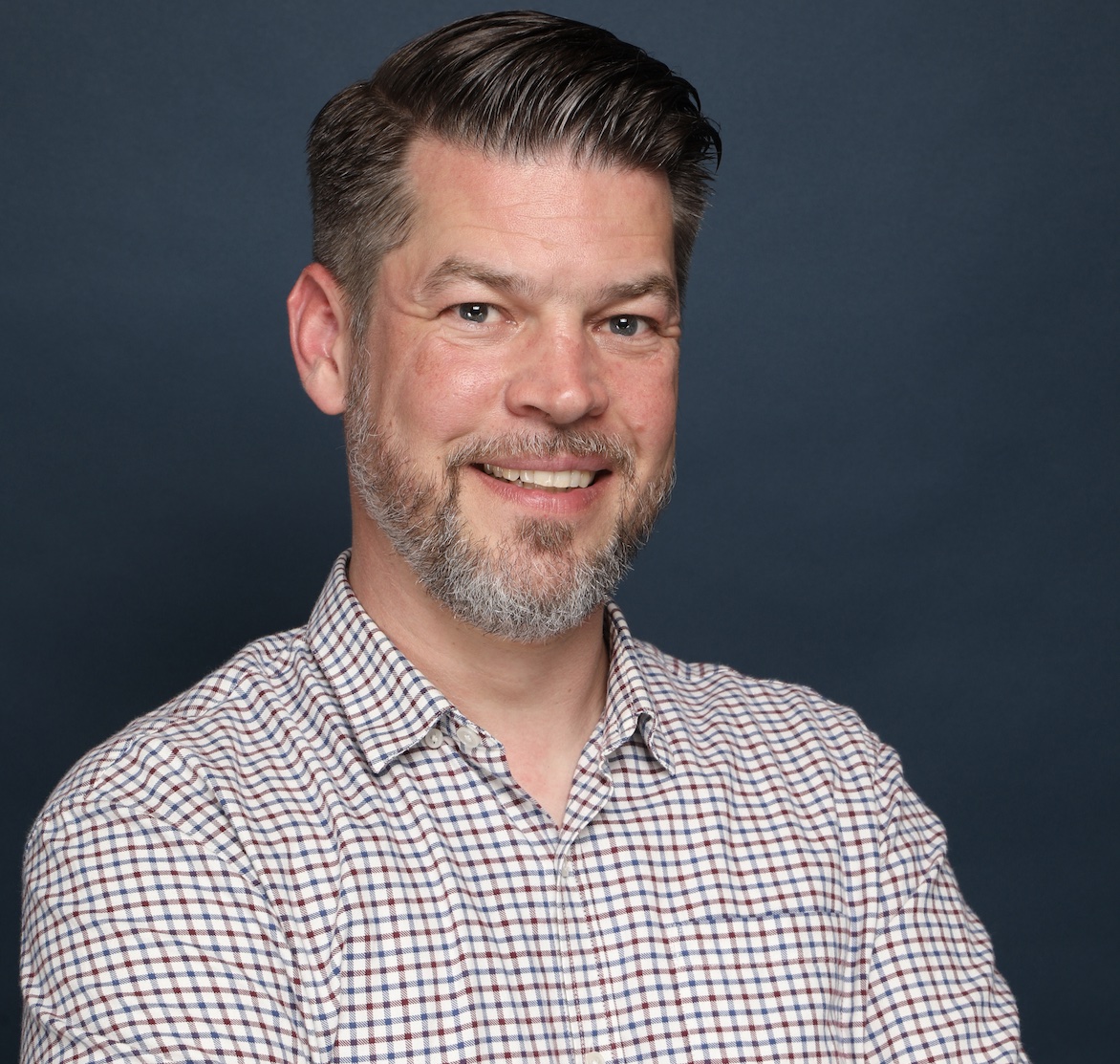
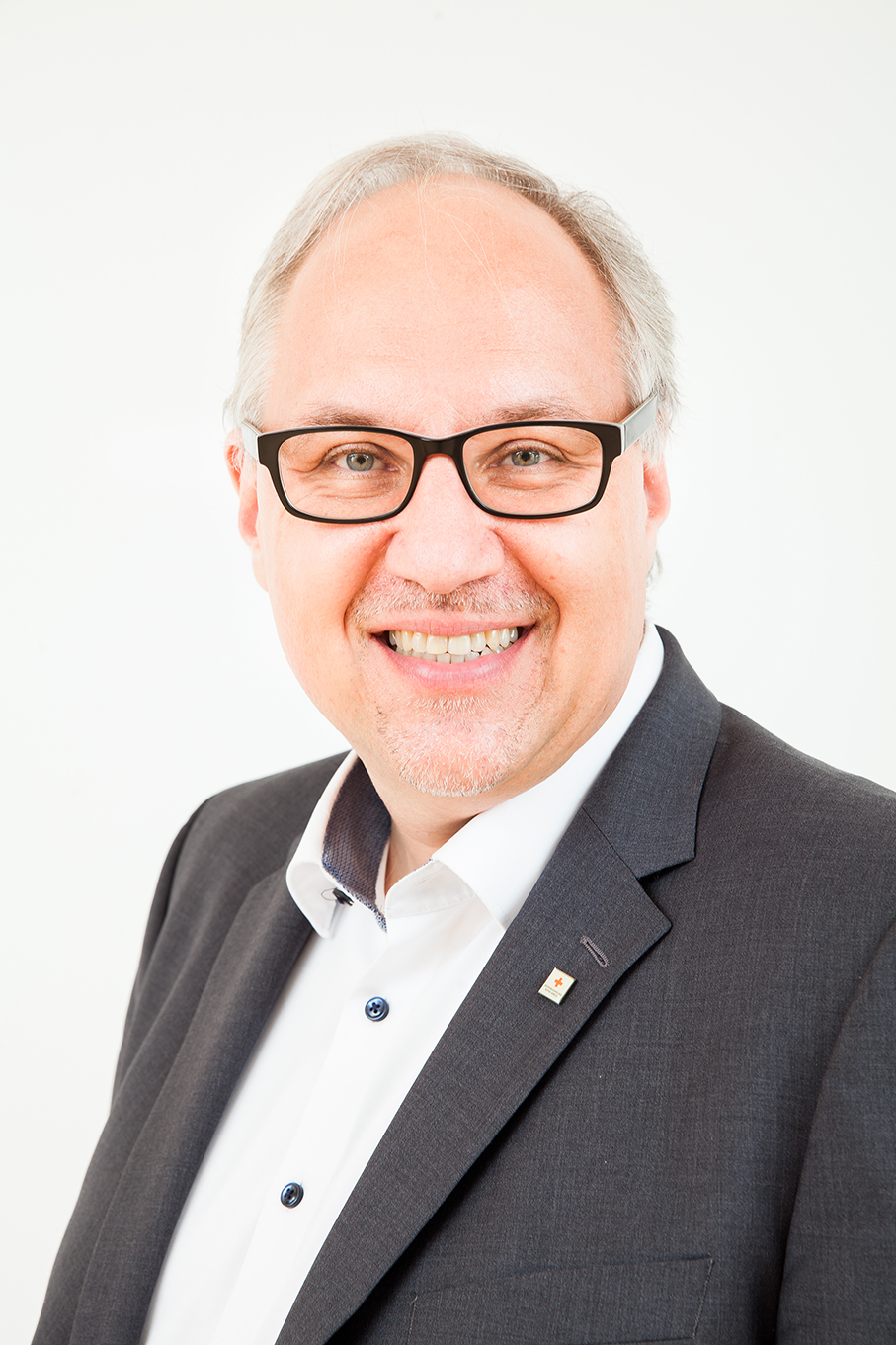
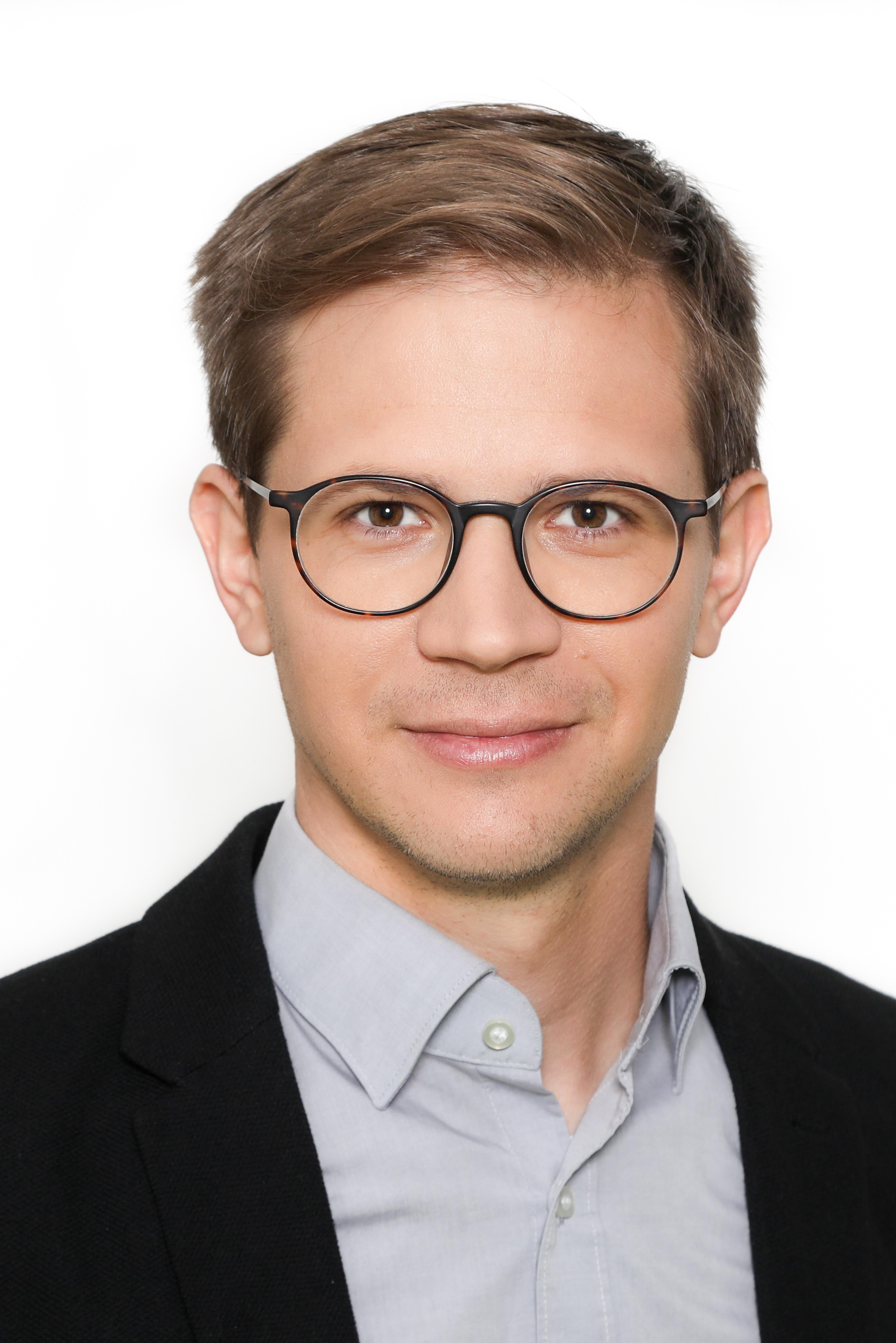
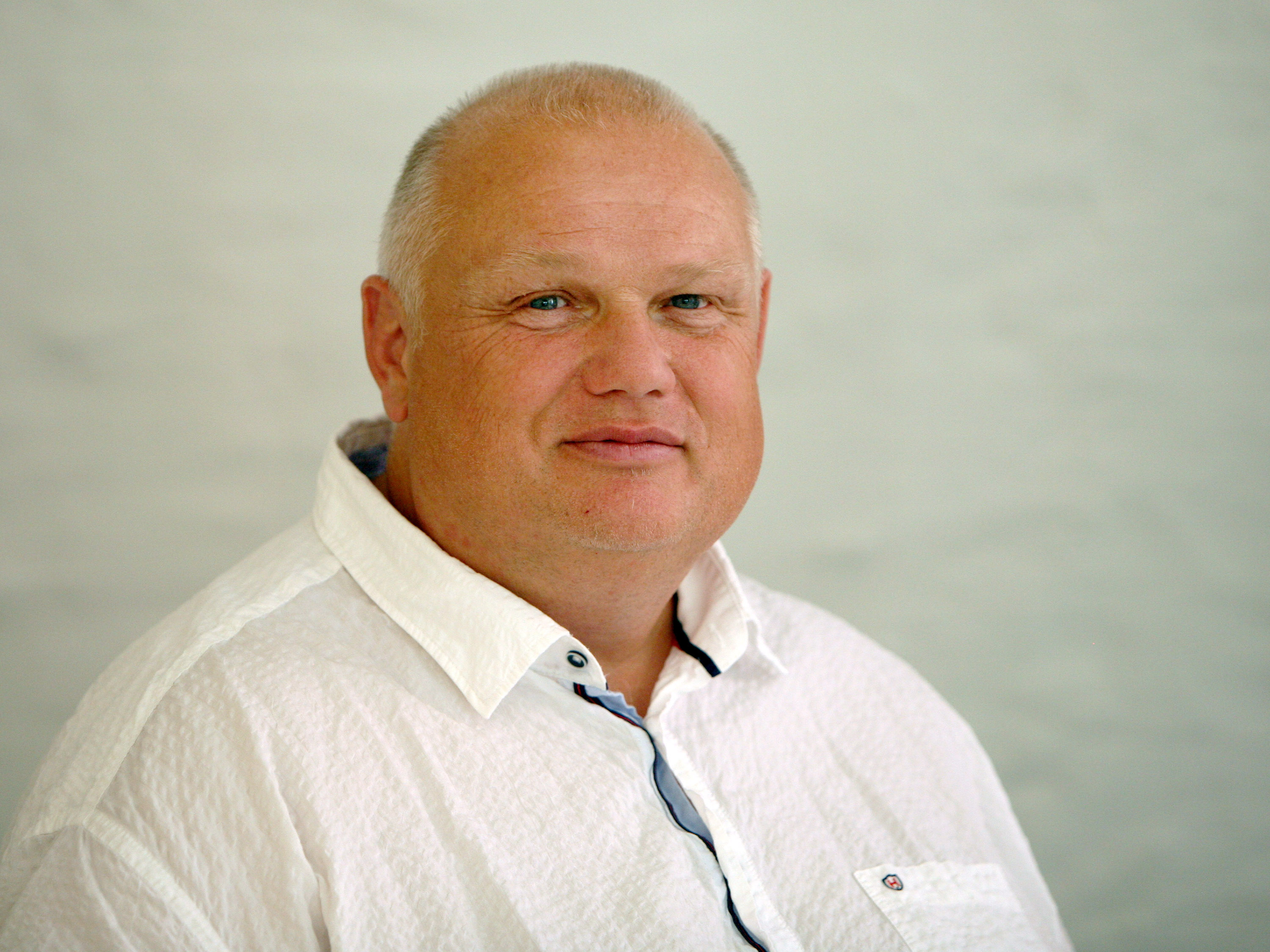
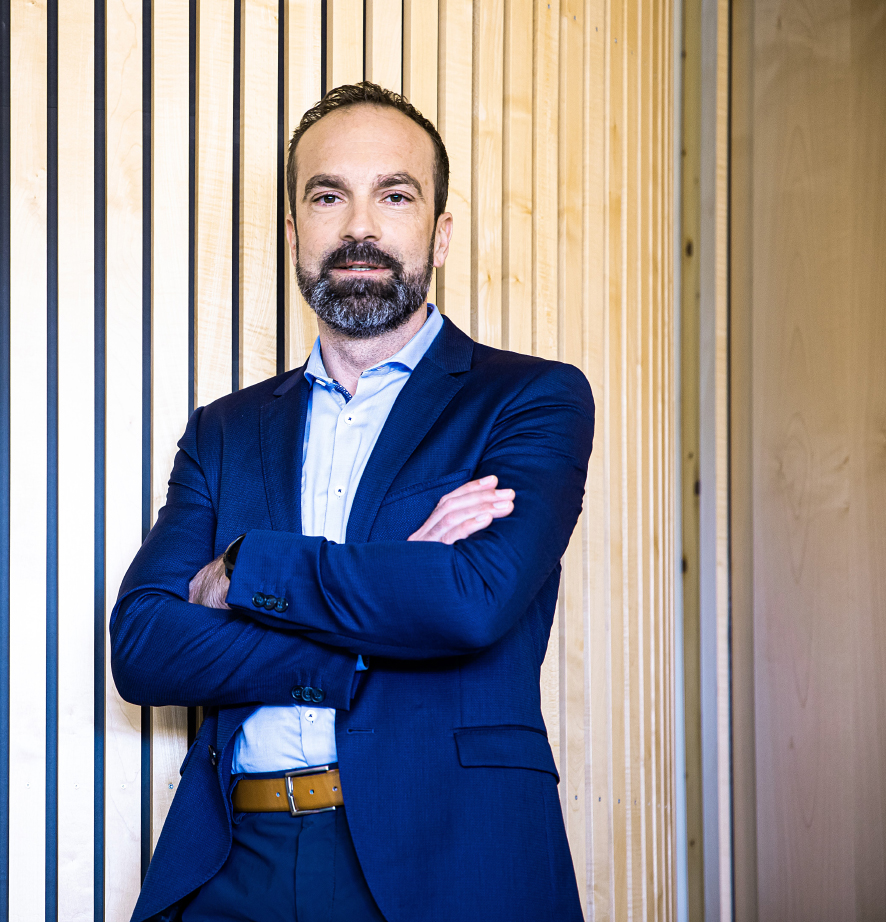
 Nadine Studeny.jpg)
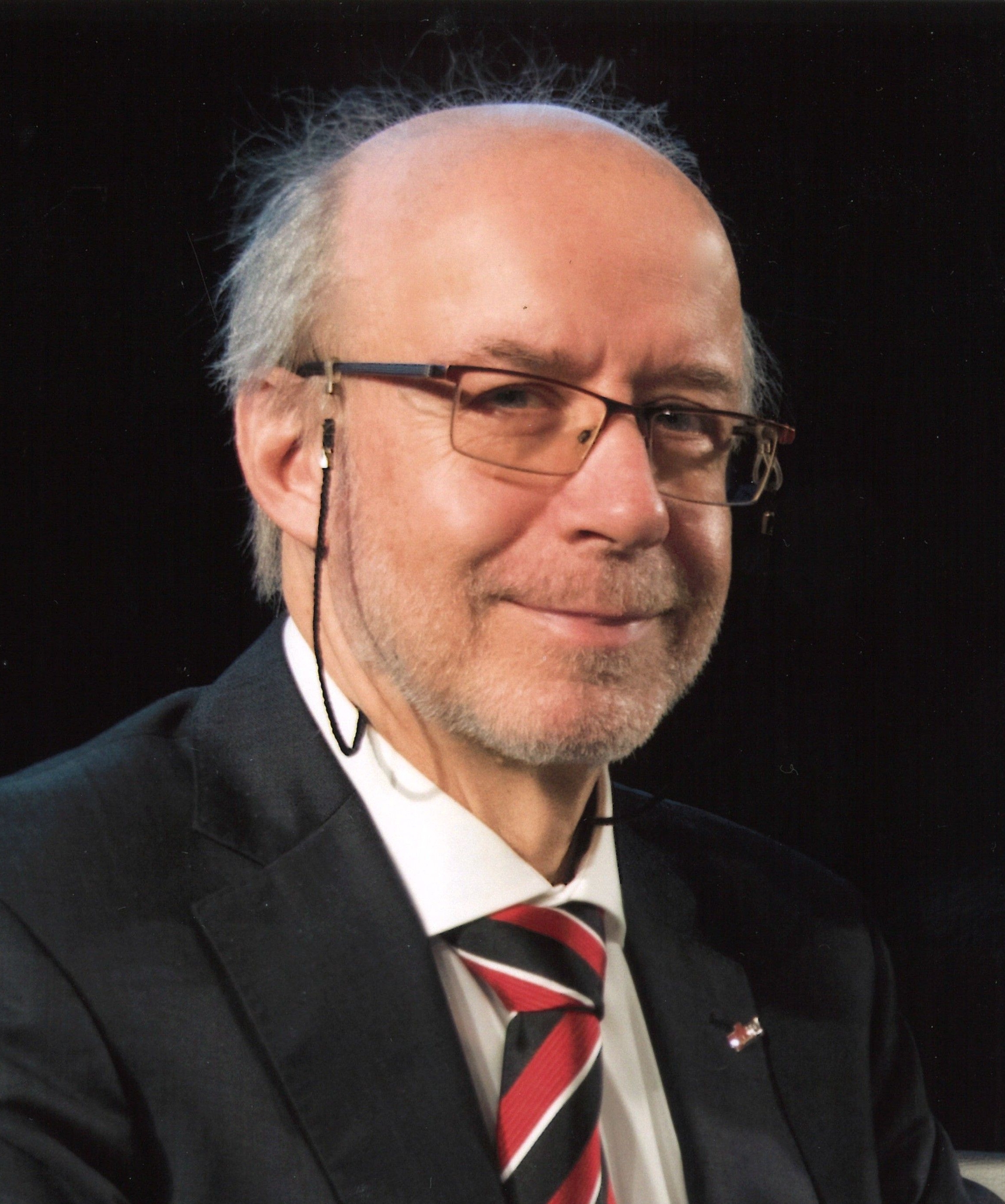
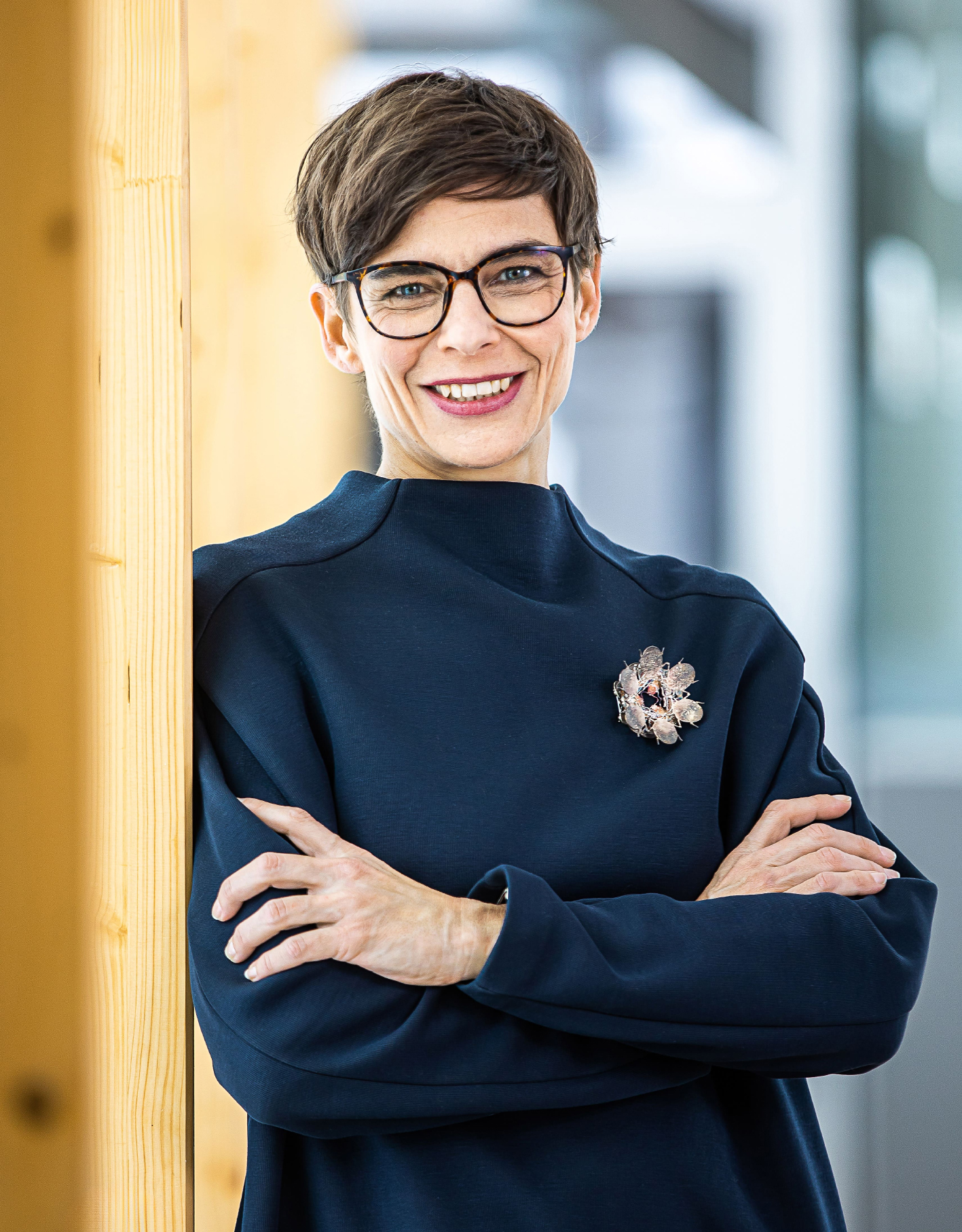
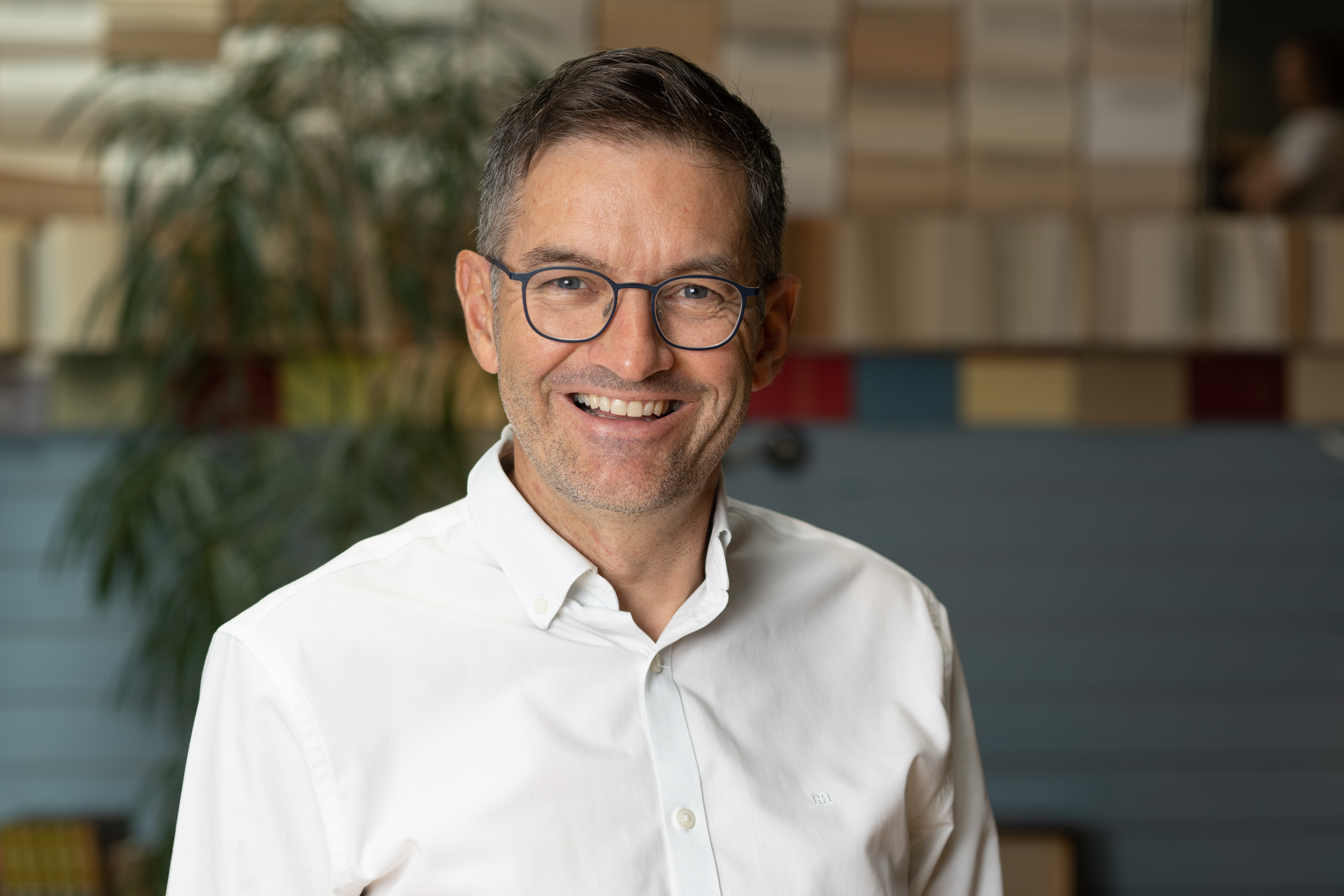
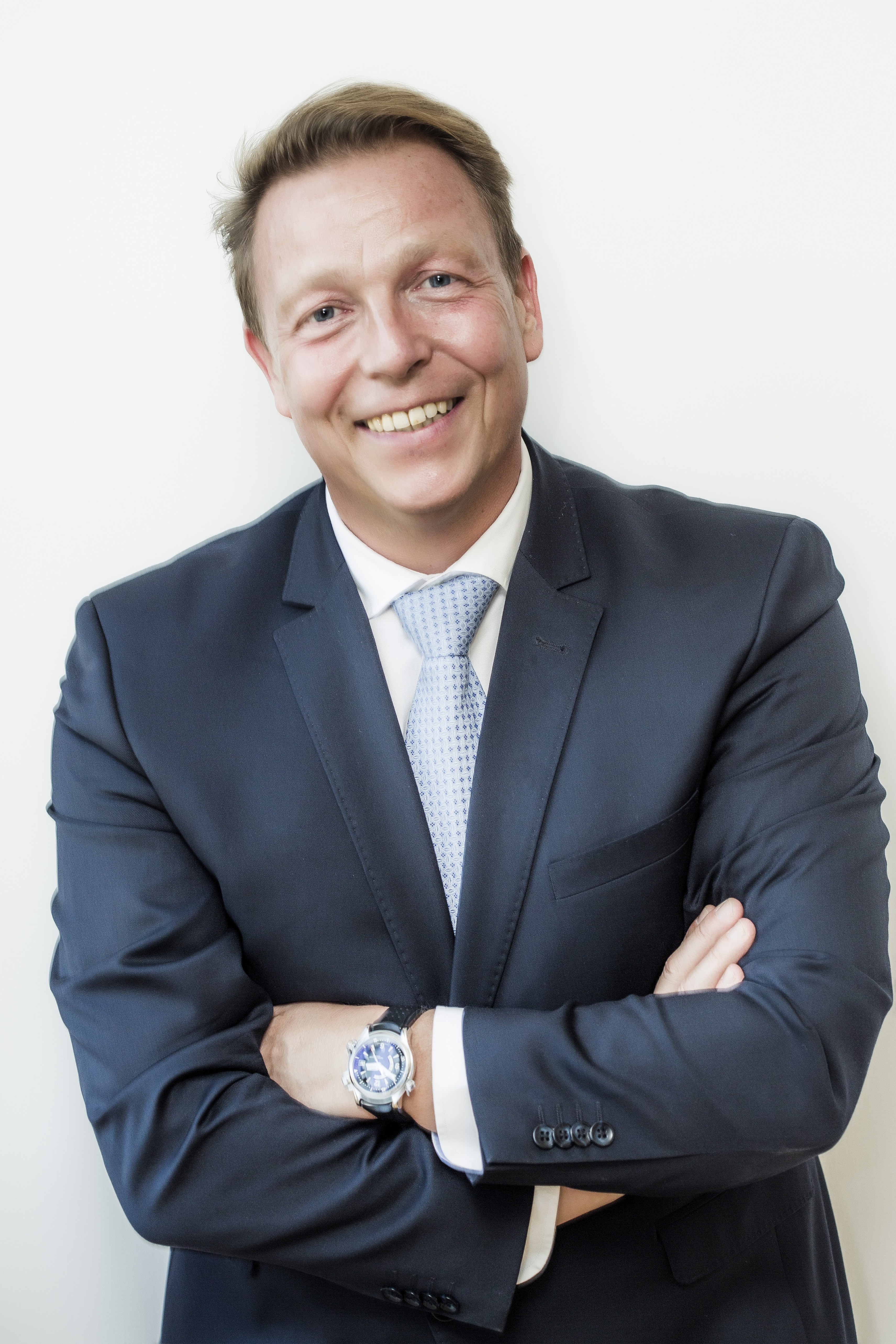
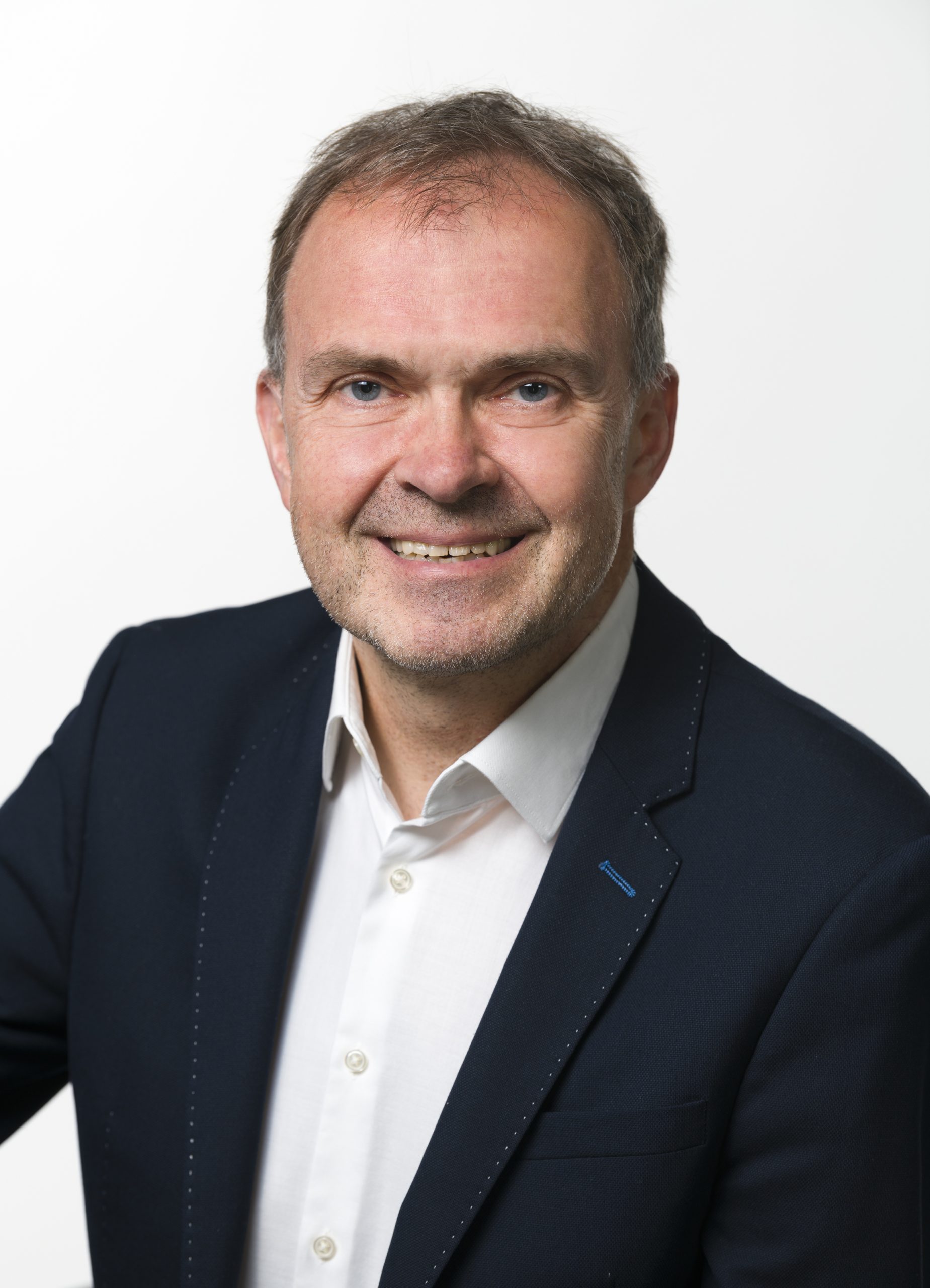
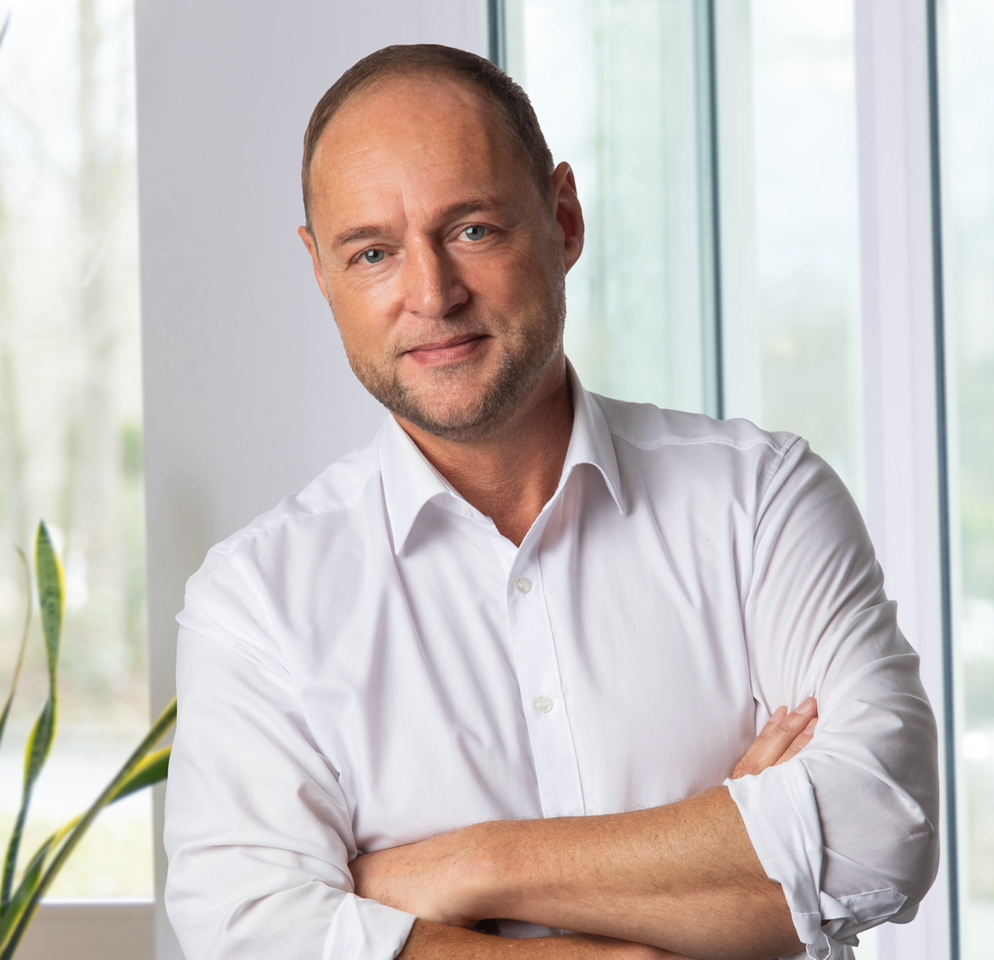
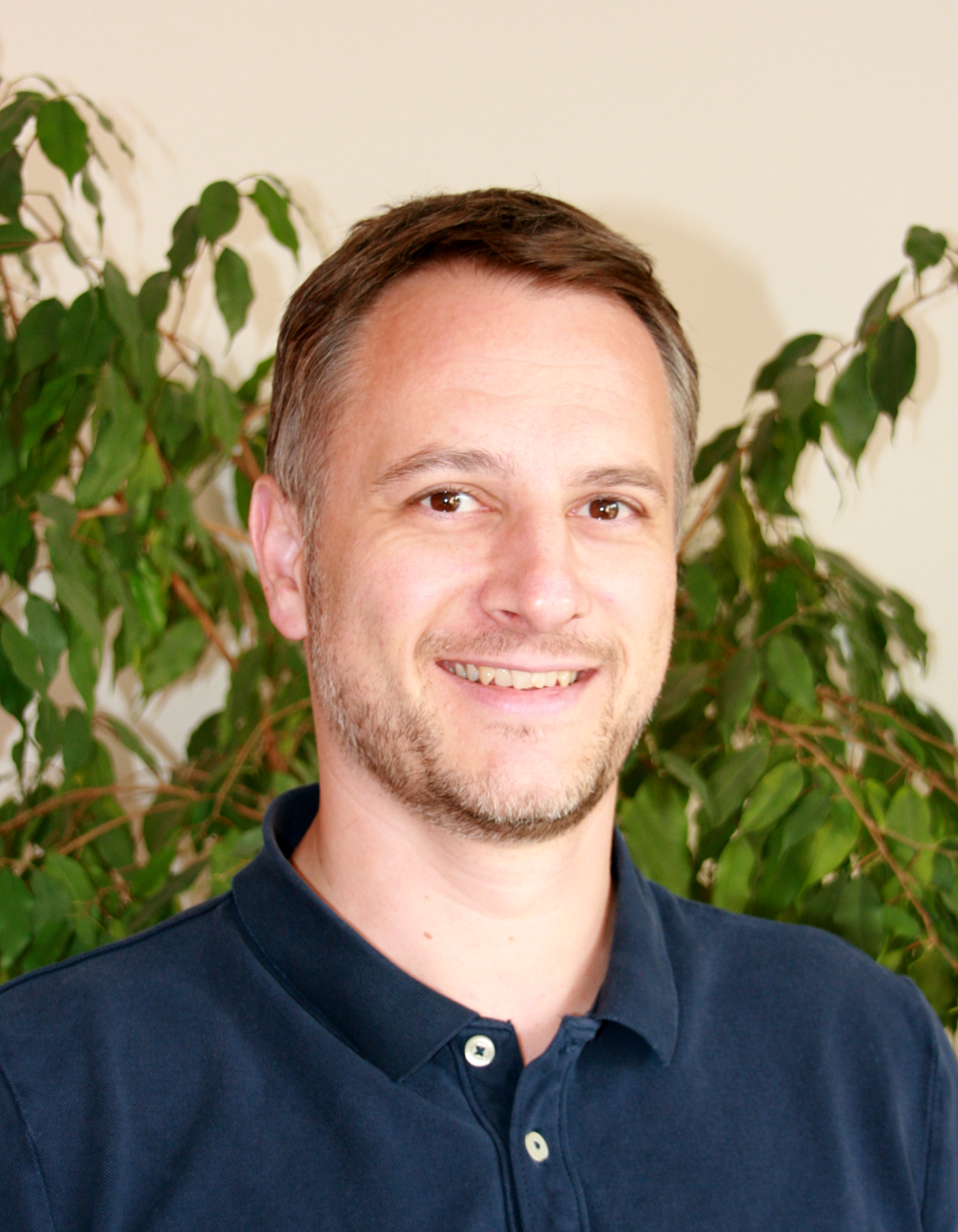
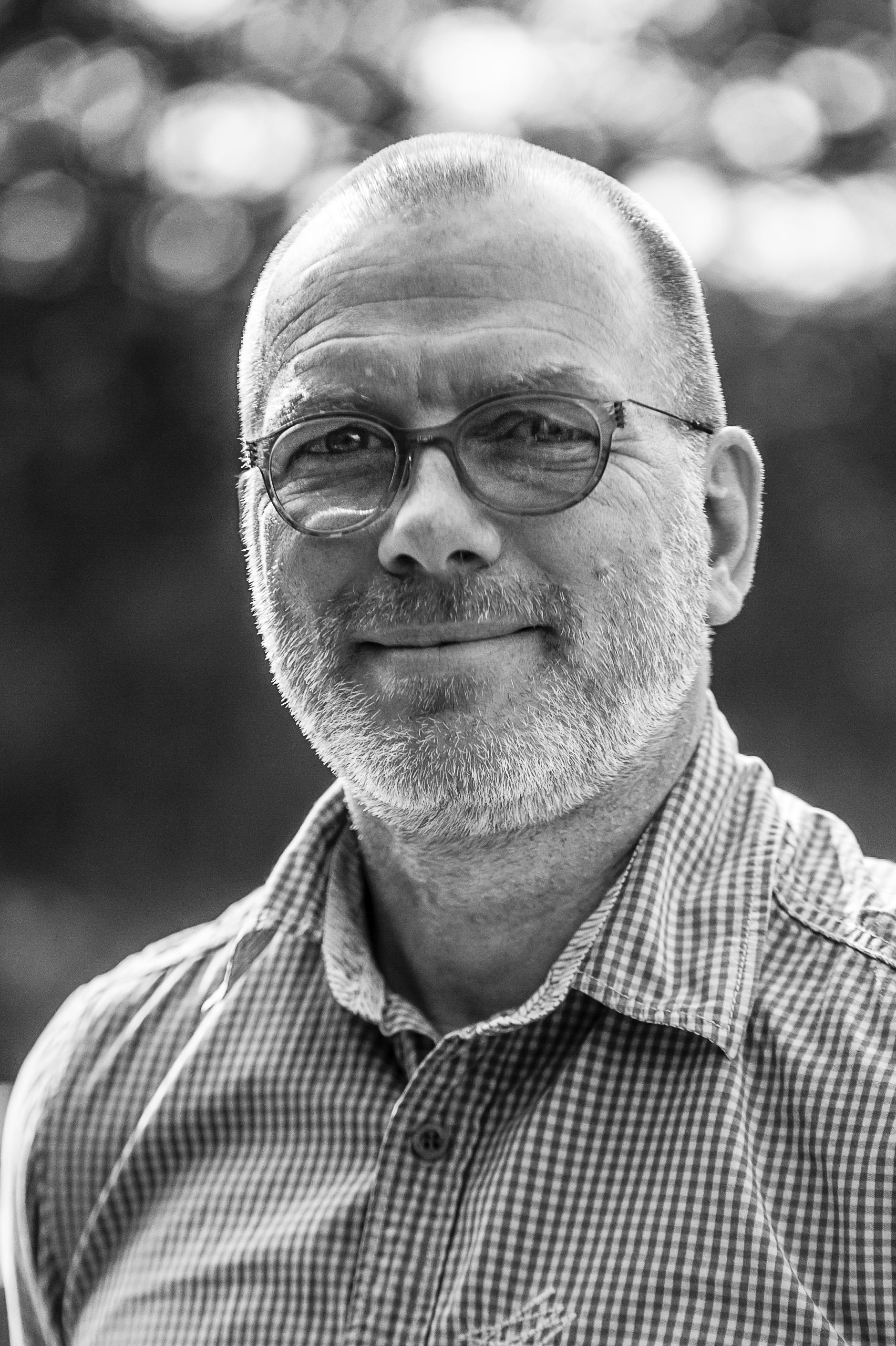
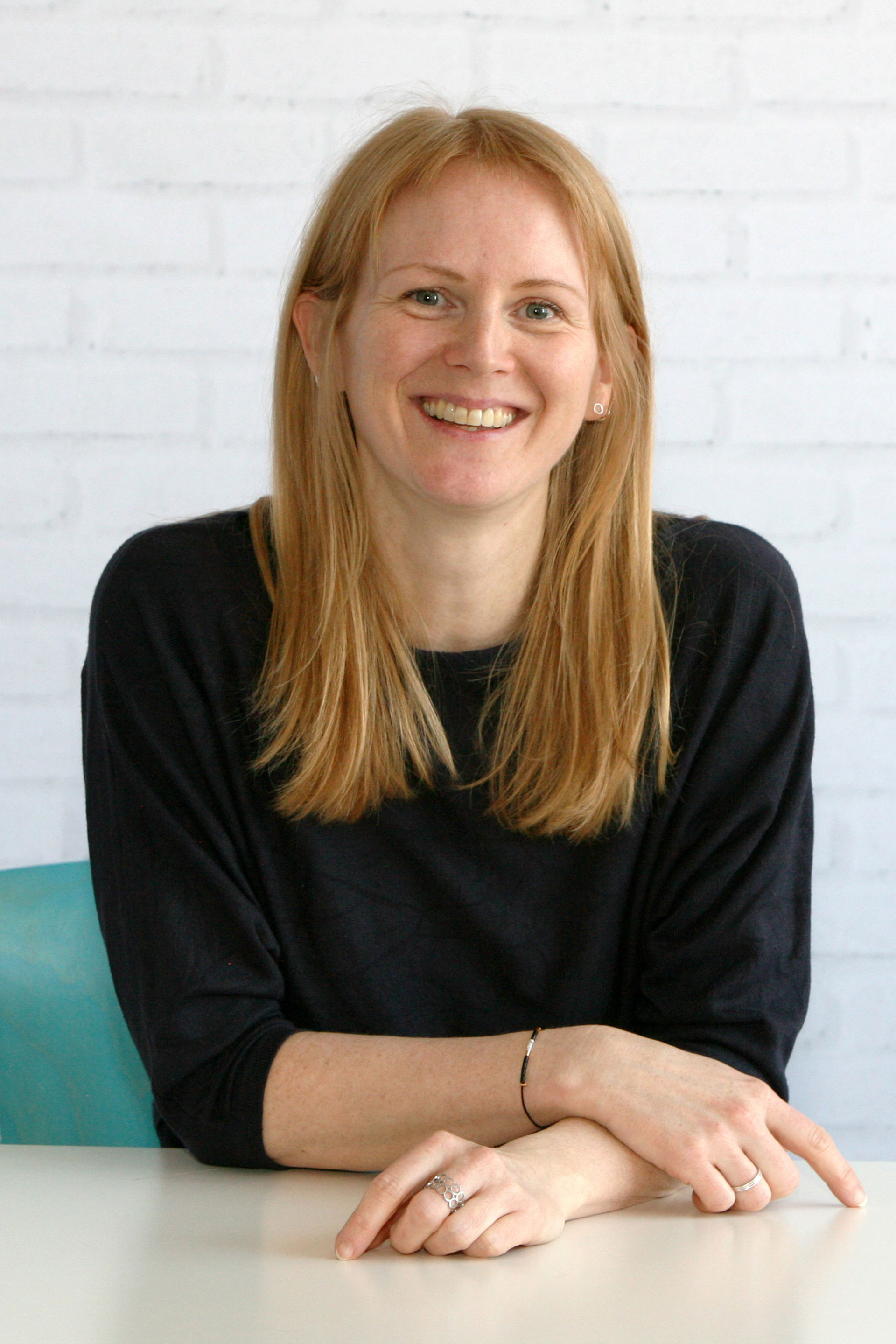
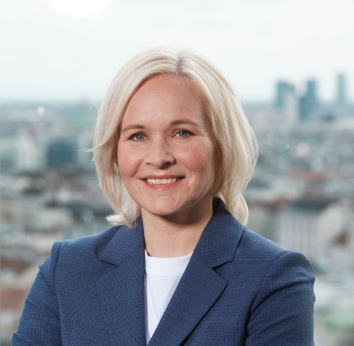
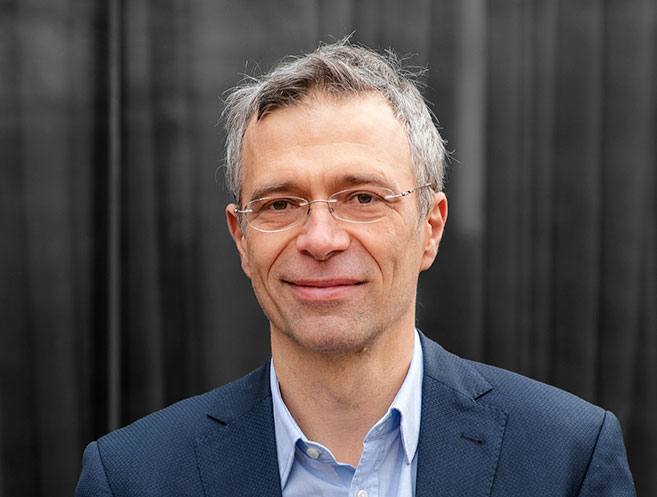
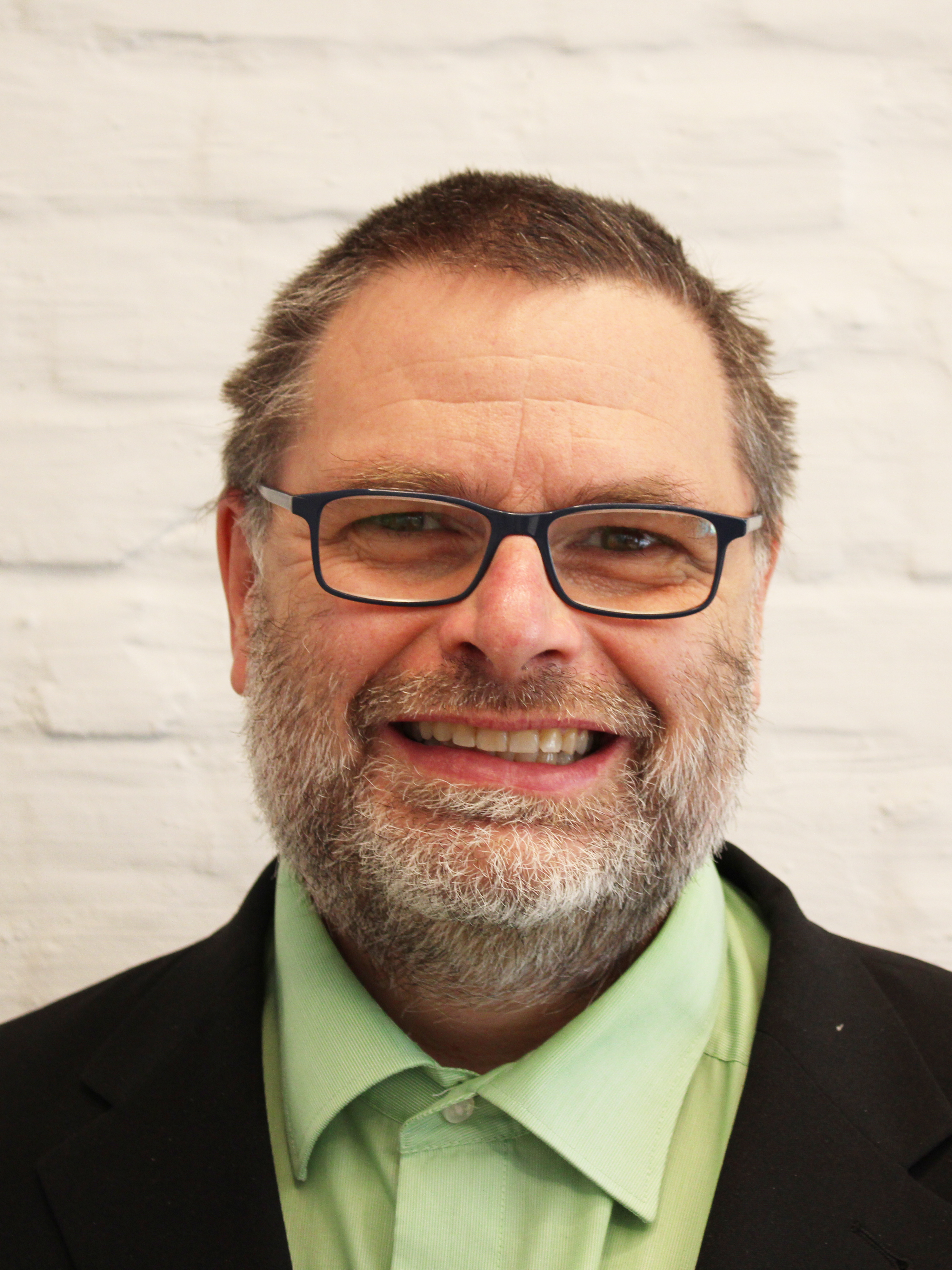
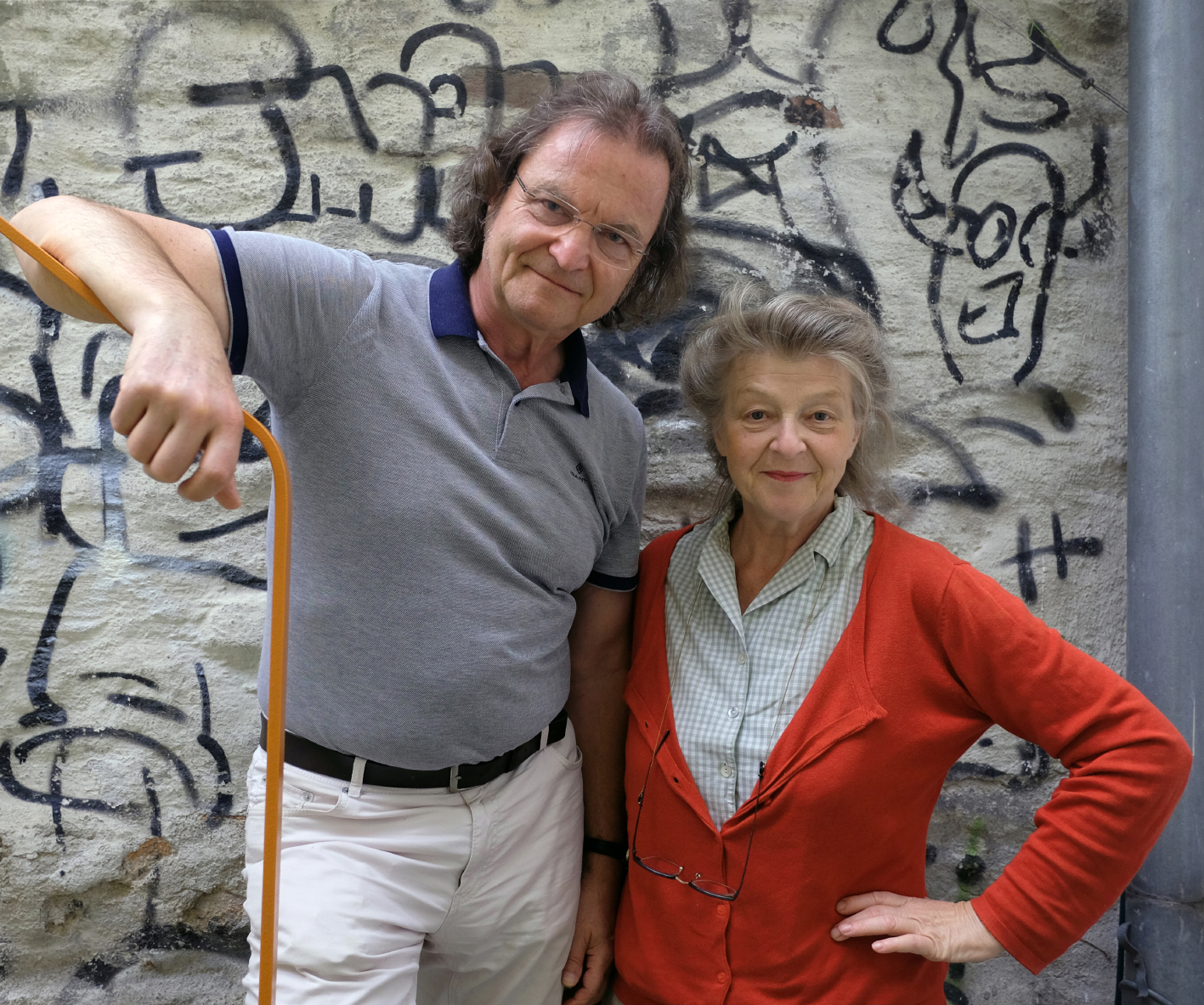
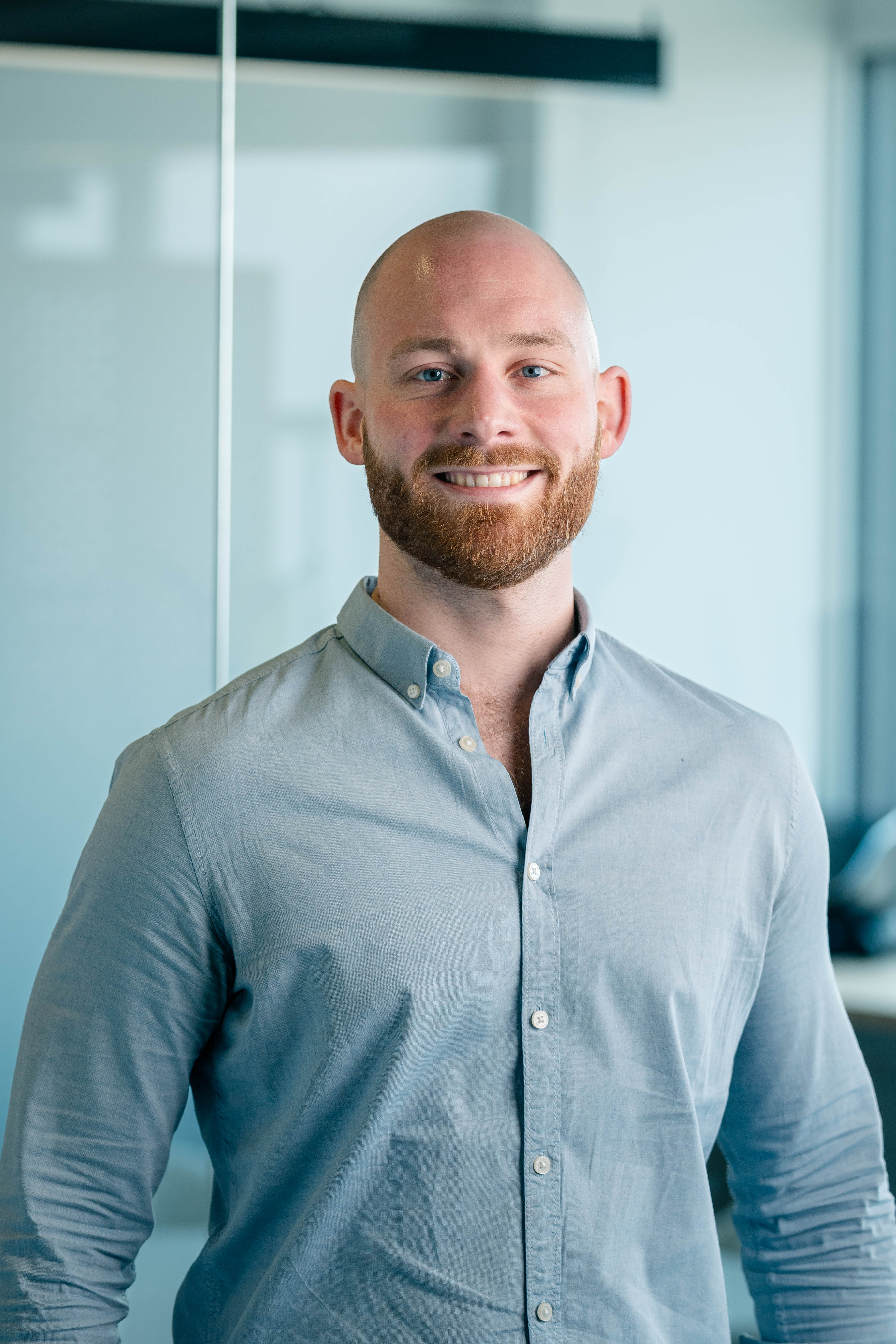
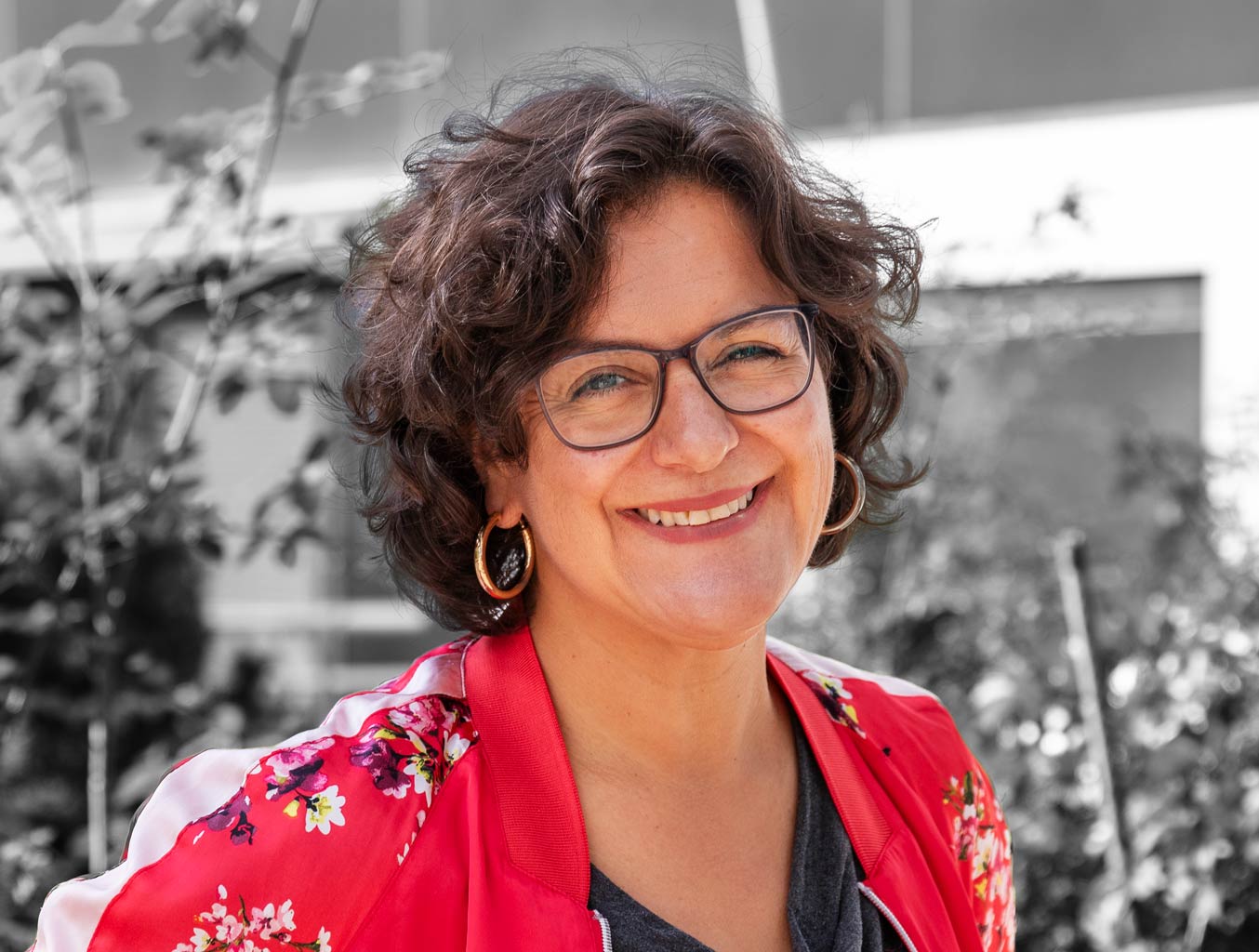
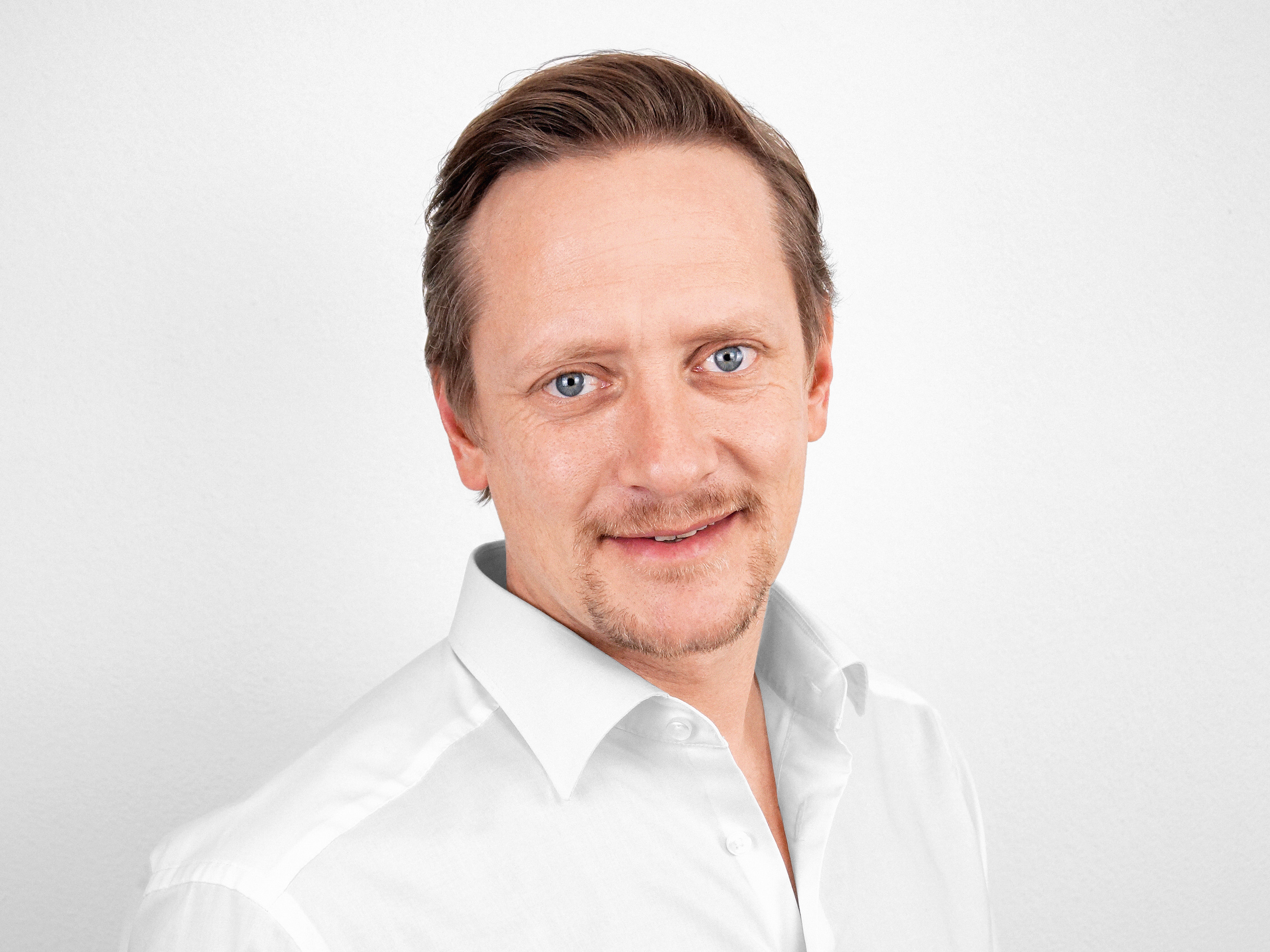
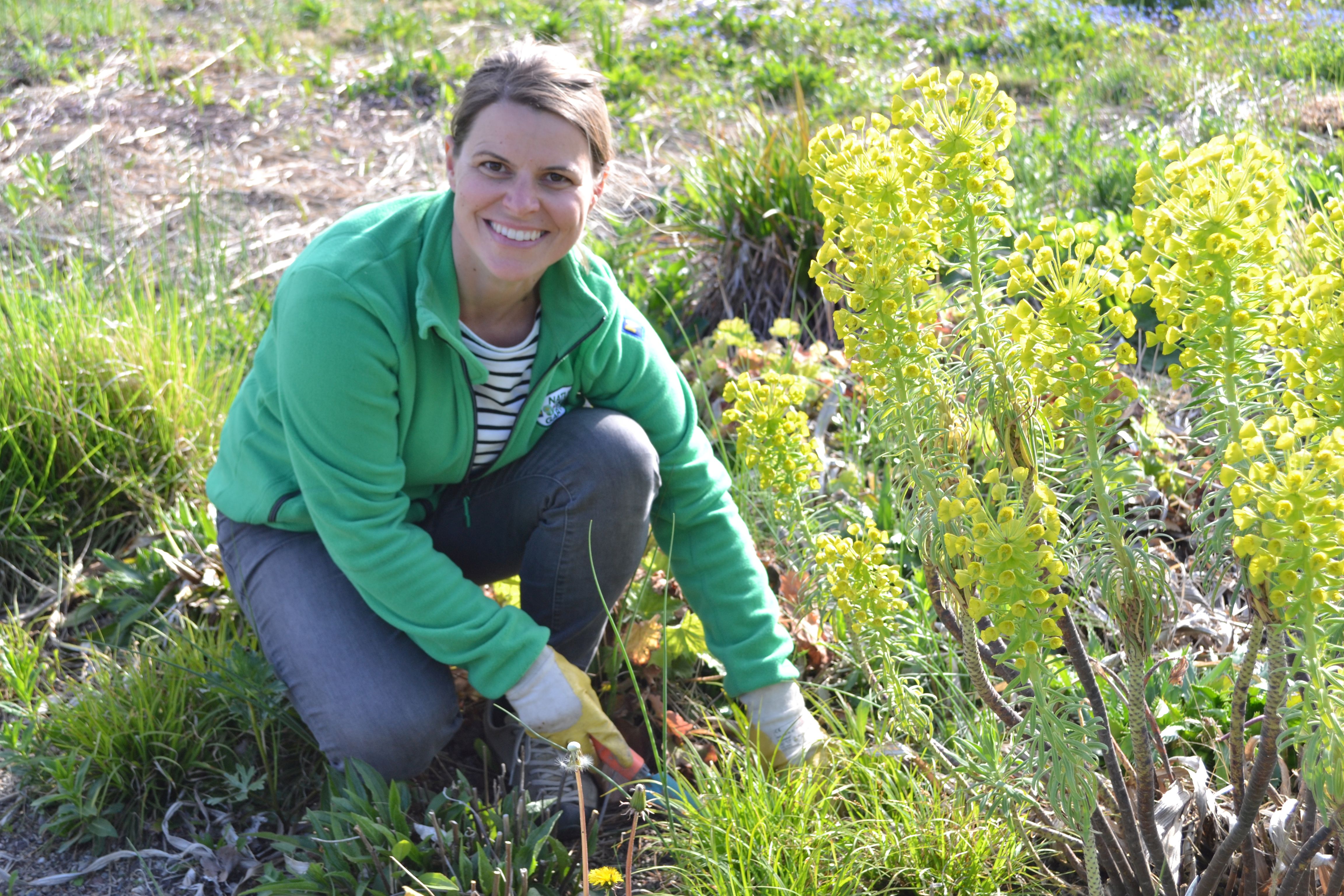
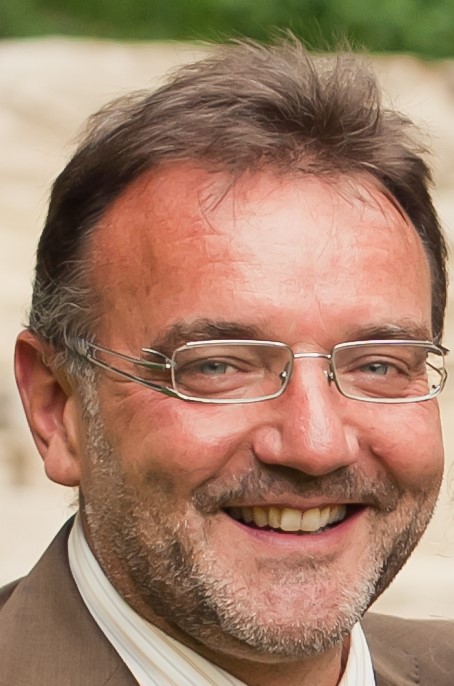
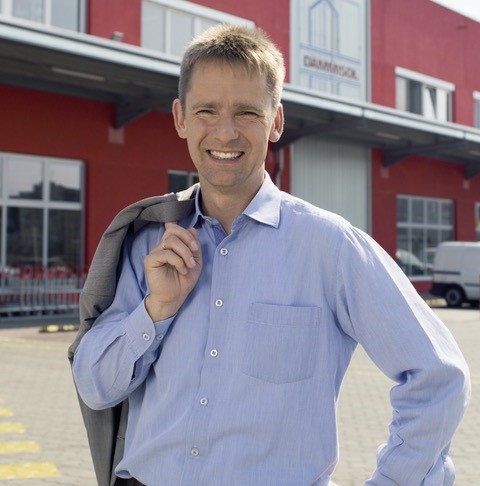
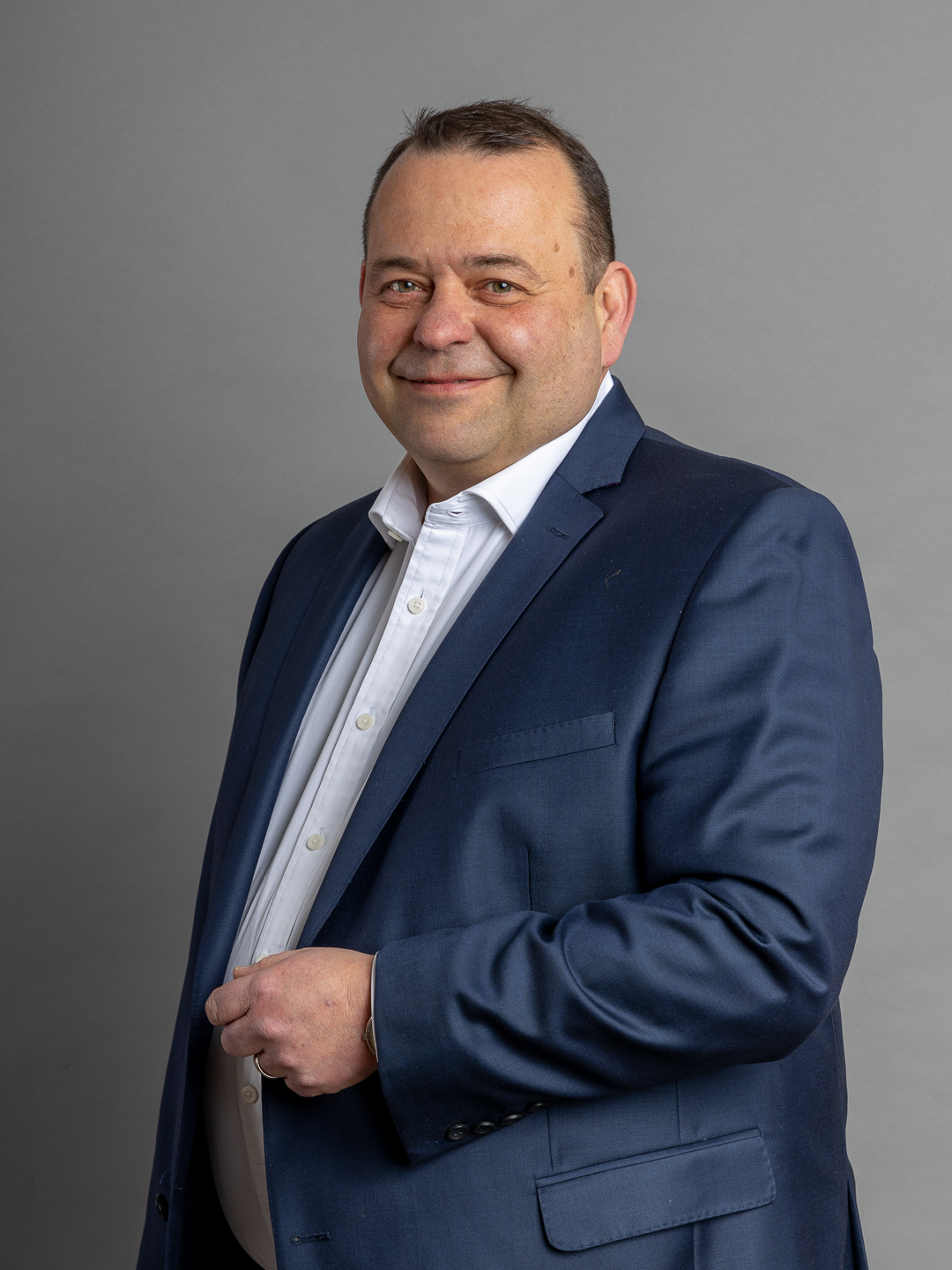
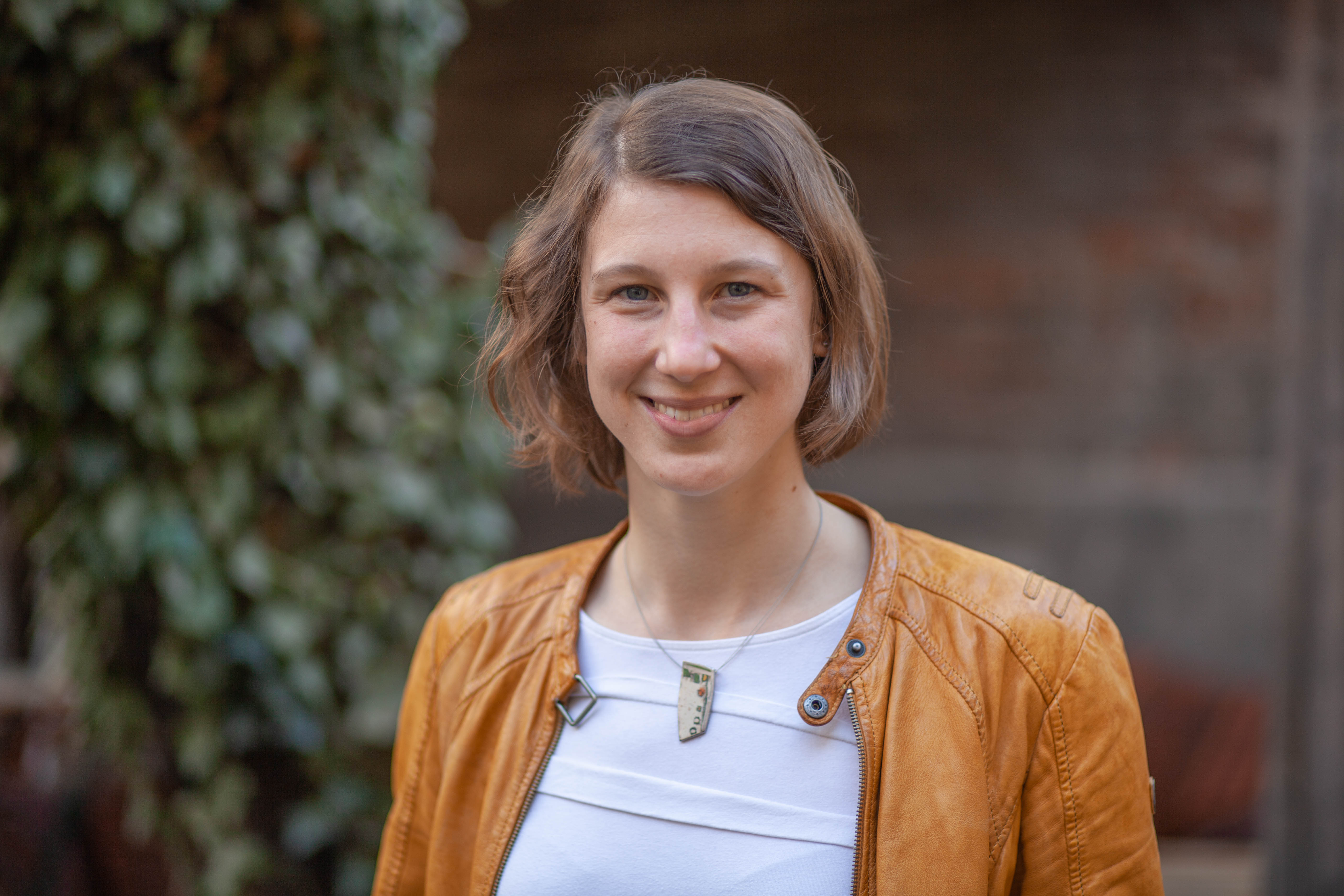
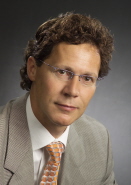
 Fabian Hasler.jpg)
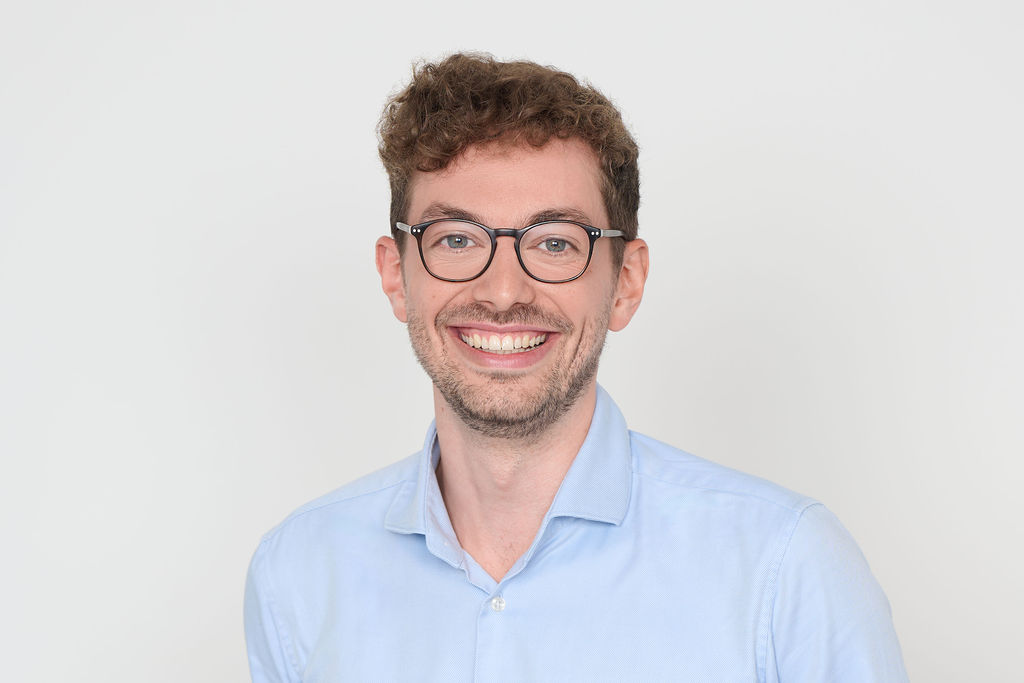
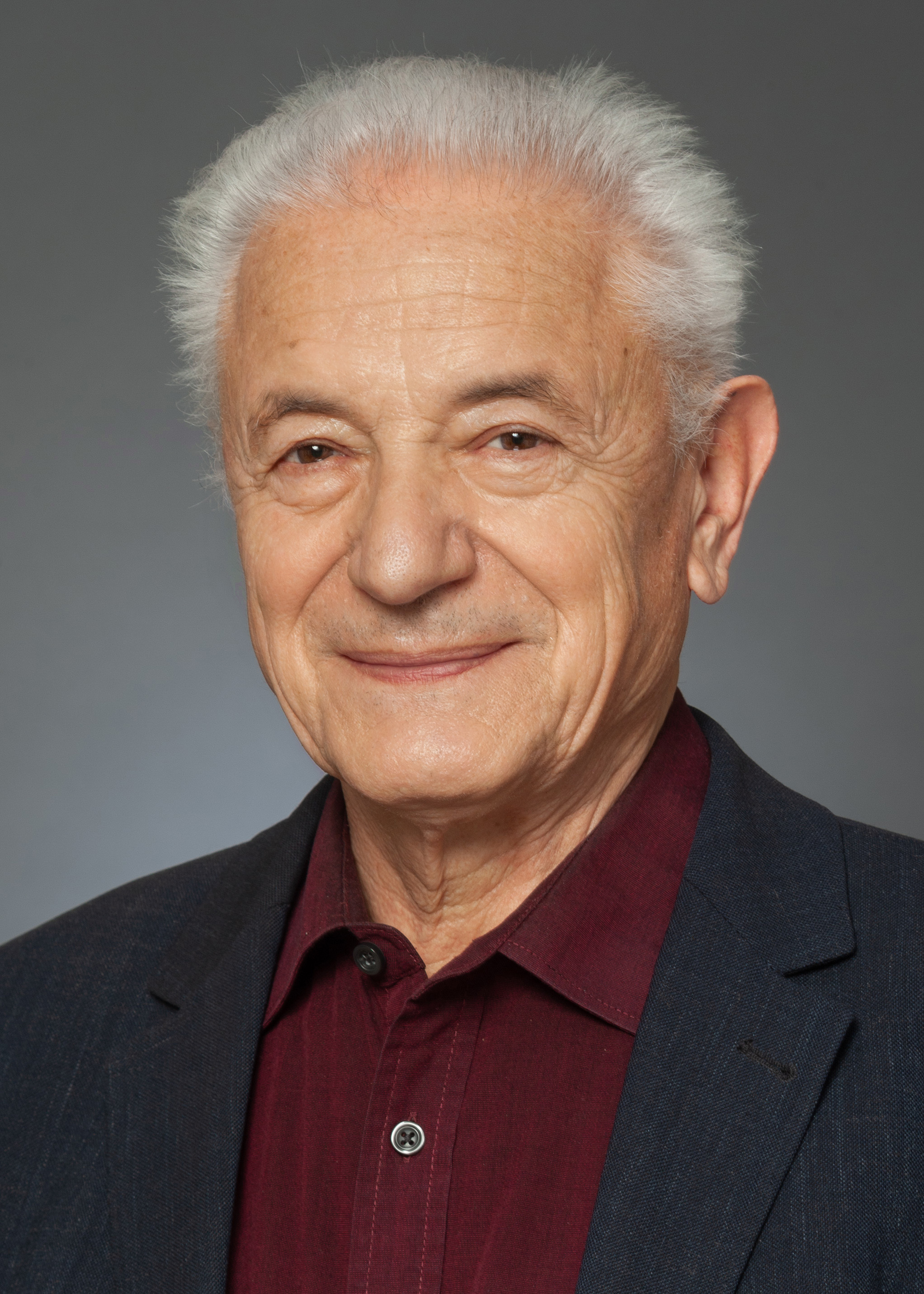
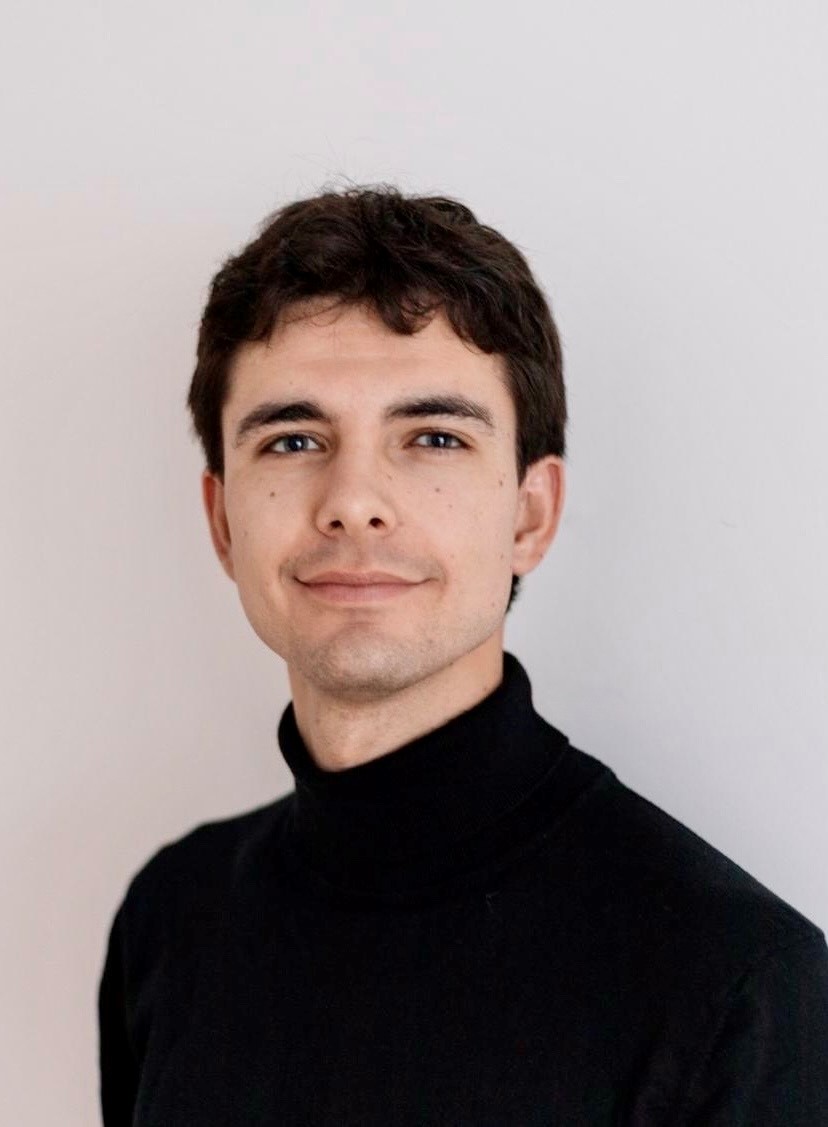

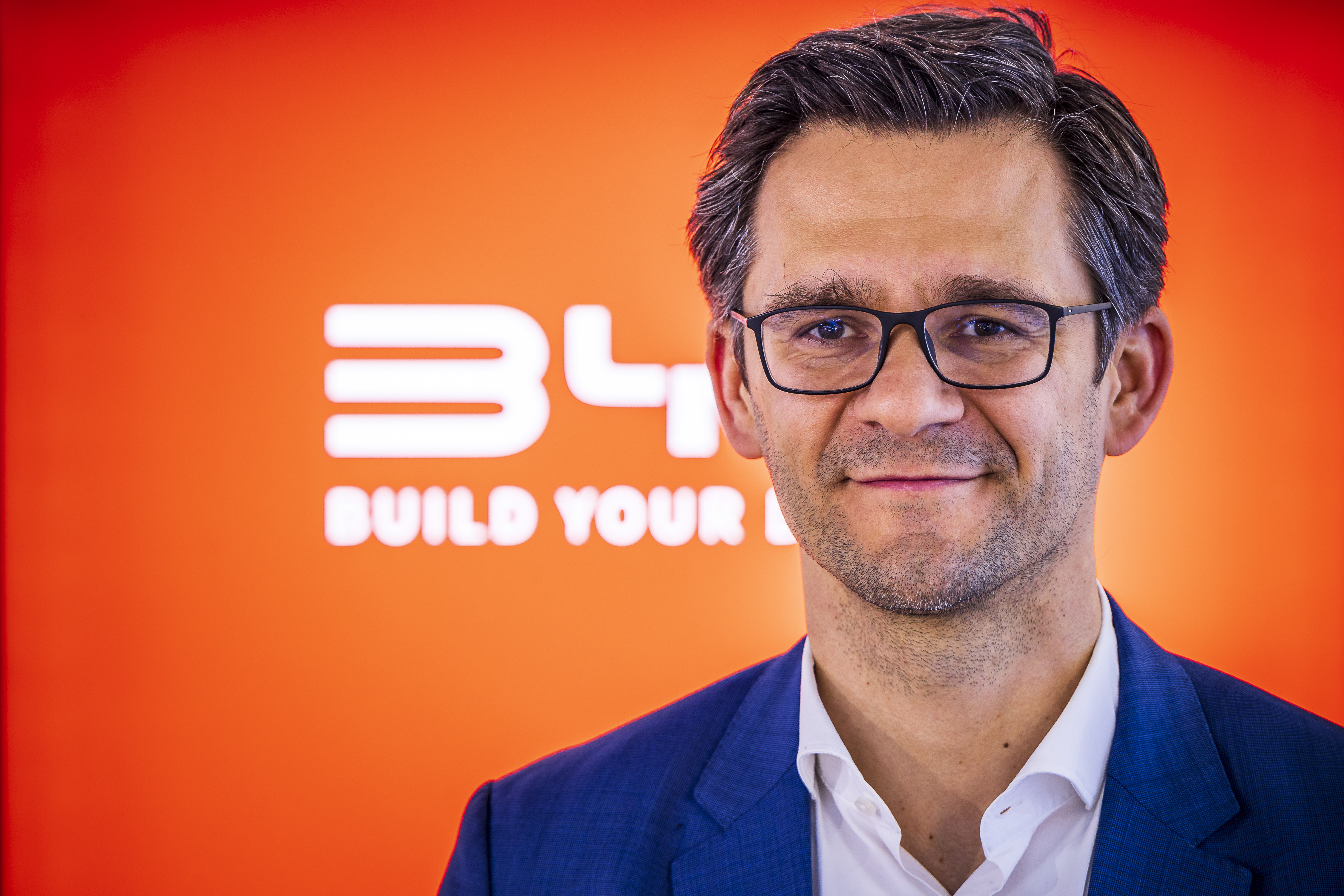
 VCOE Rita Newman_klein.jpg)

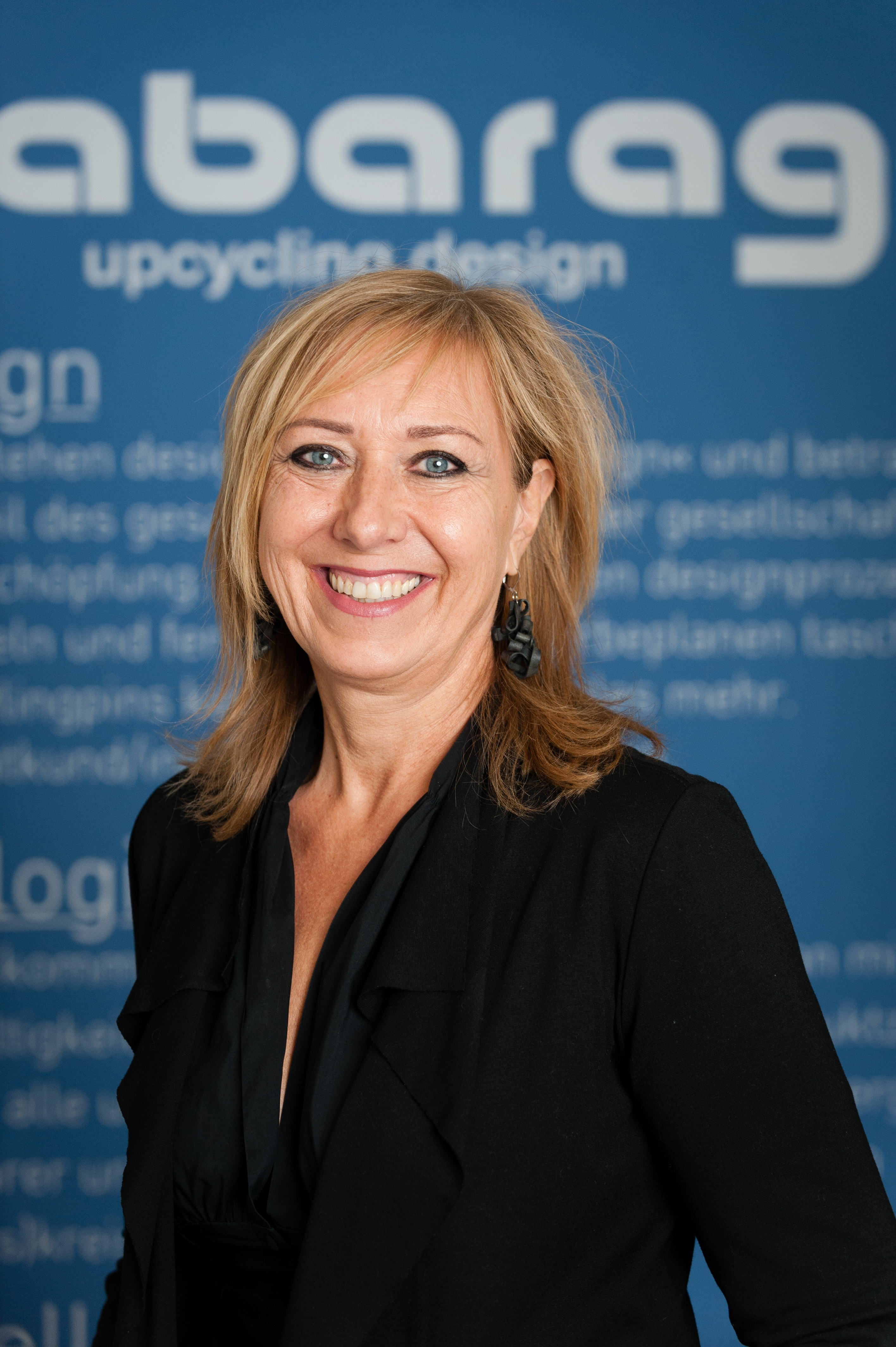
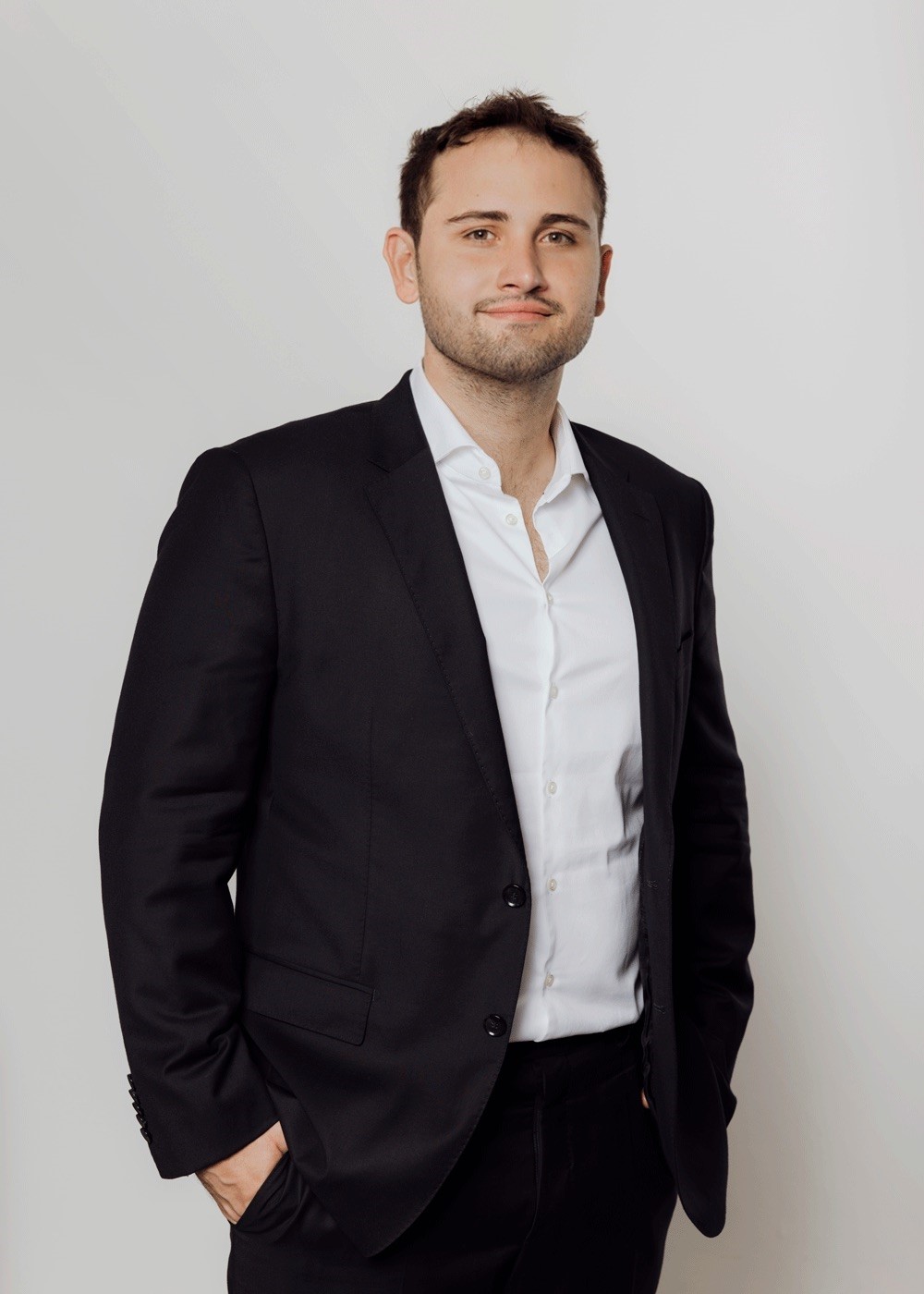
Manela Schauer.jpg)


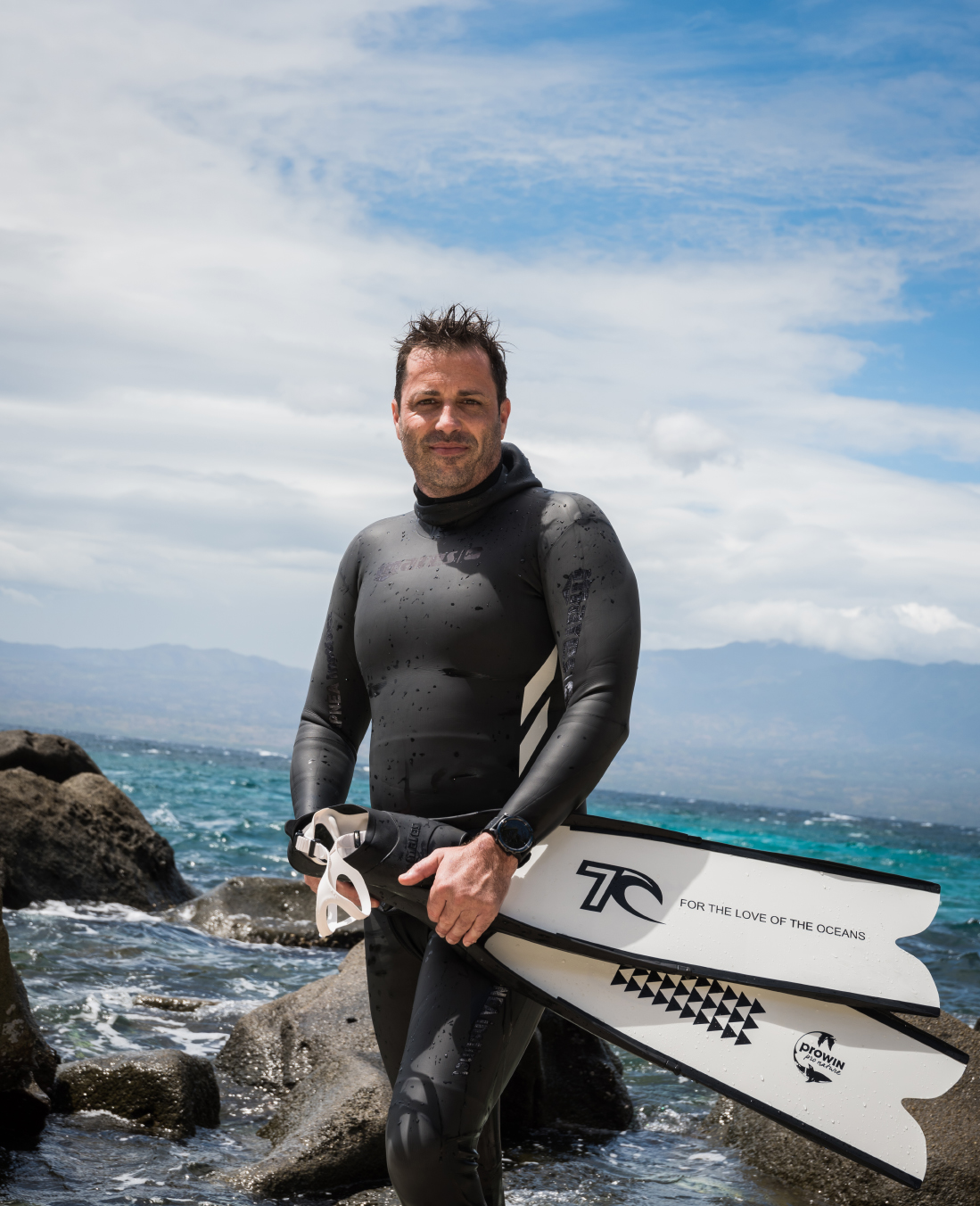
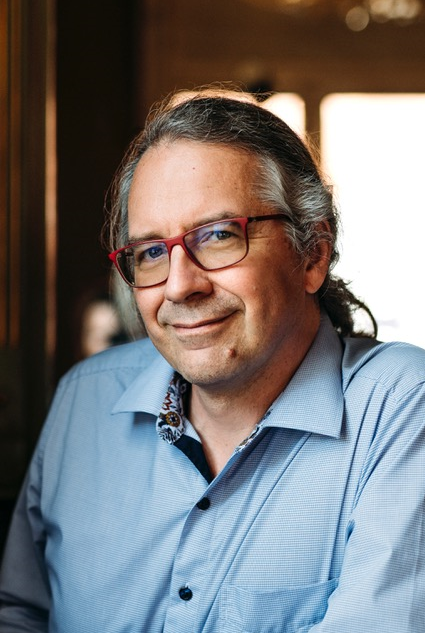
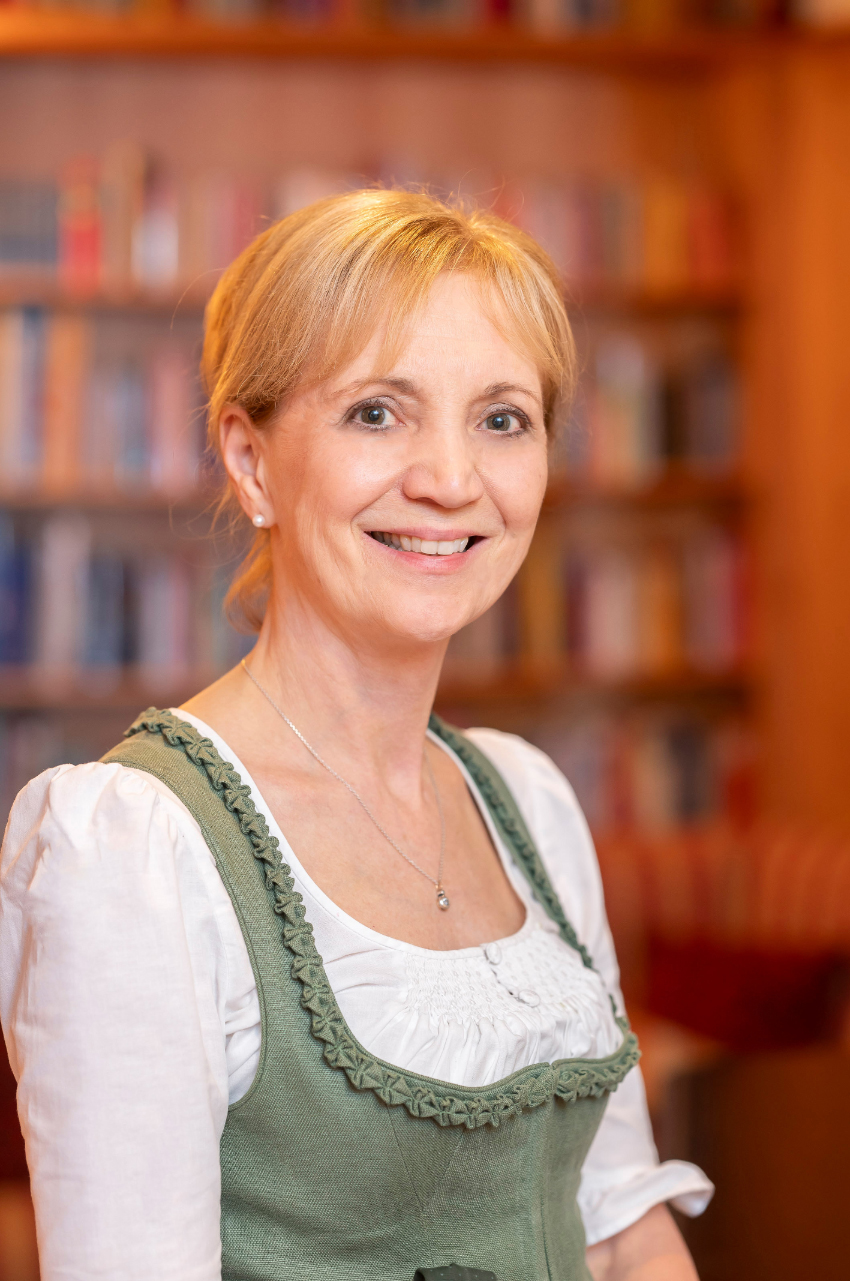
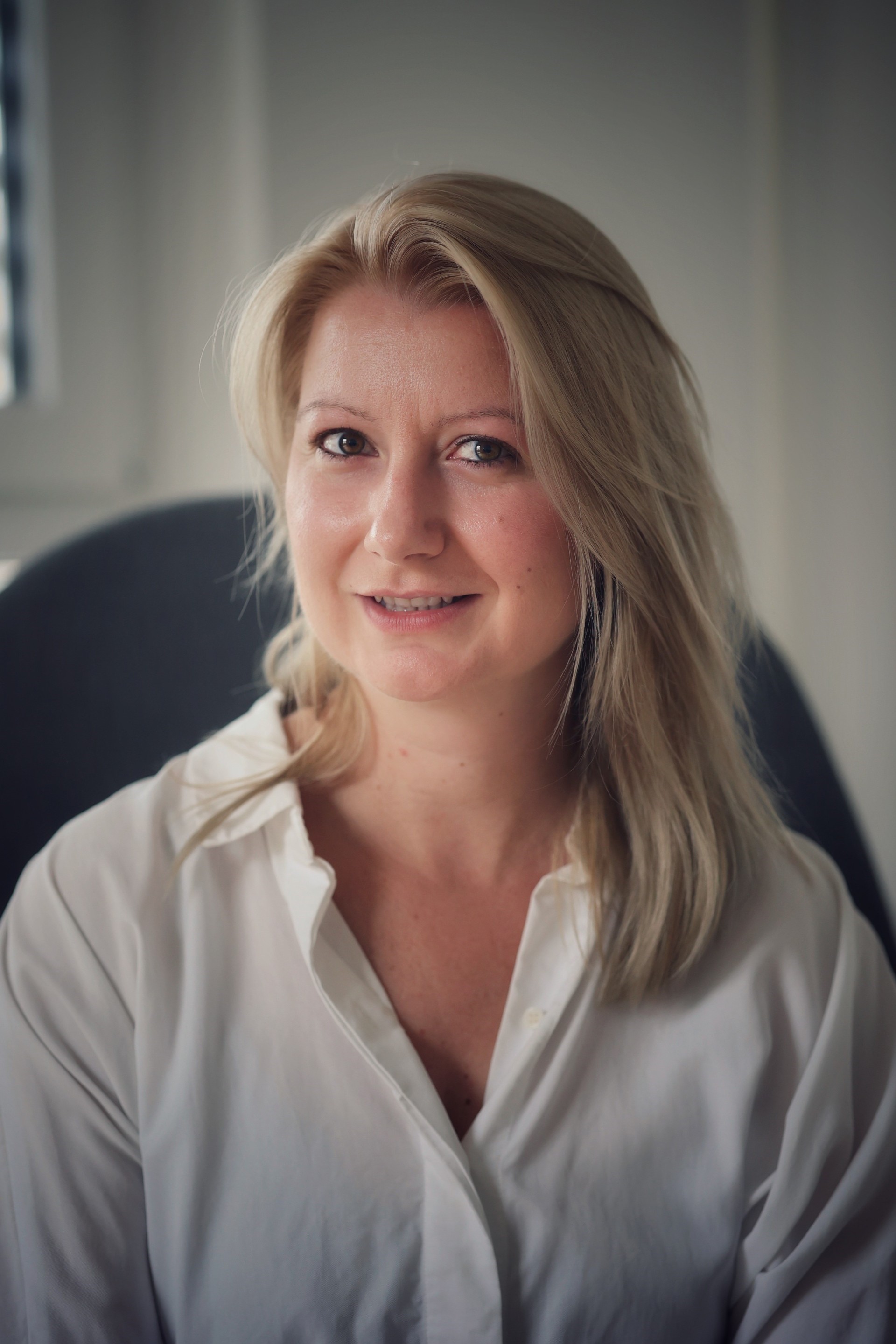
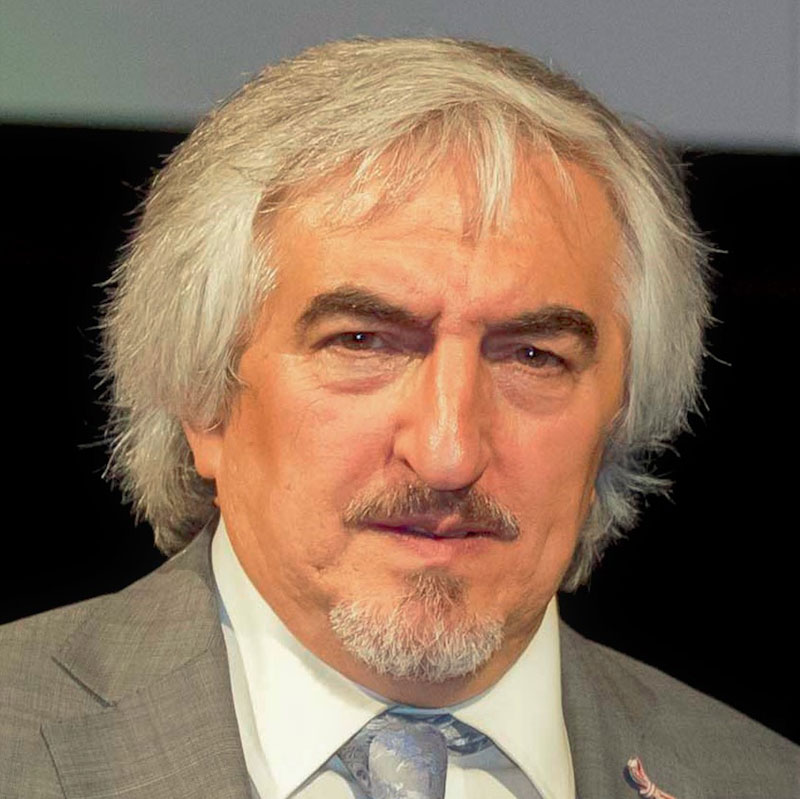
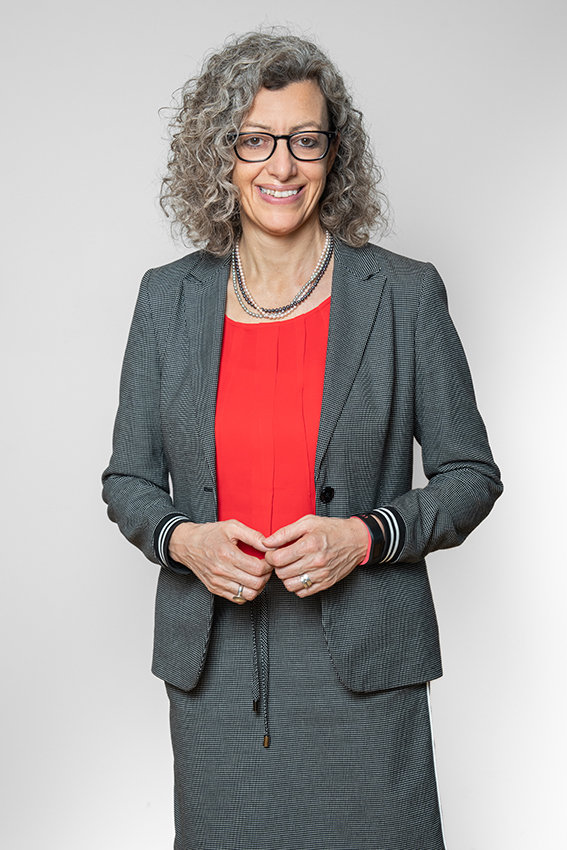
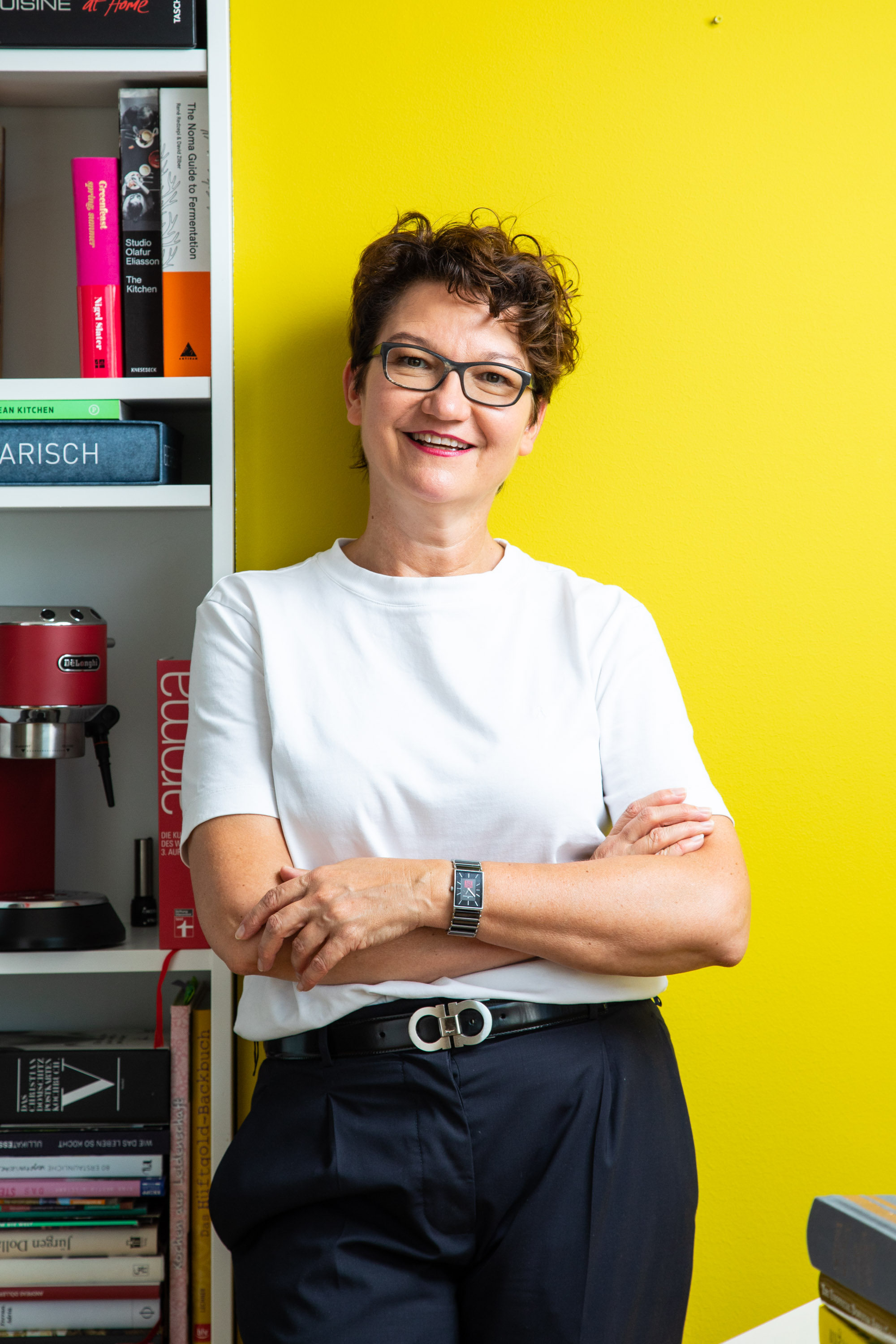
AndiBruckner.jpg)
